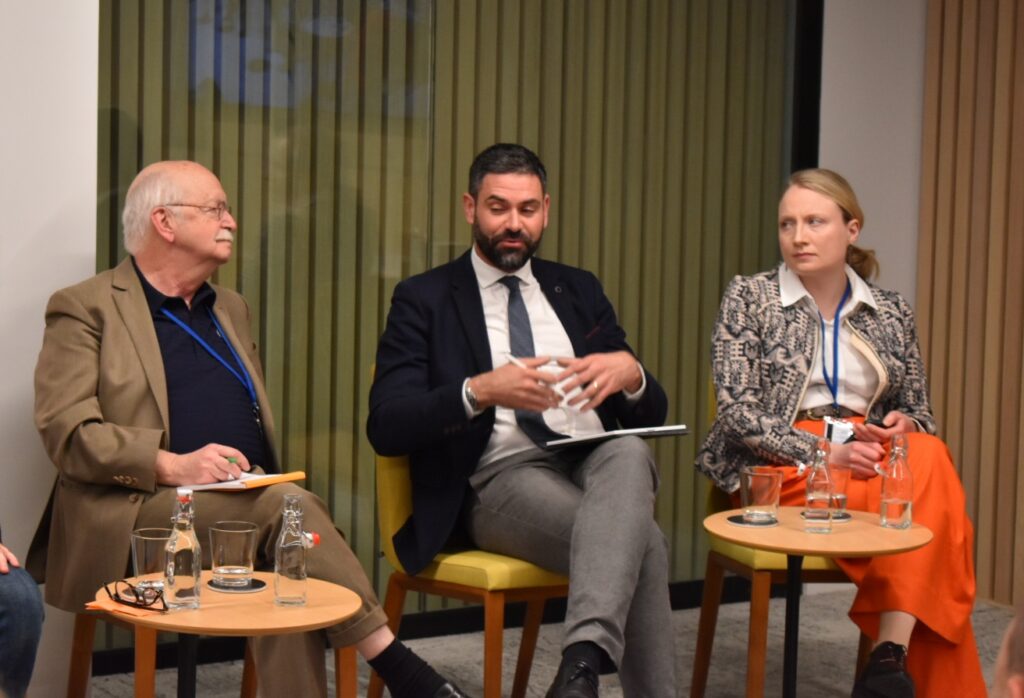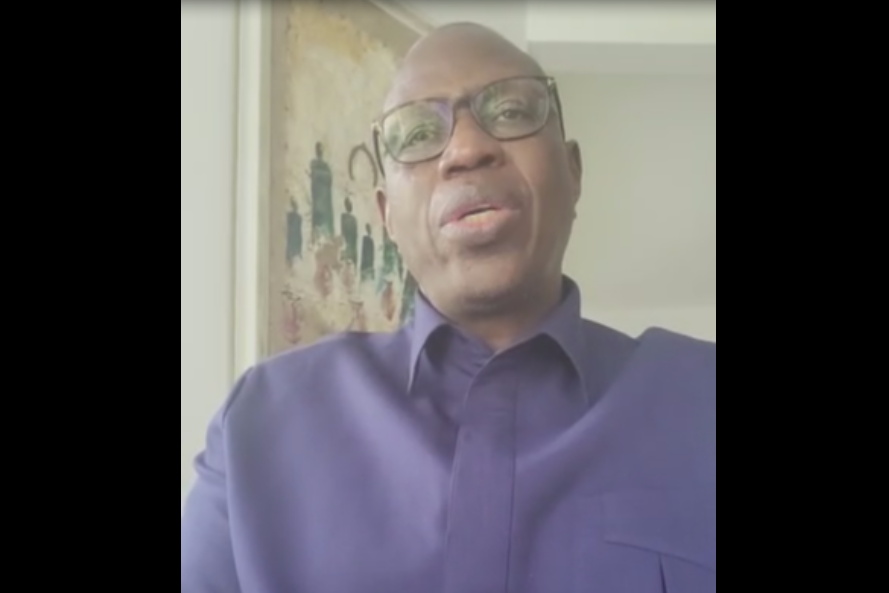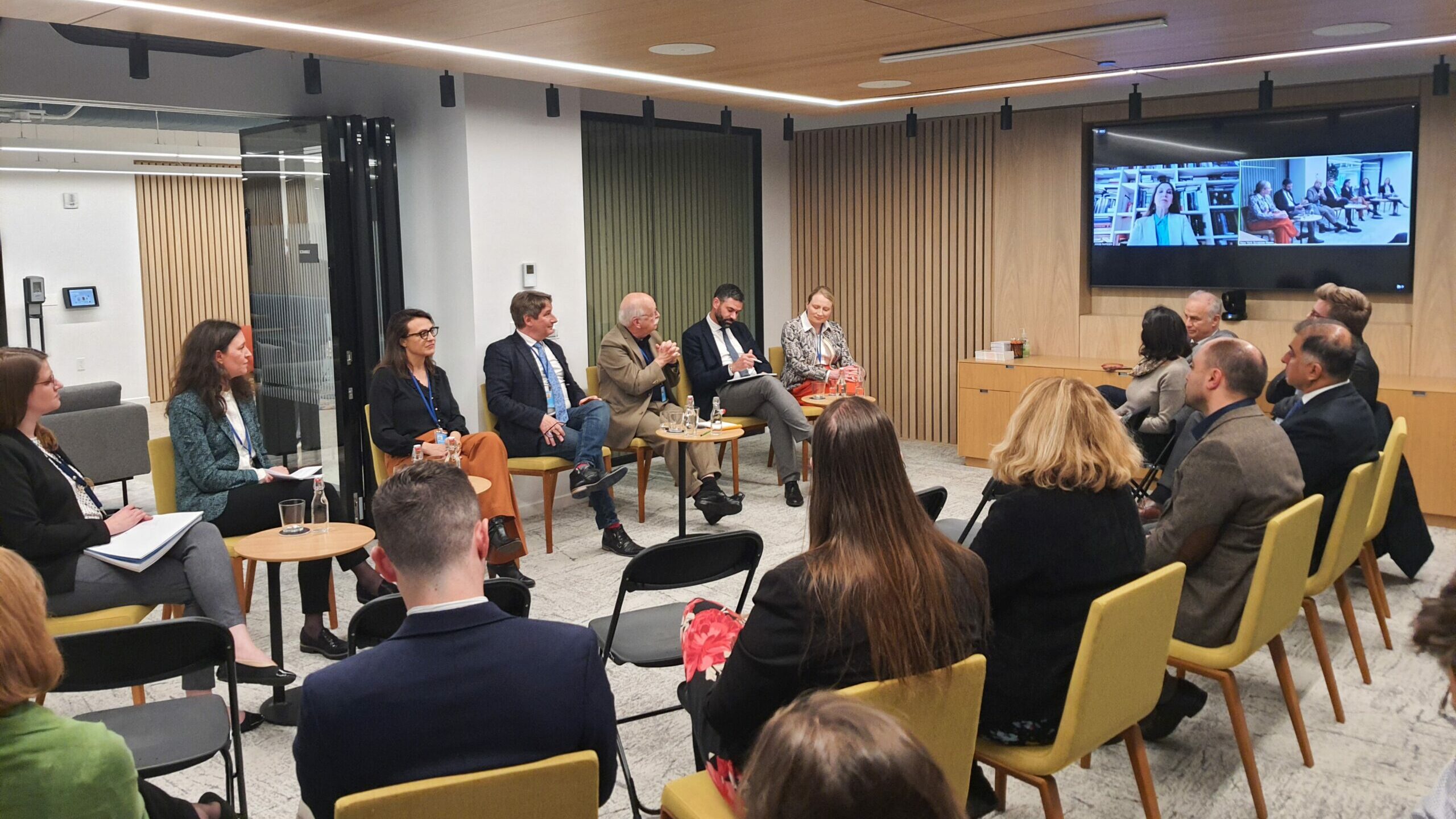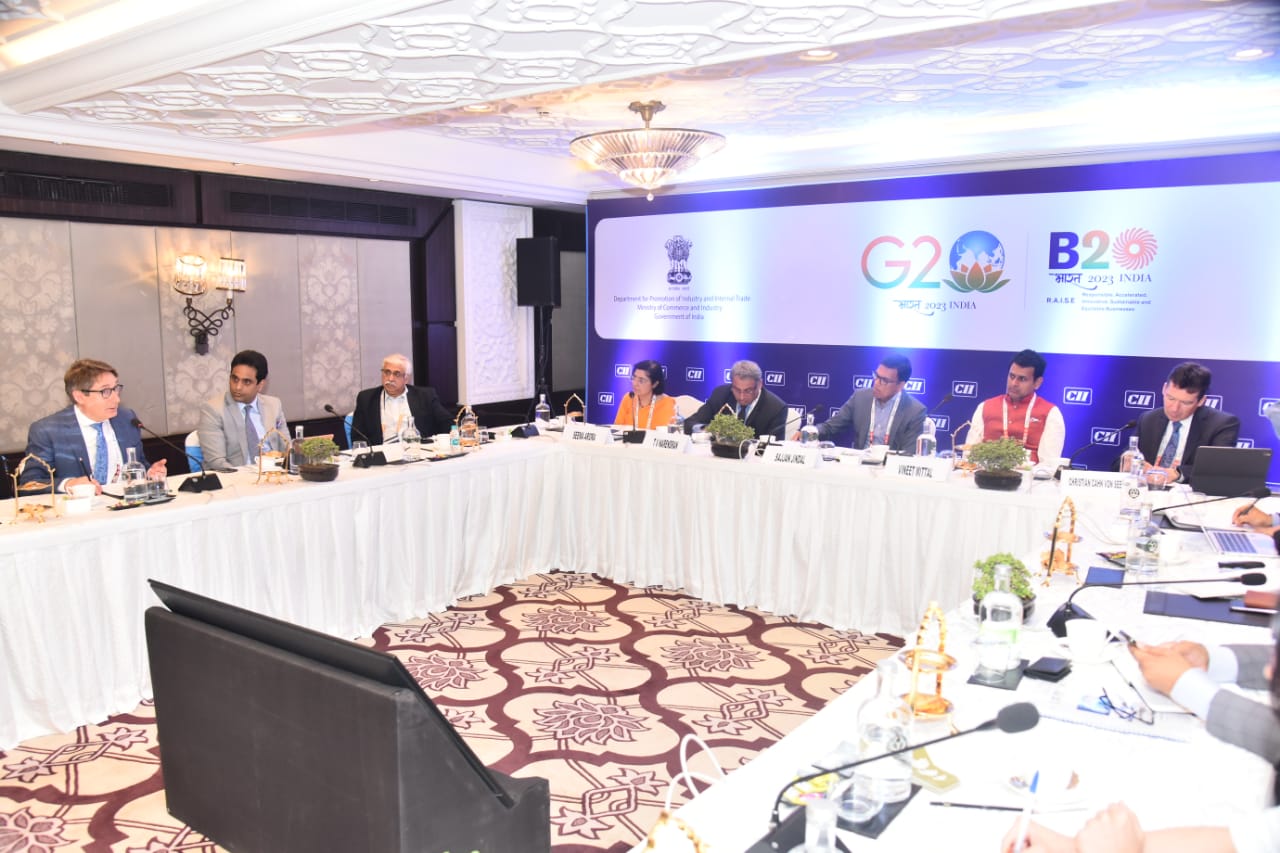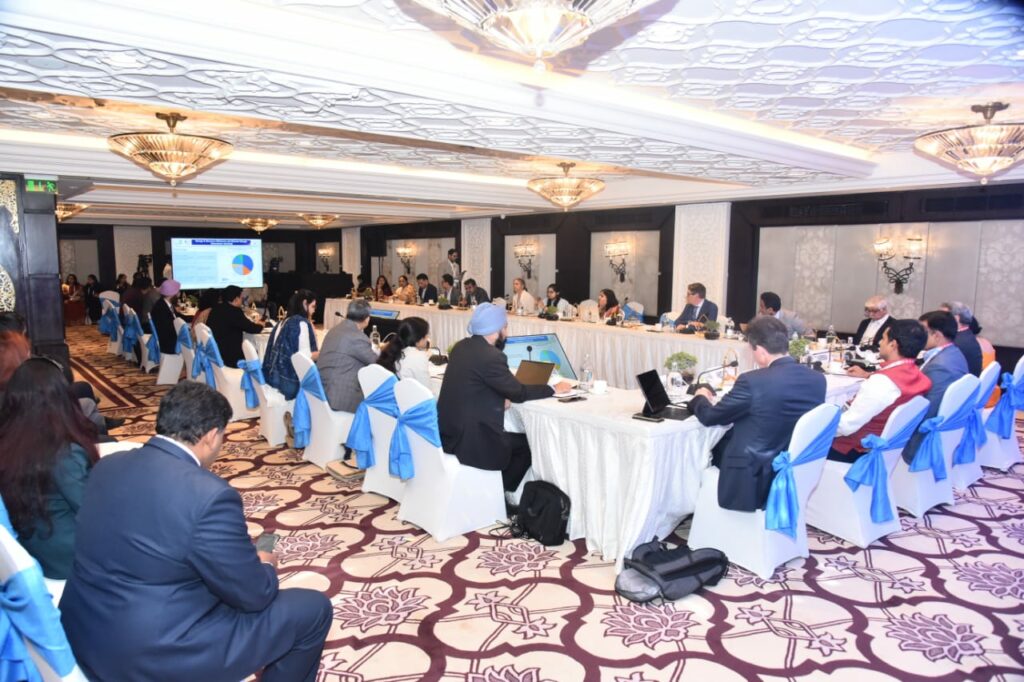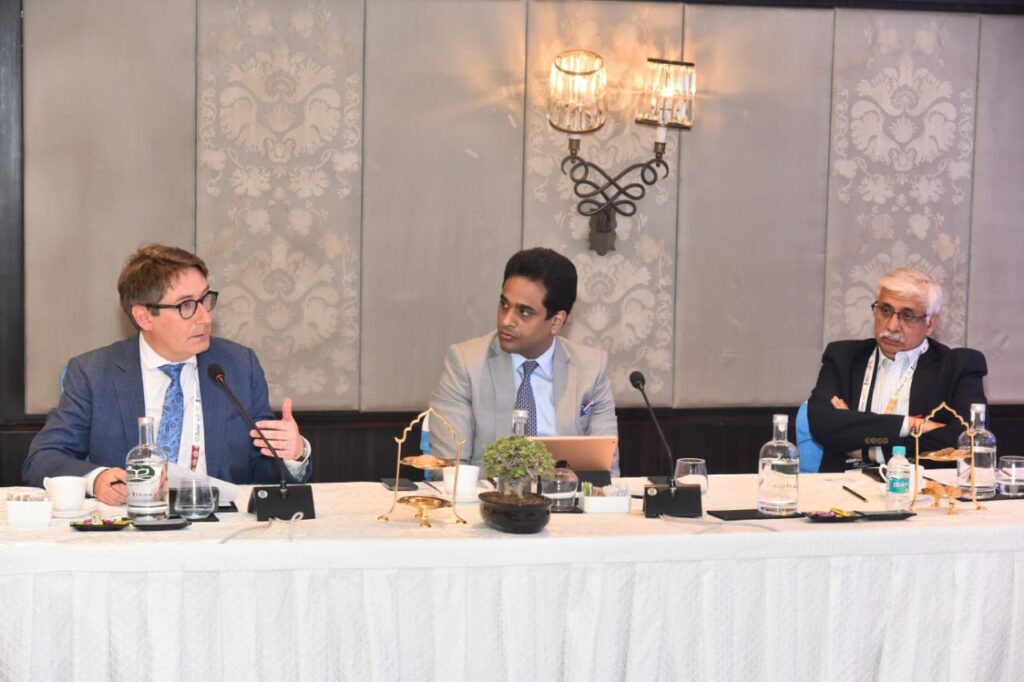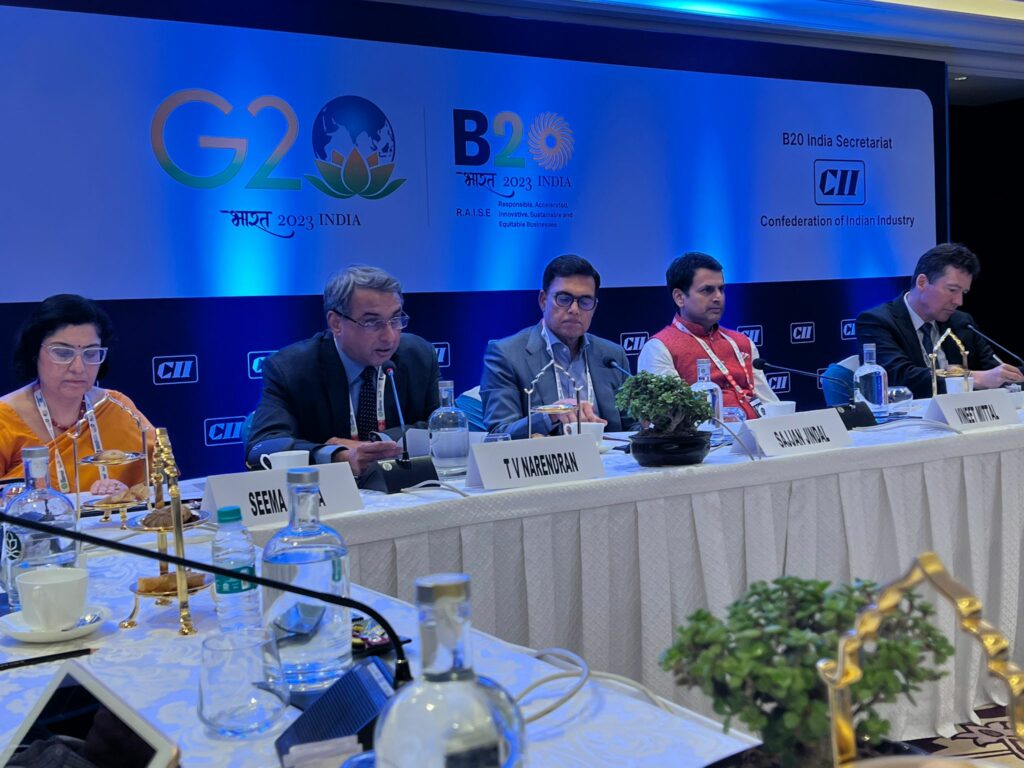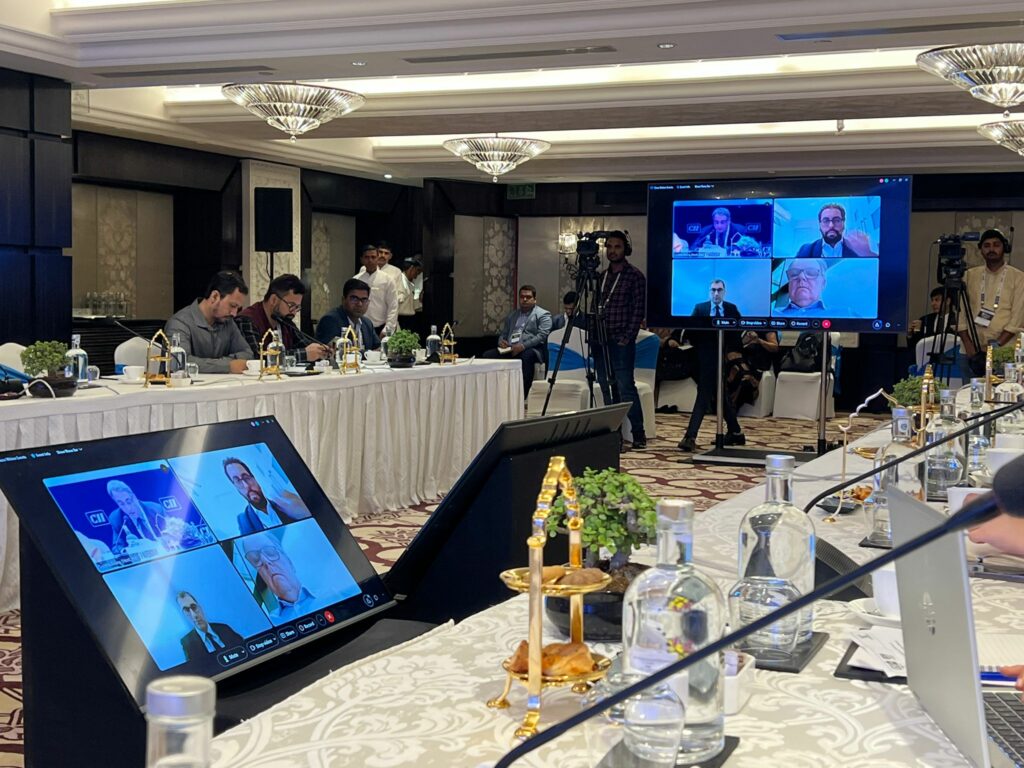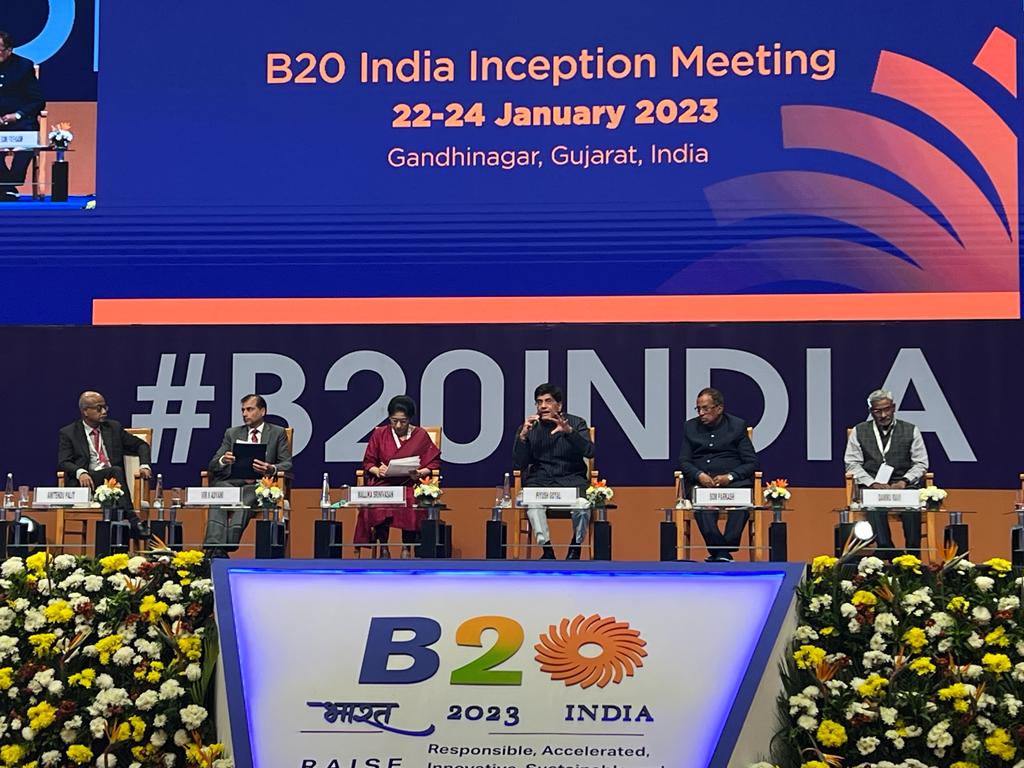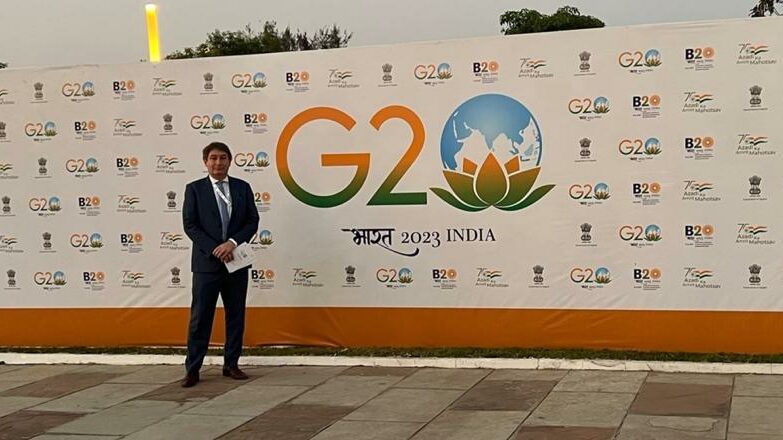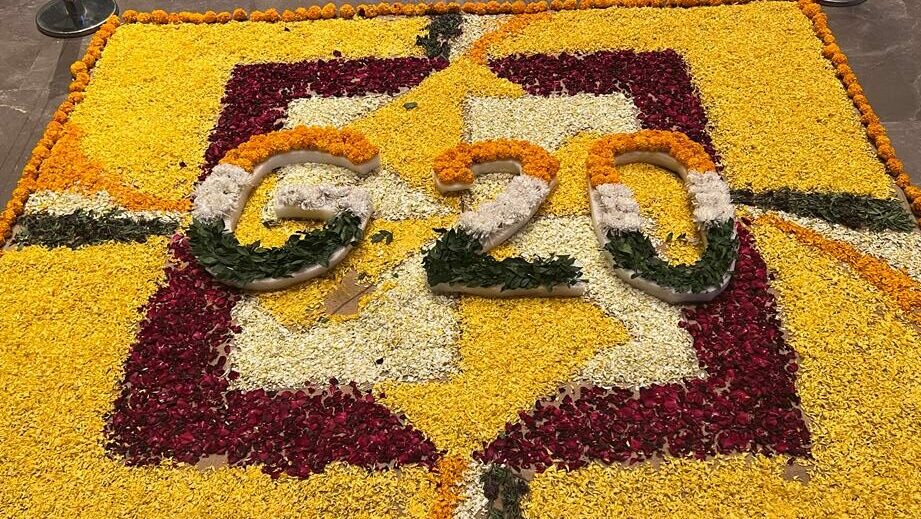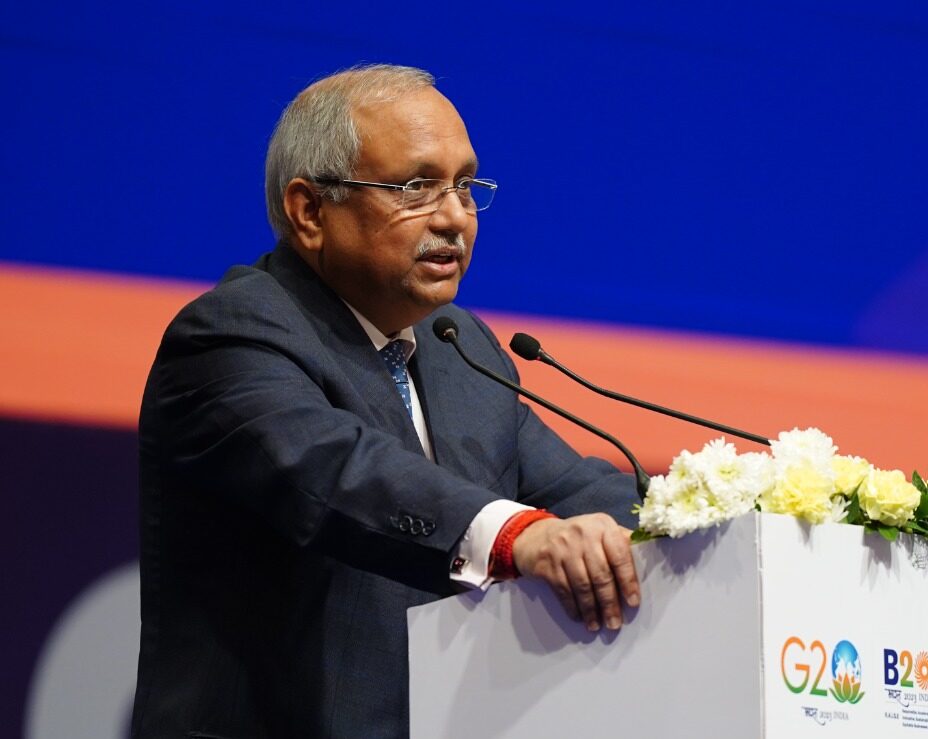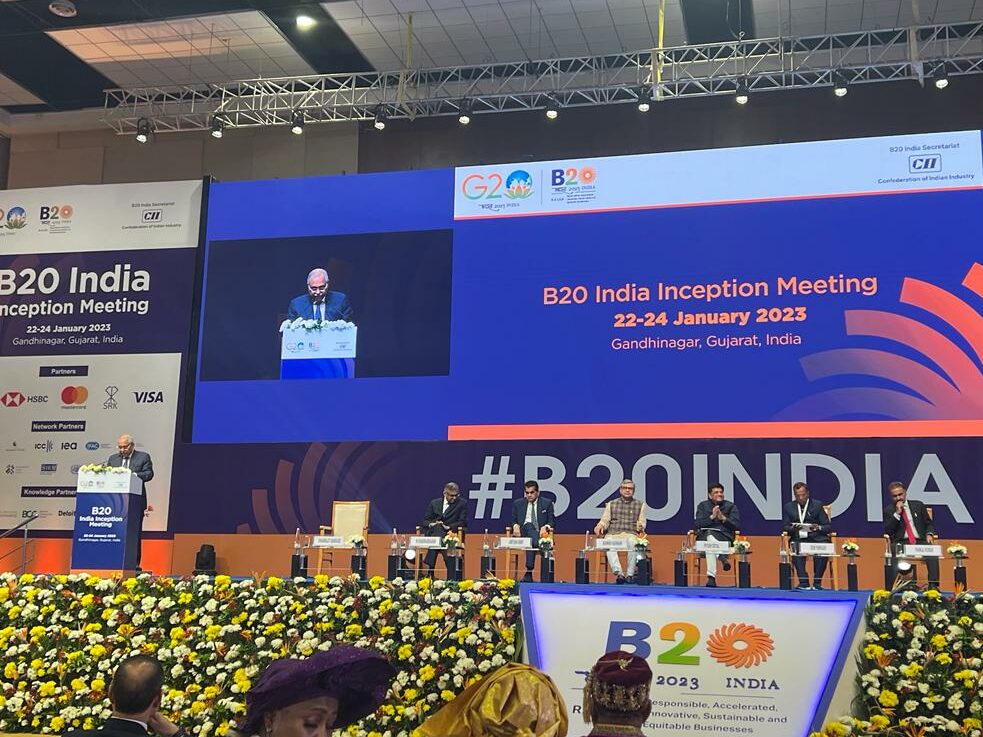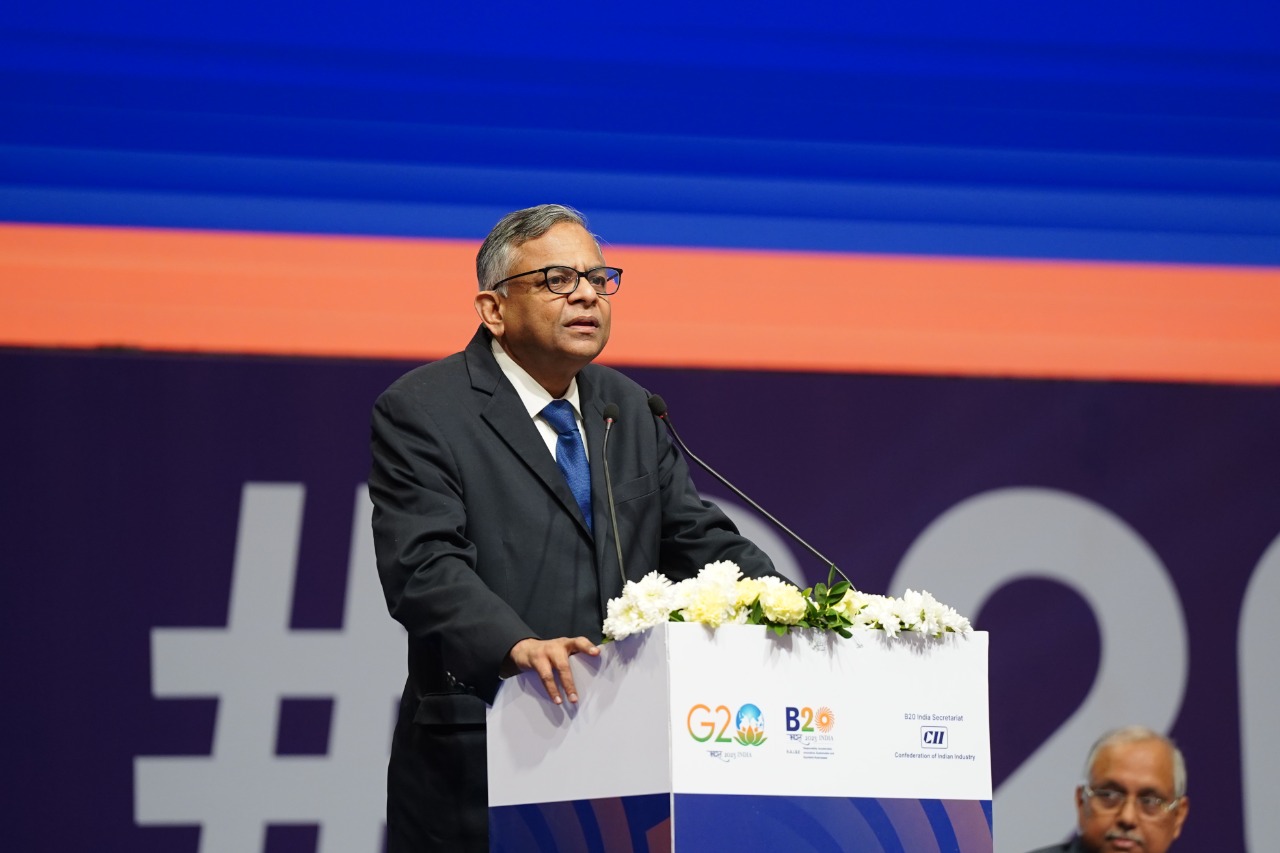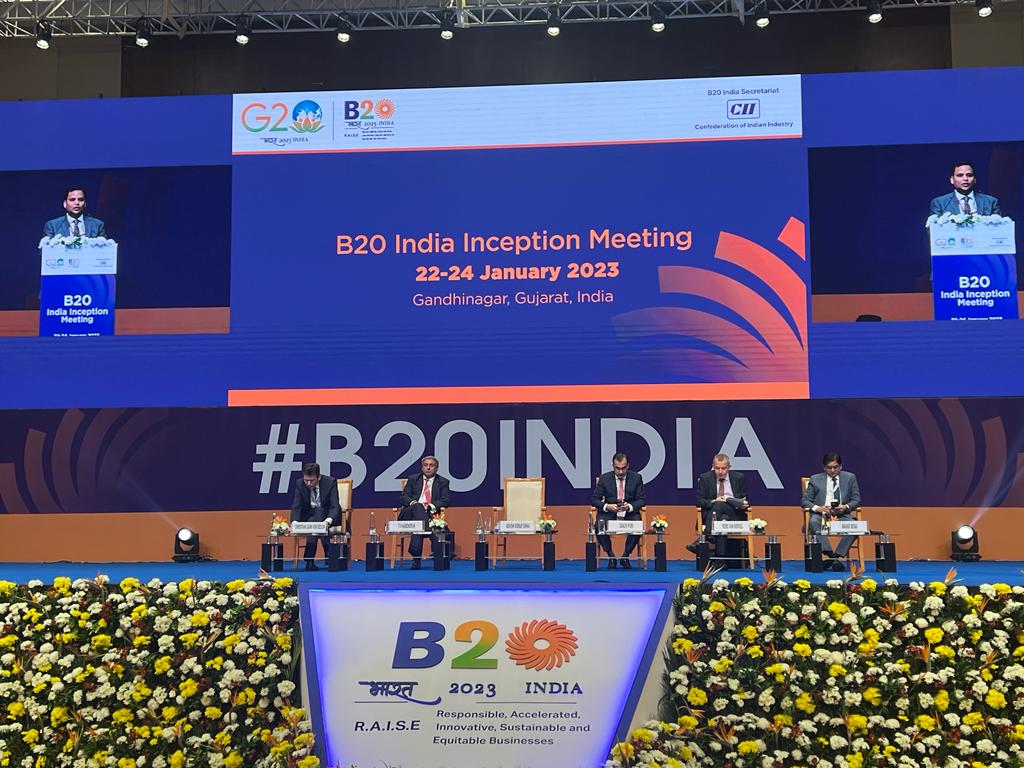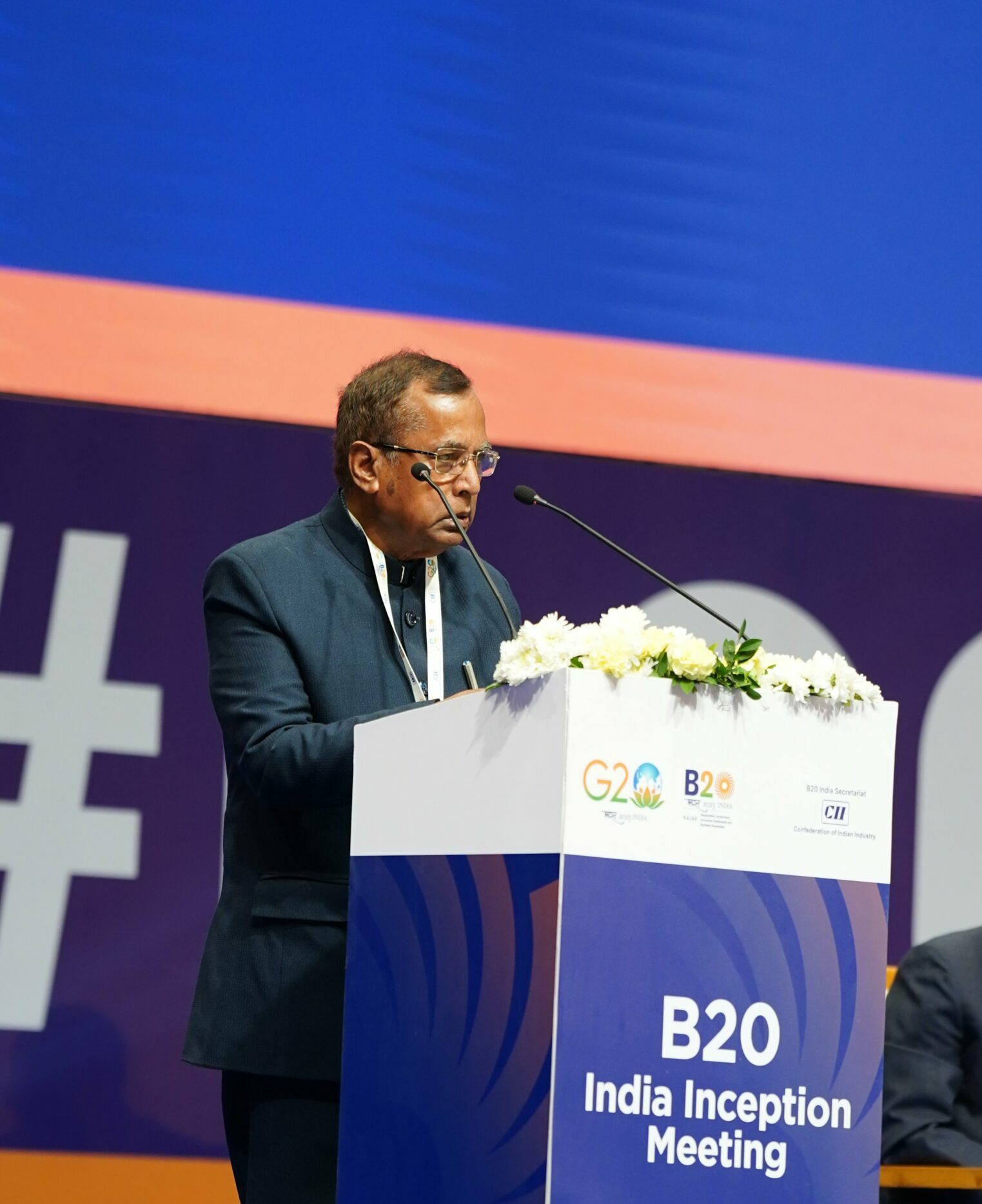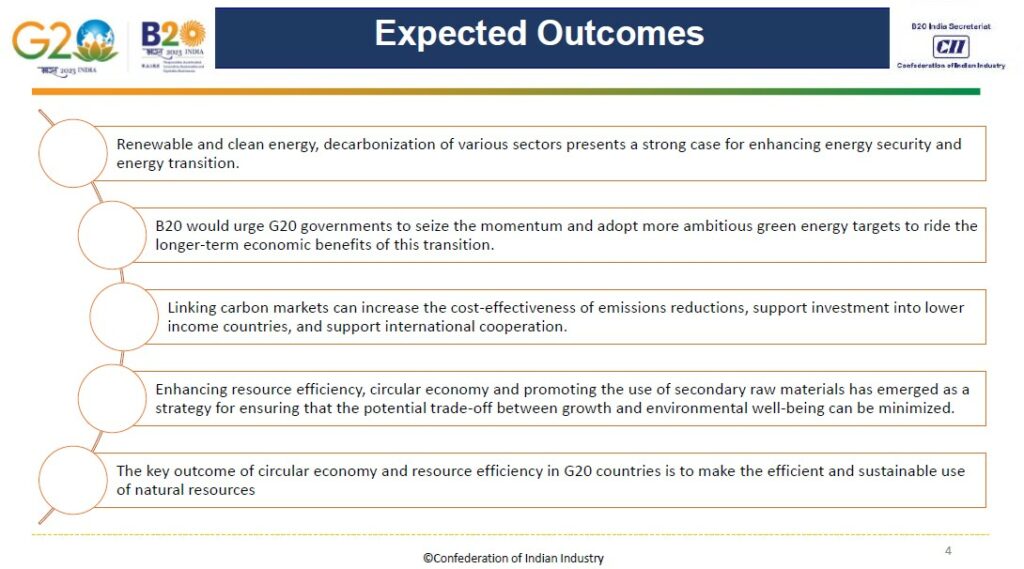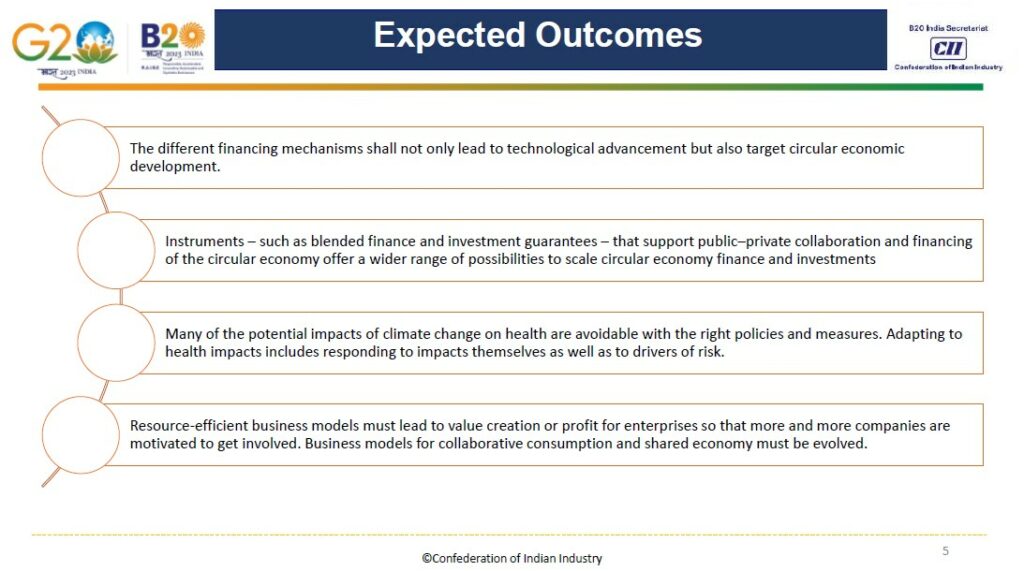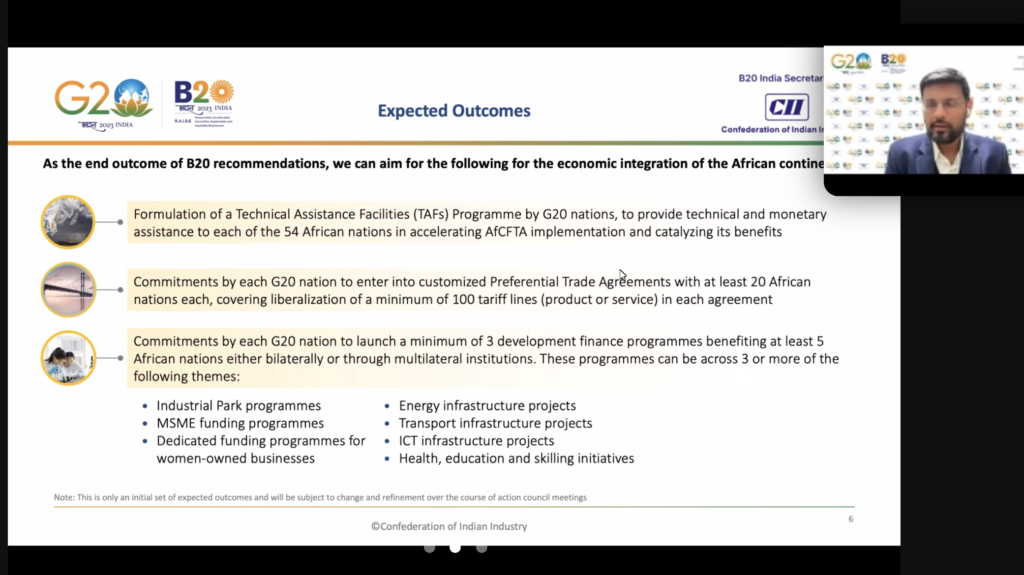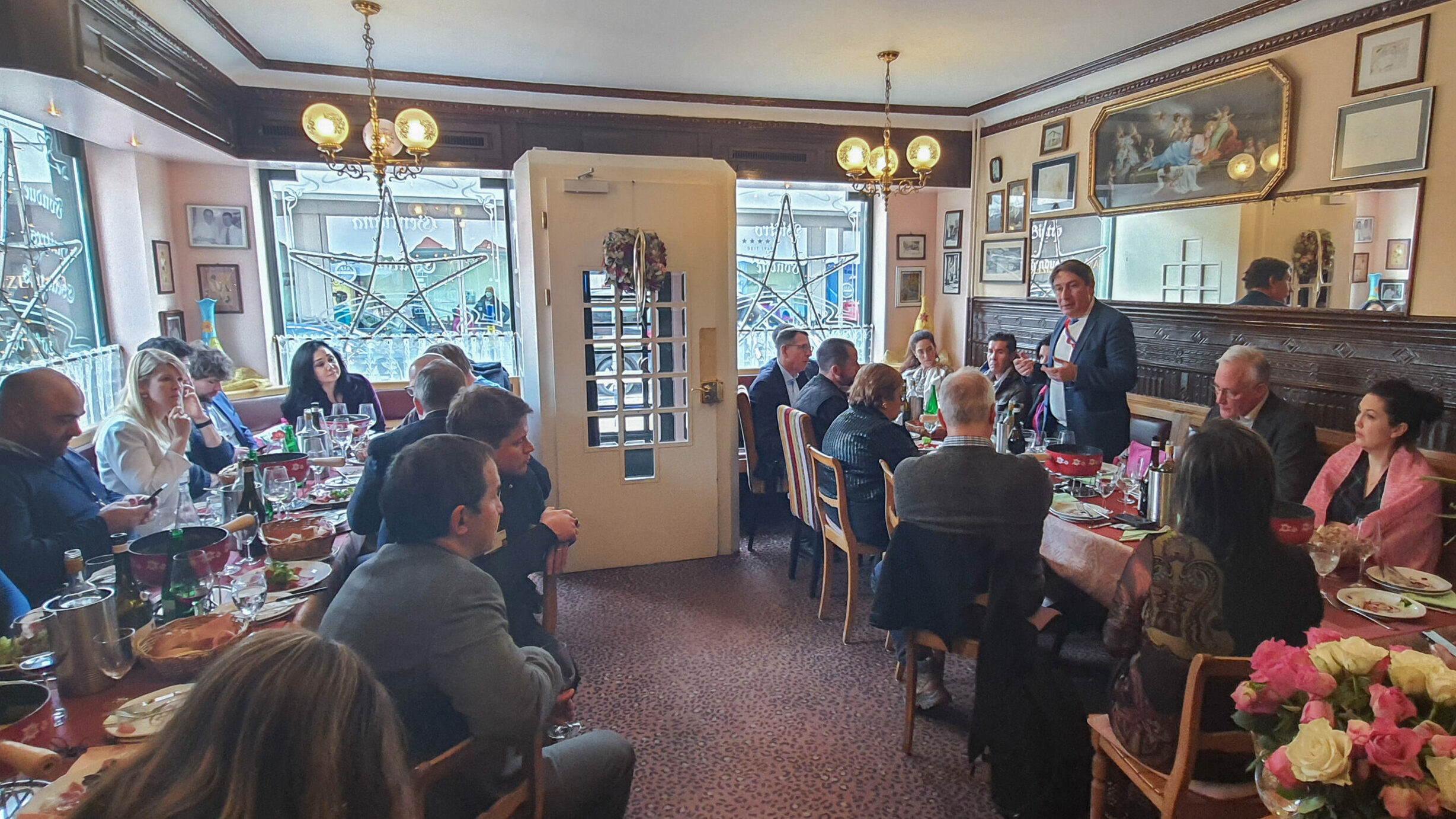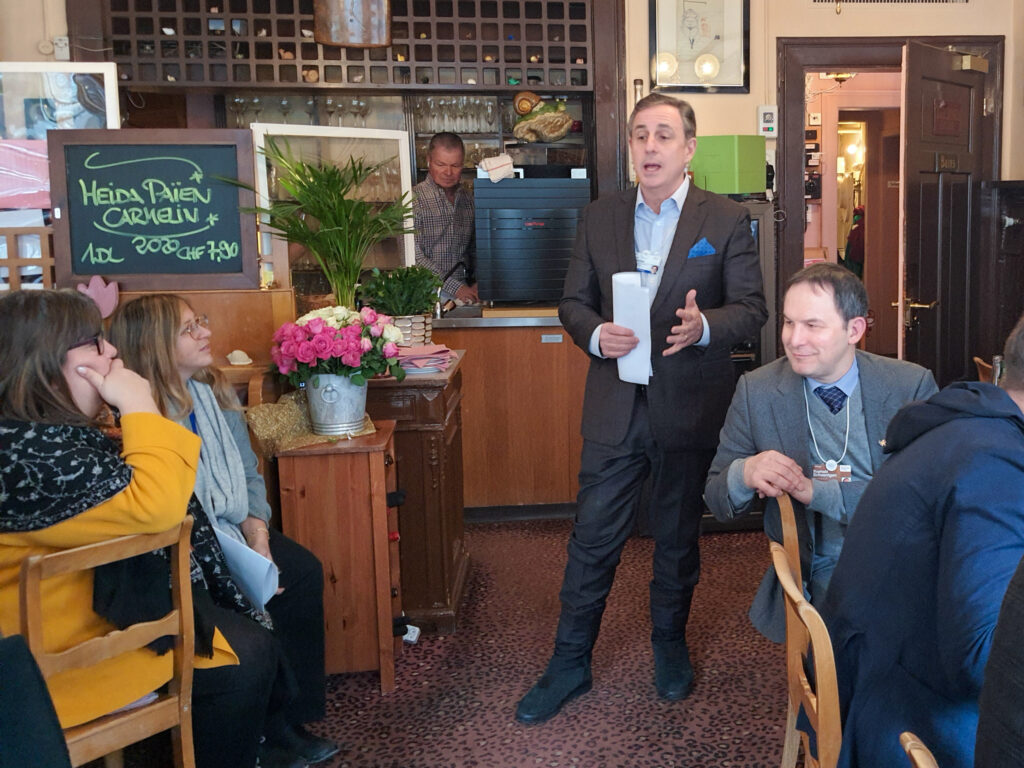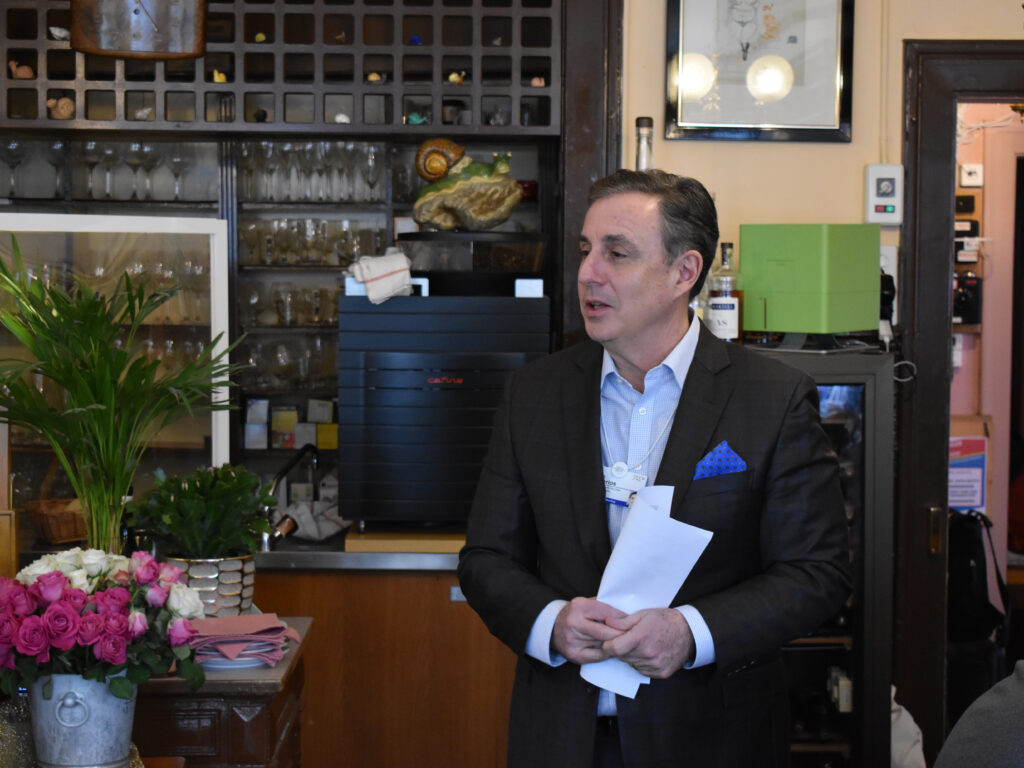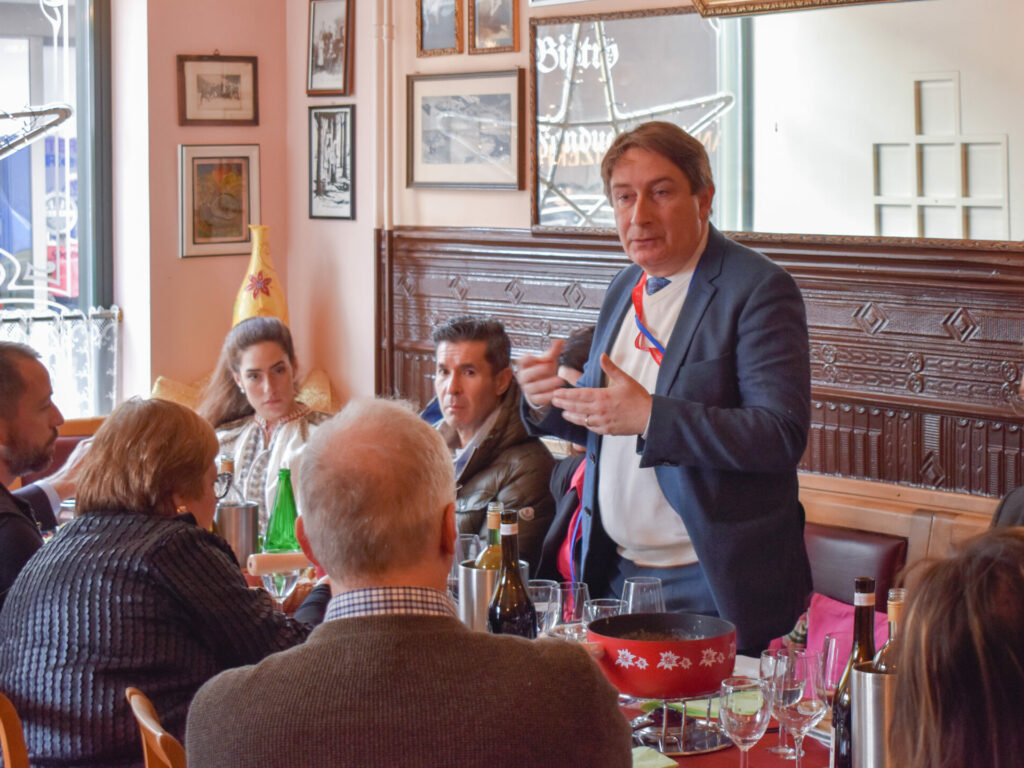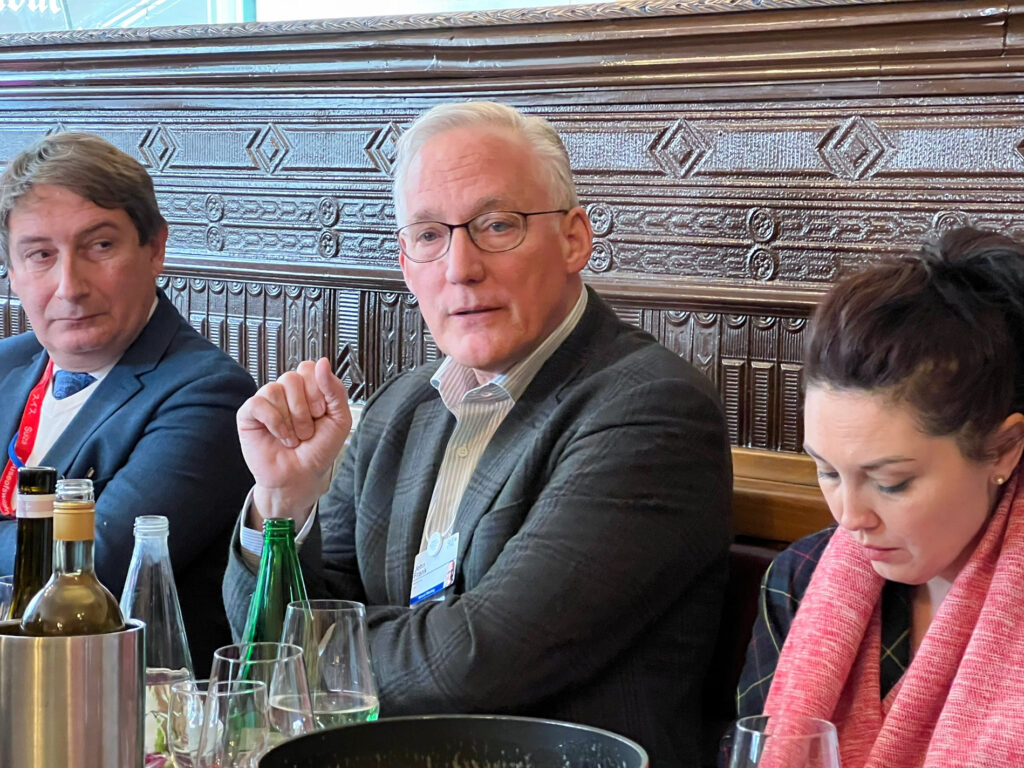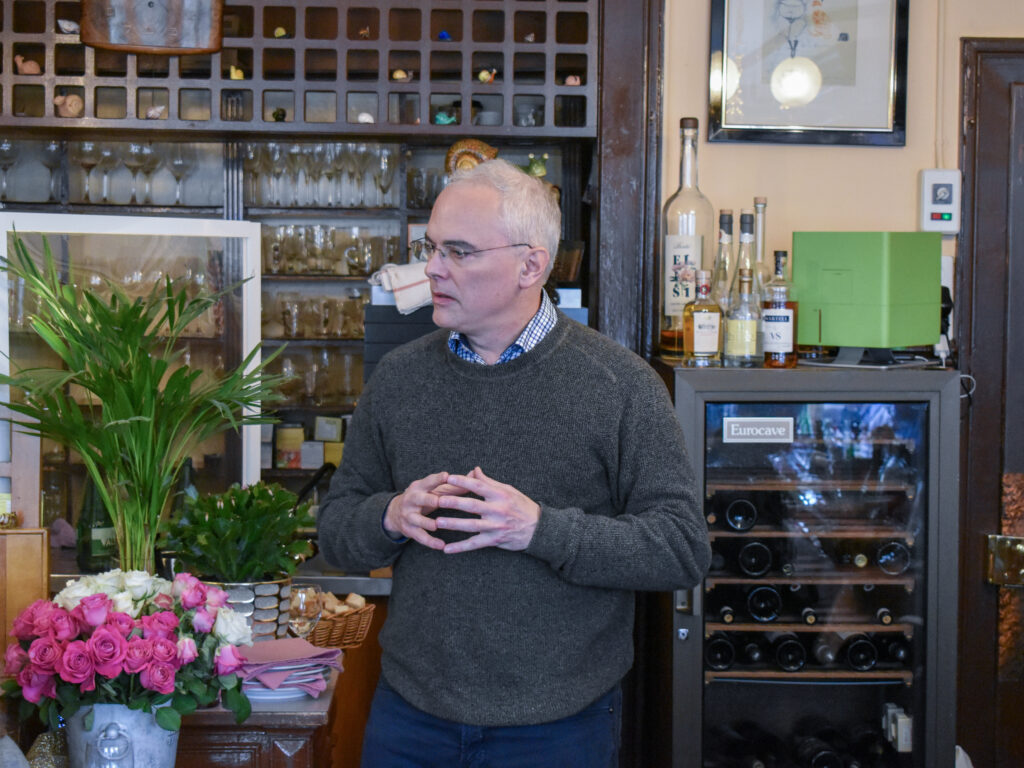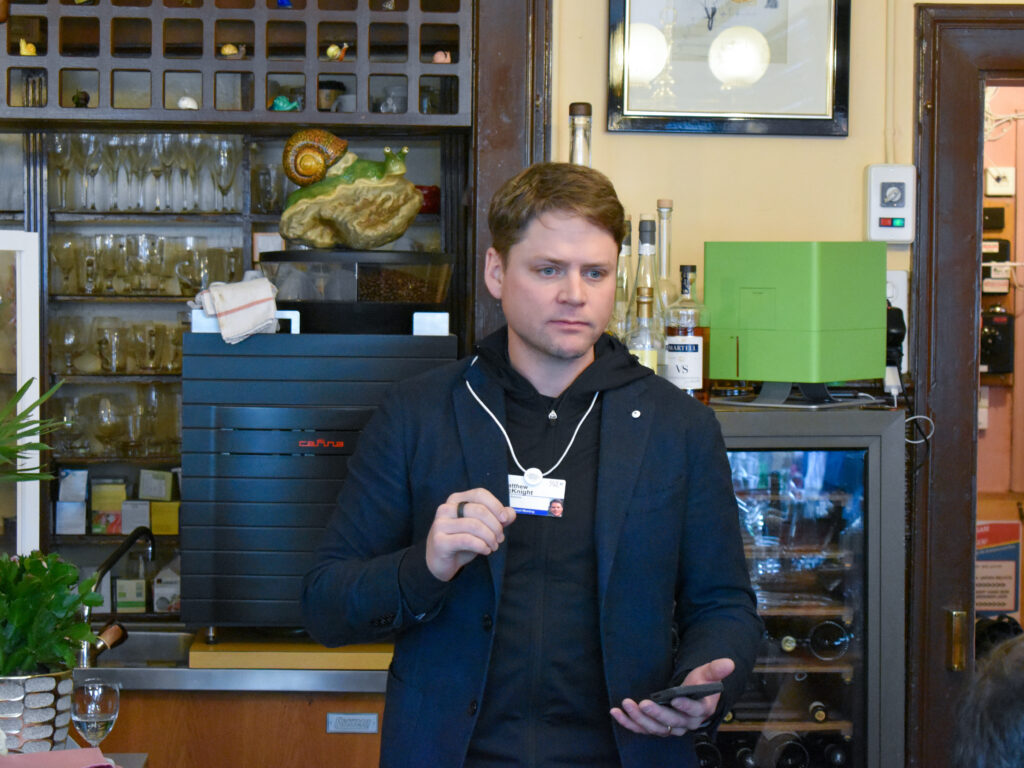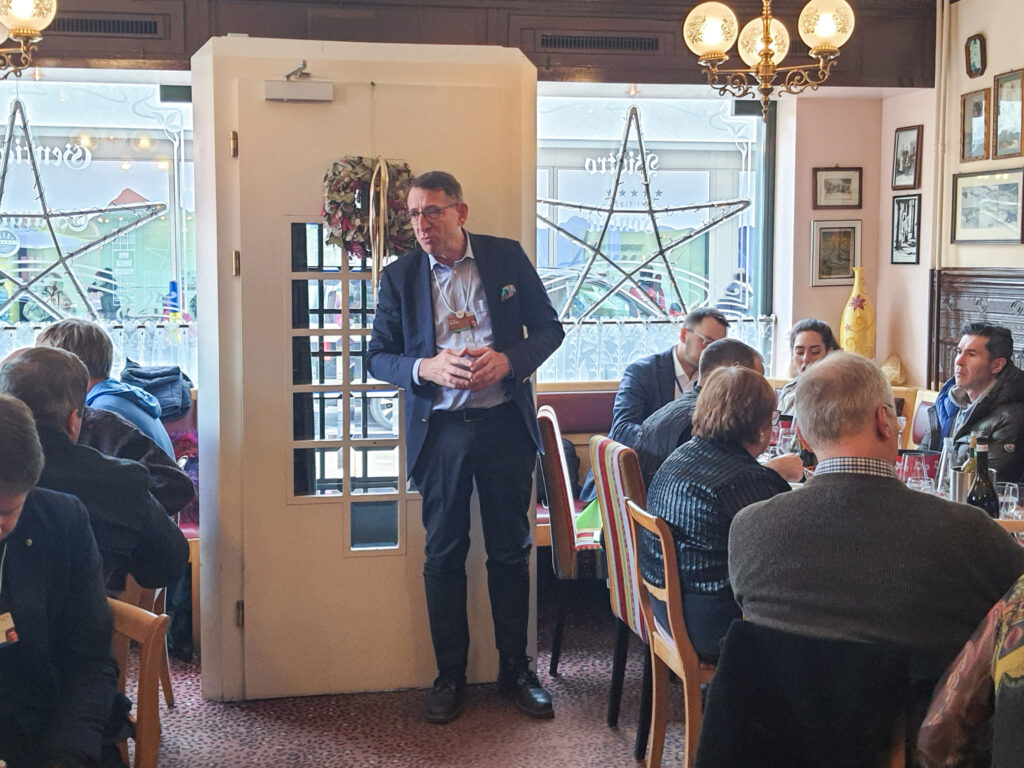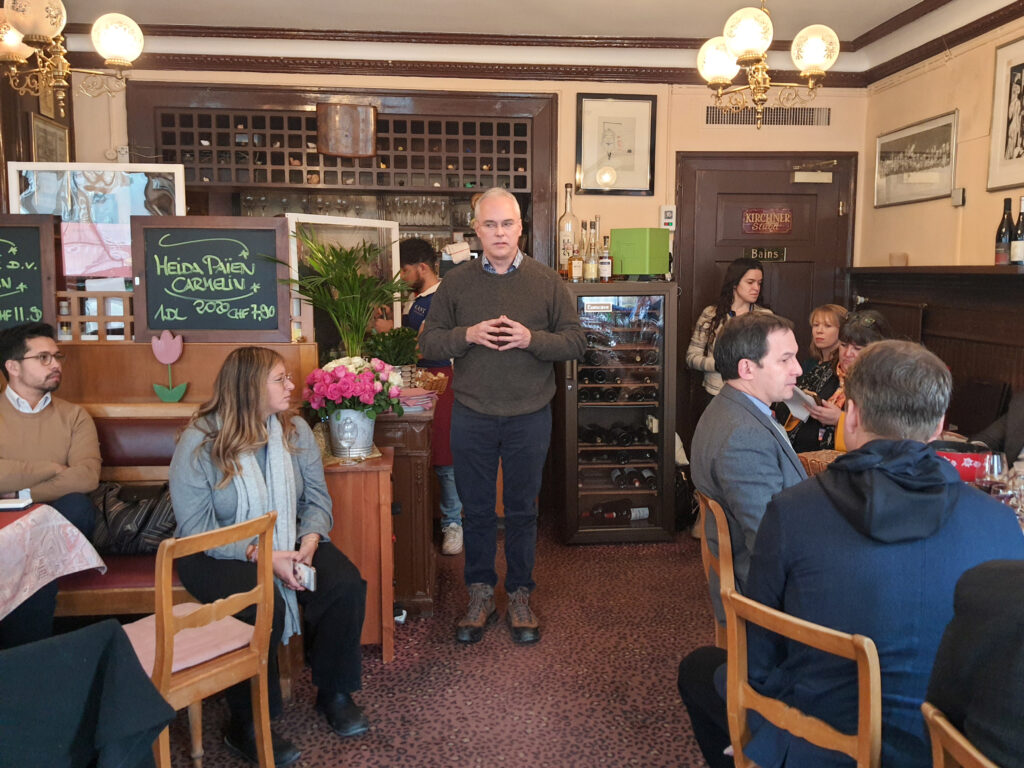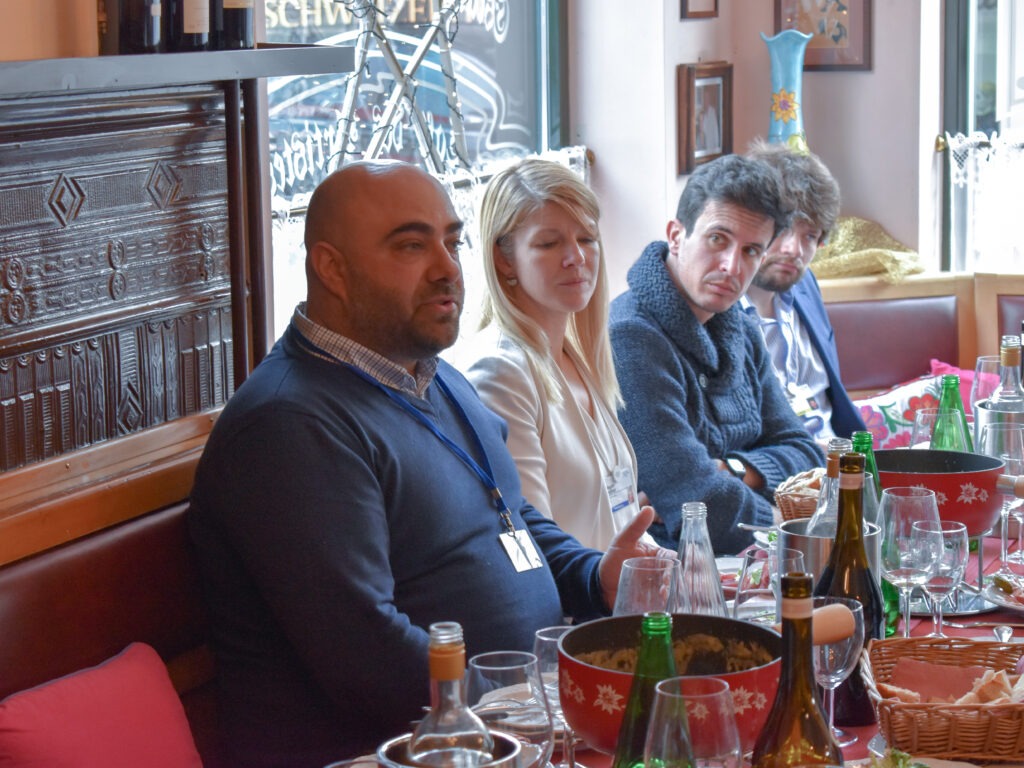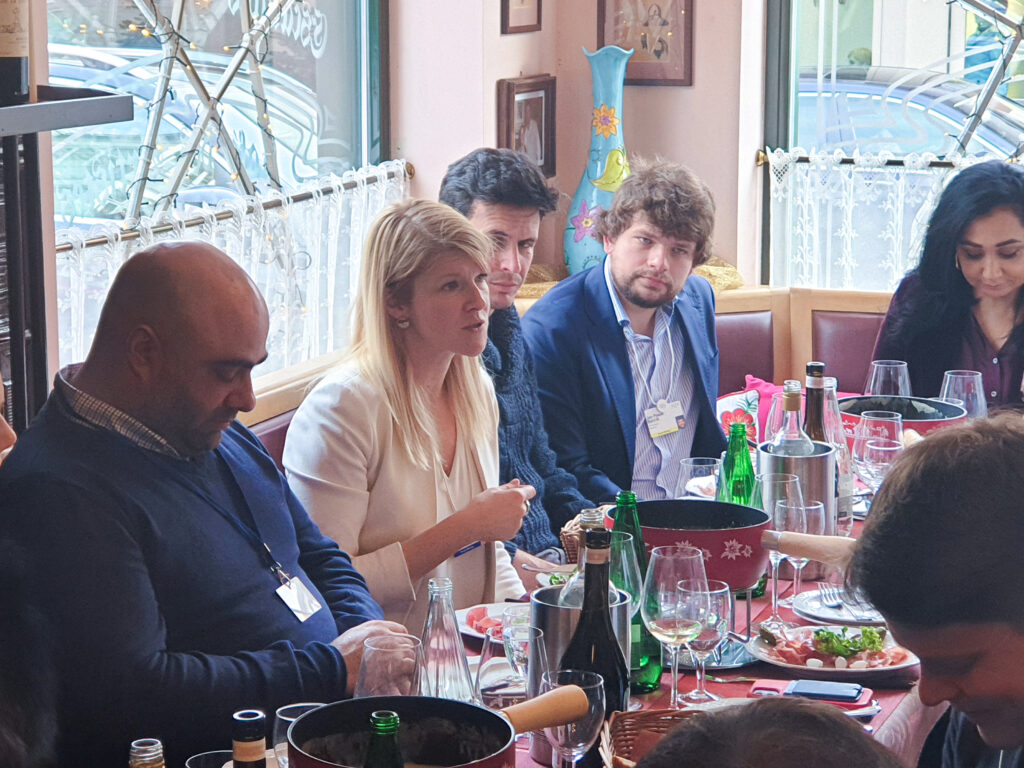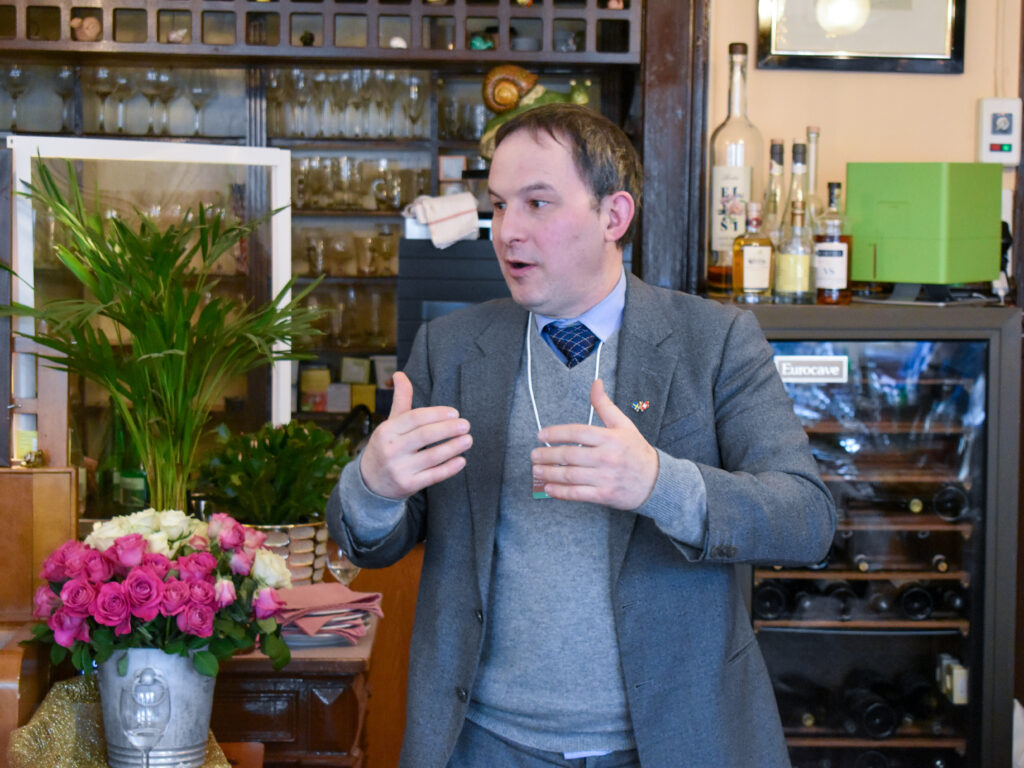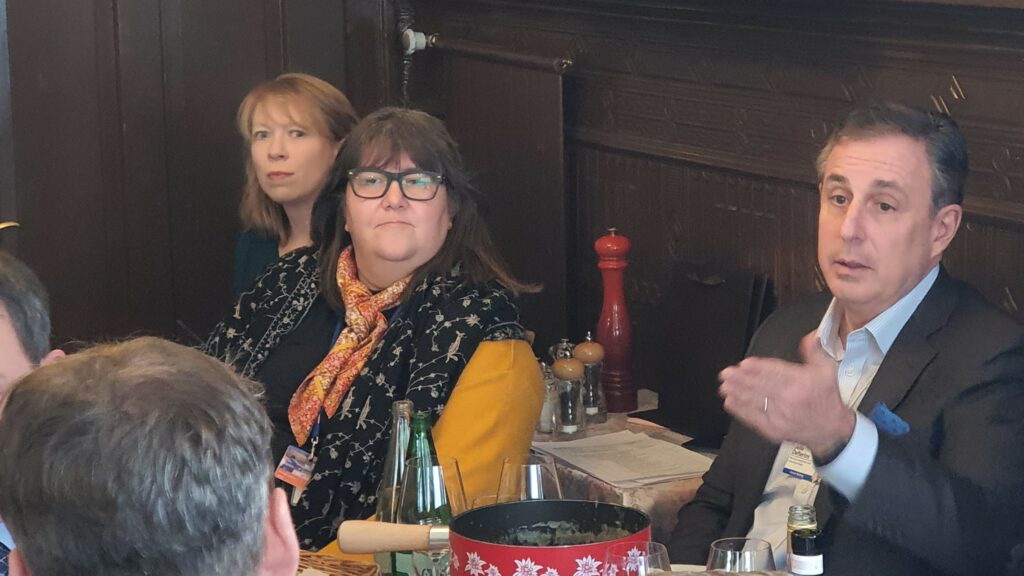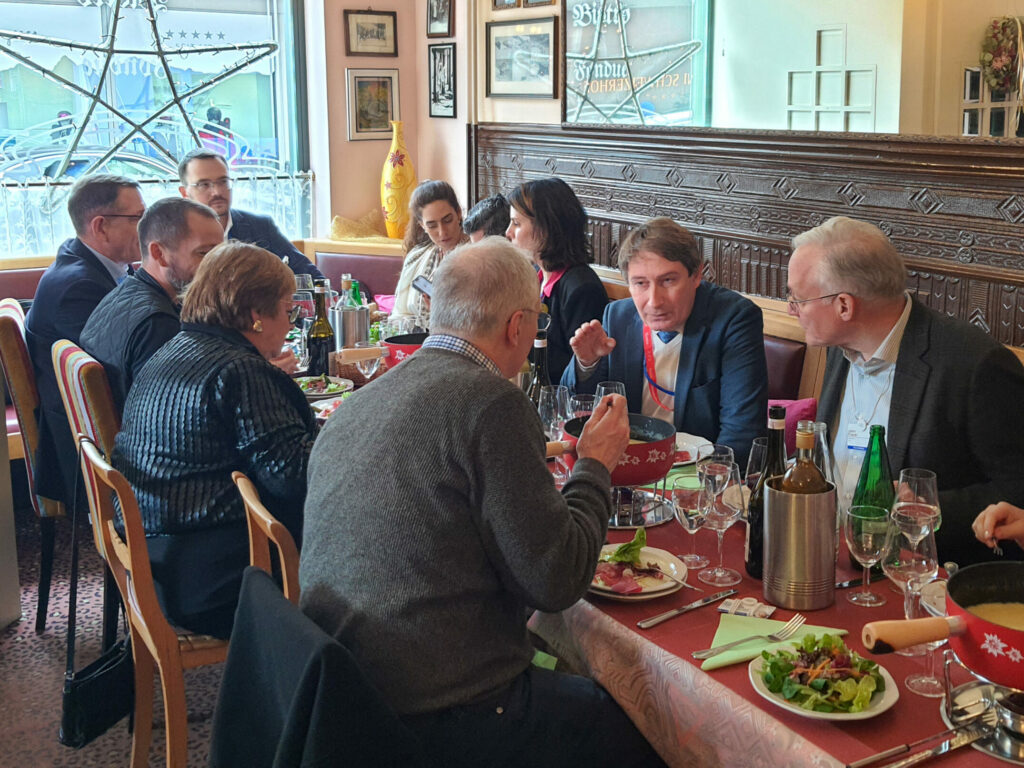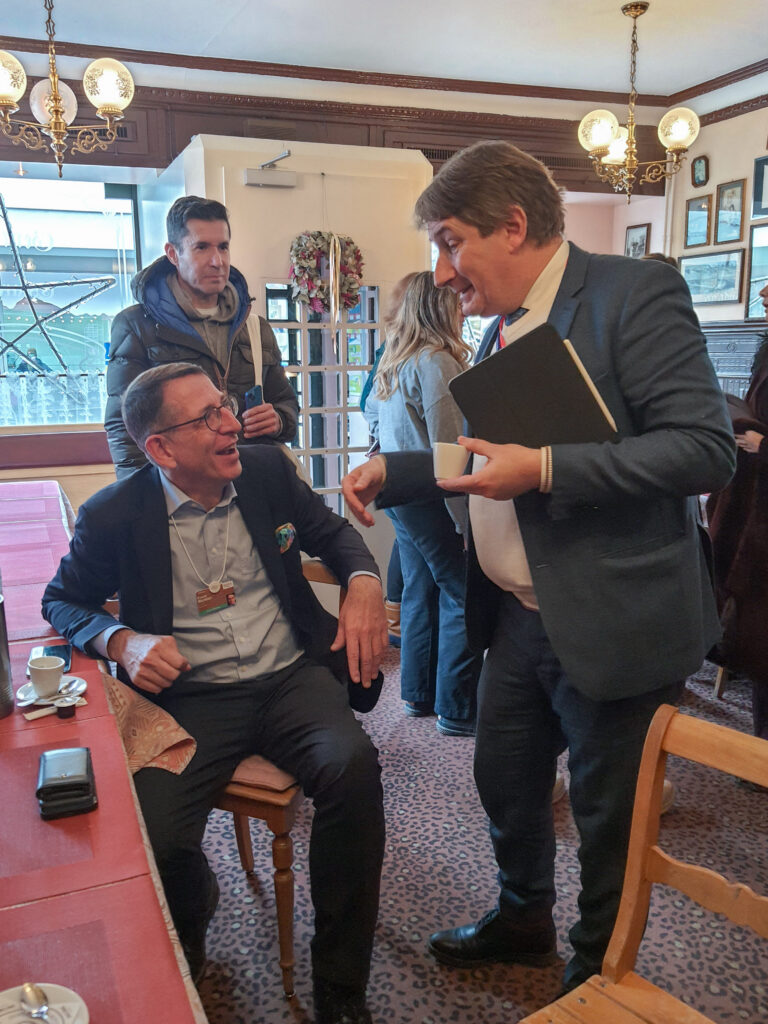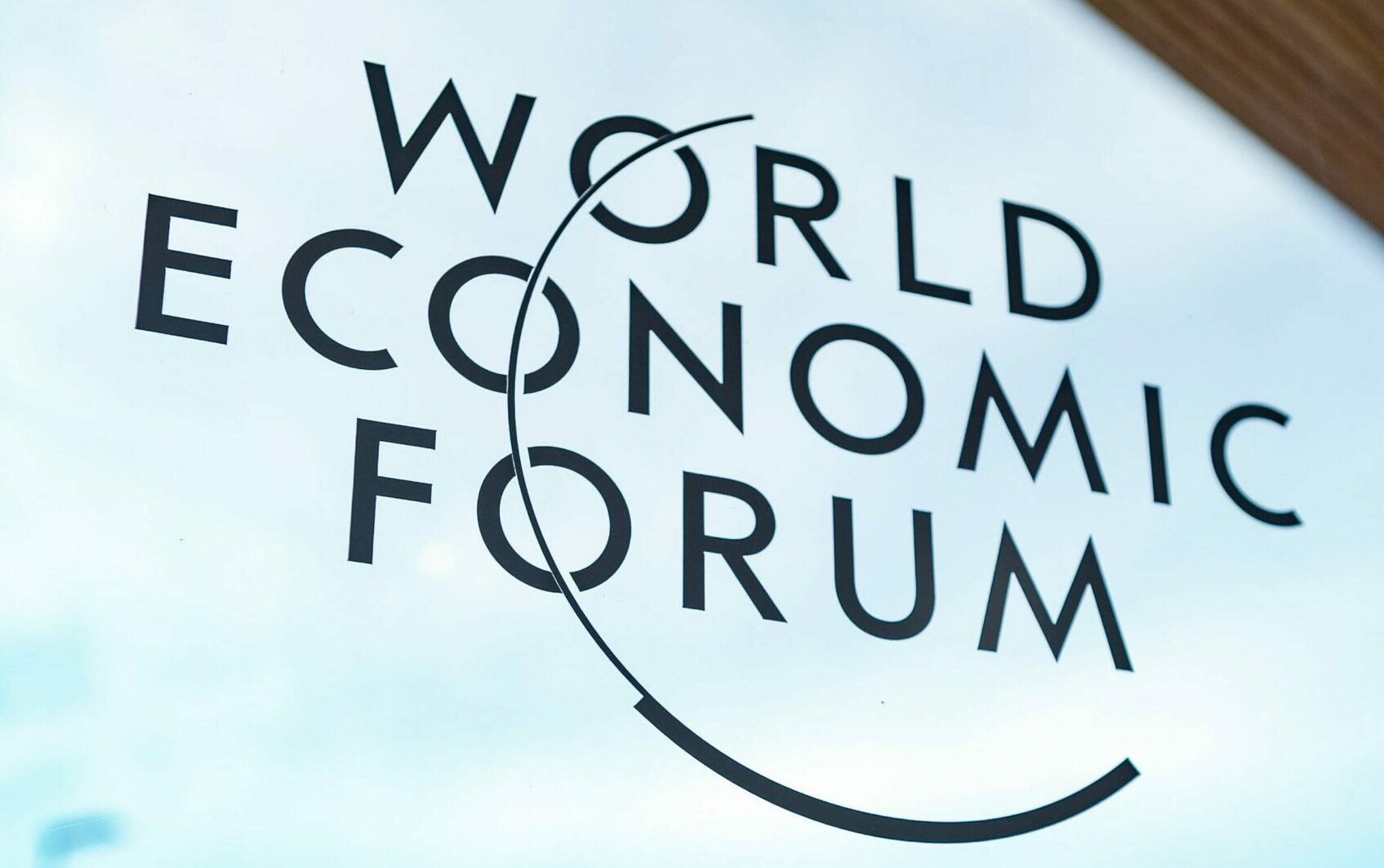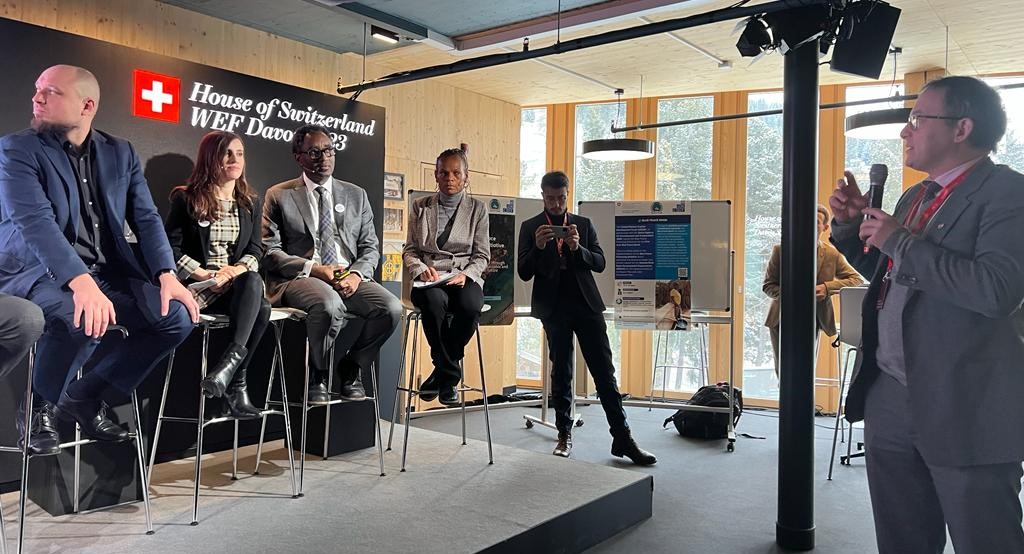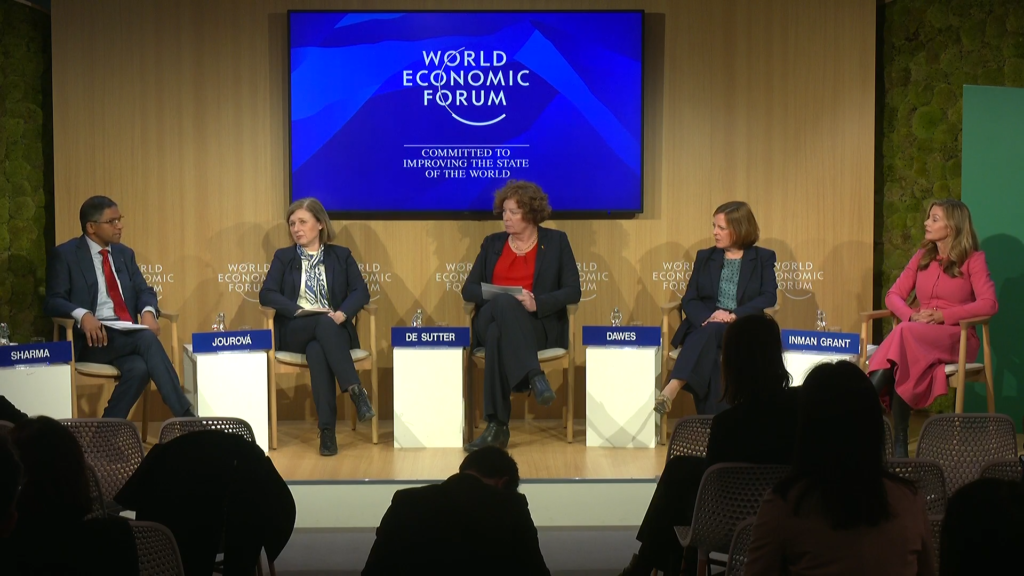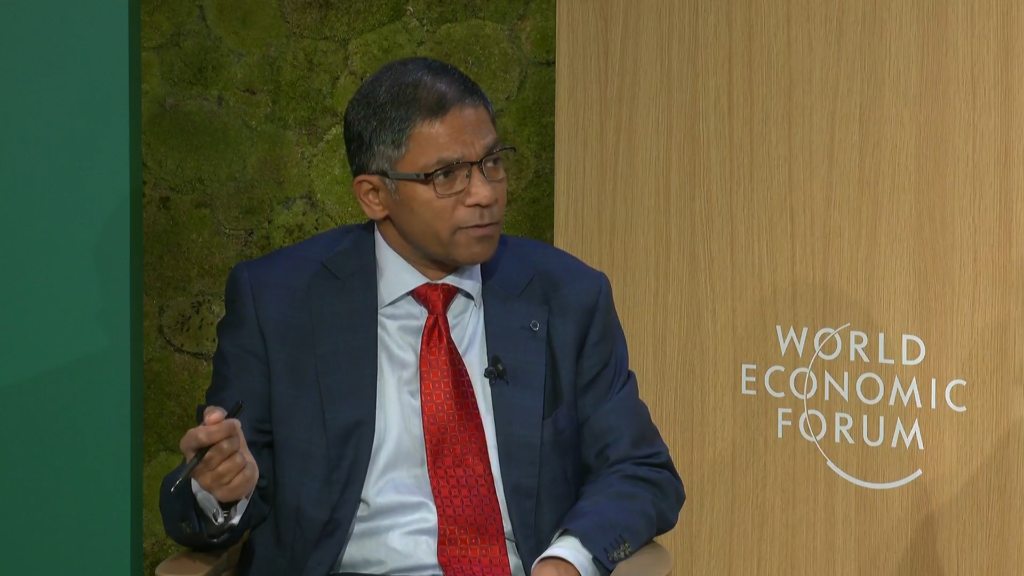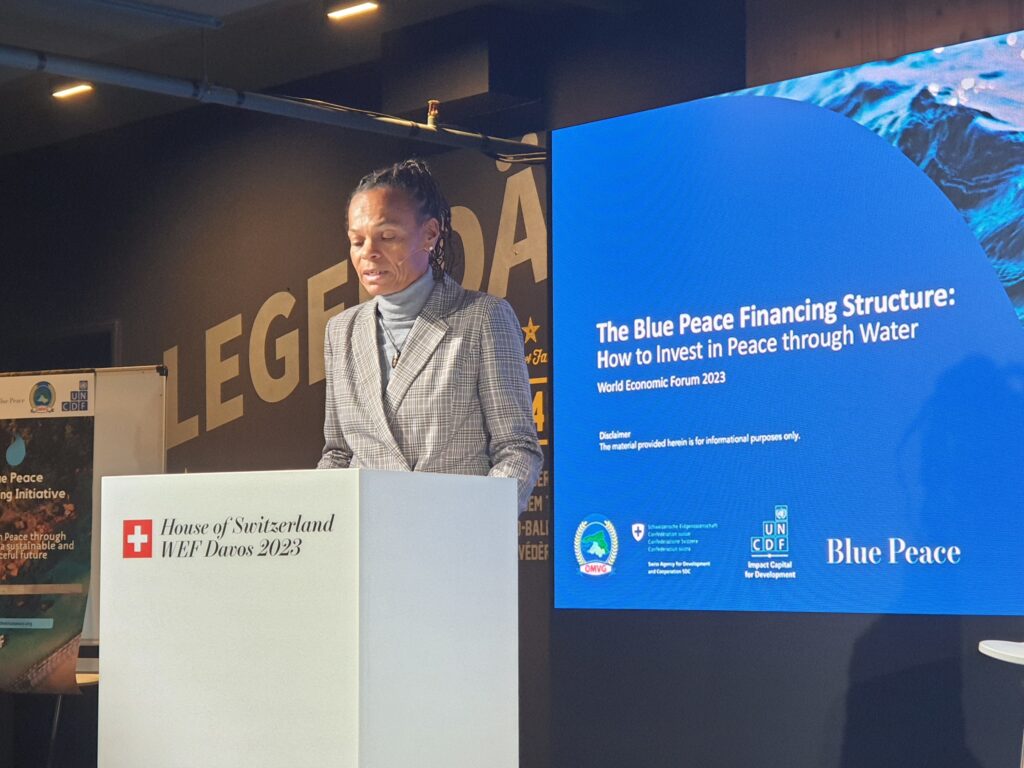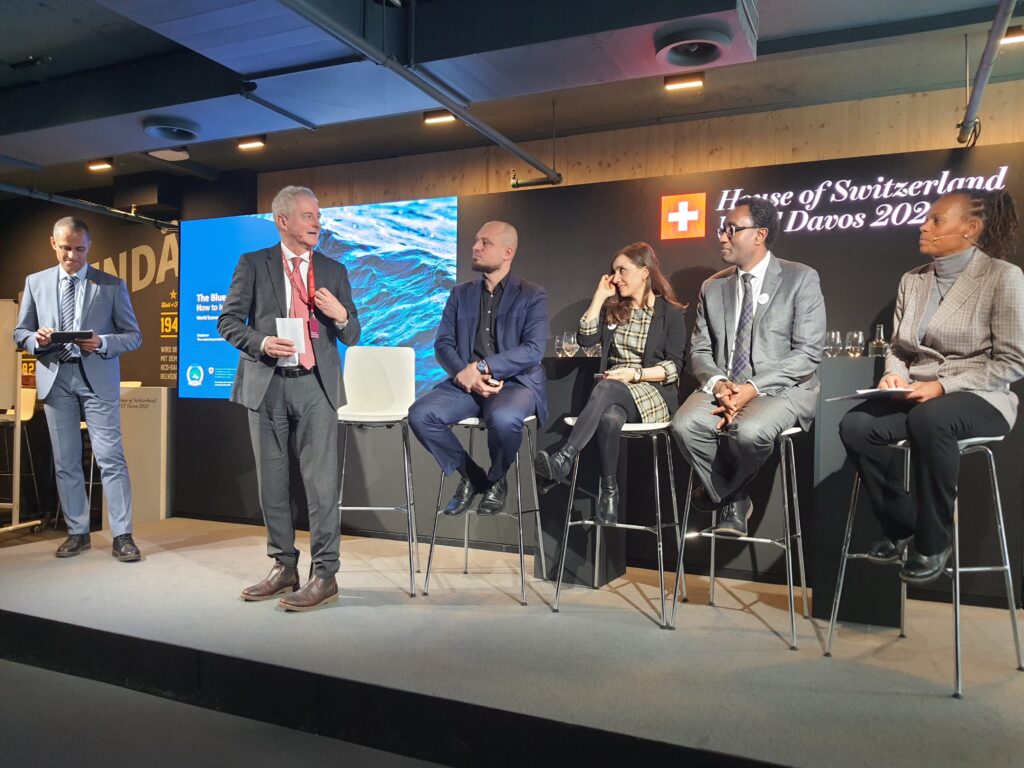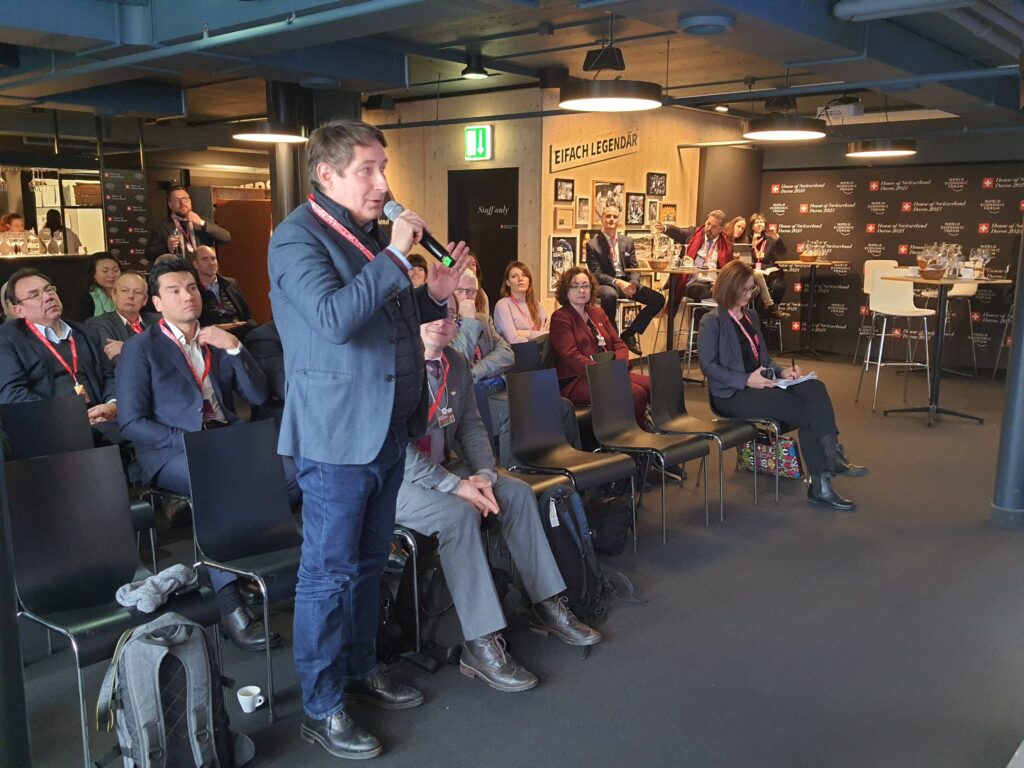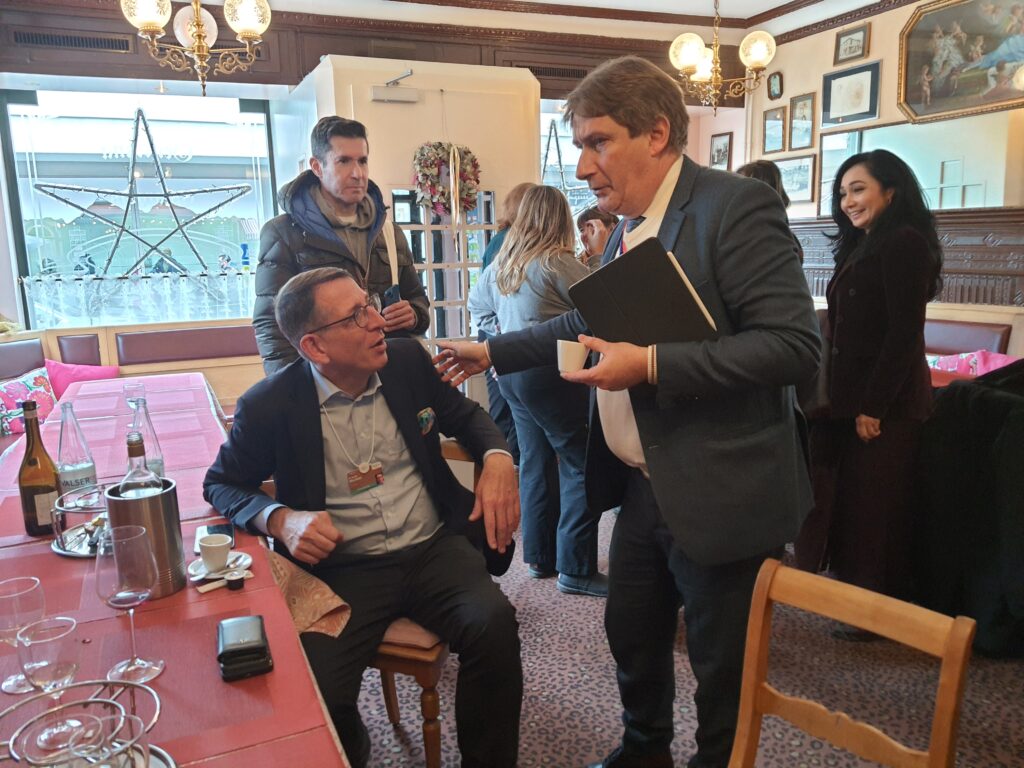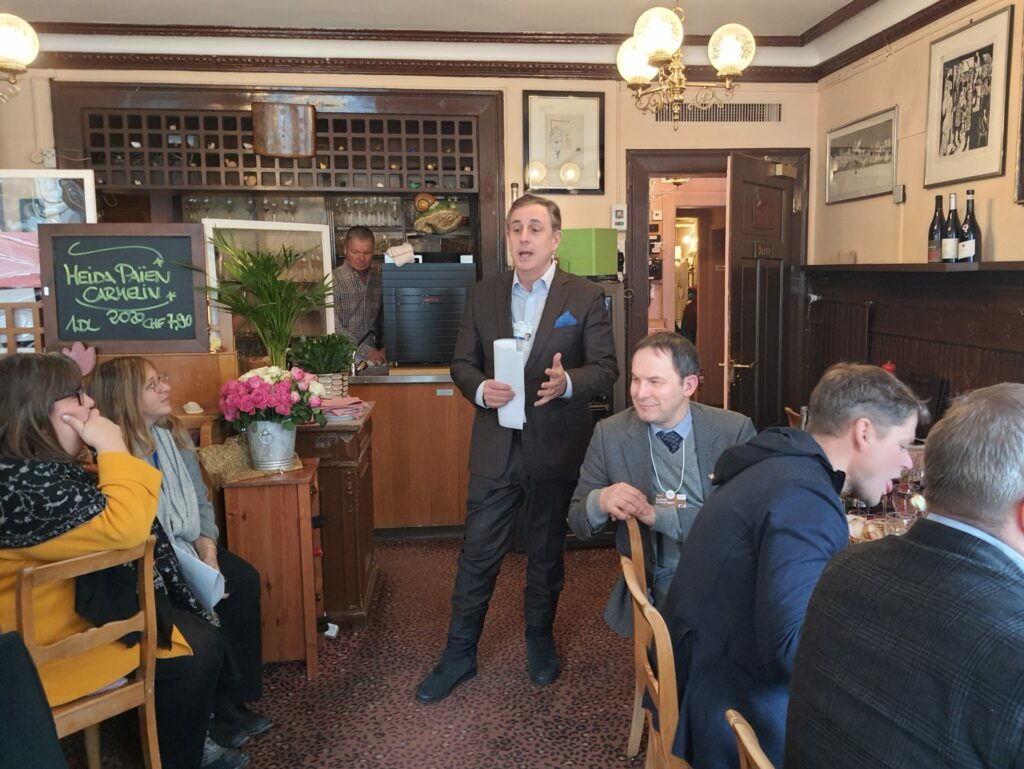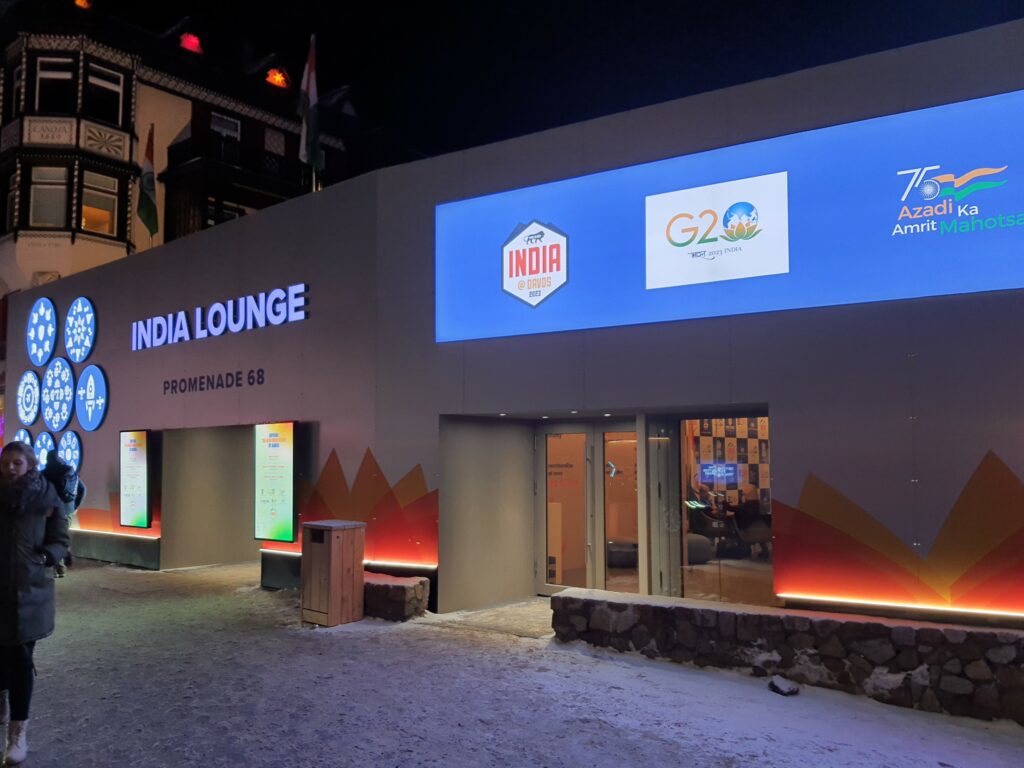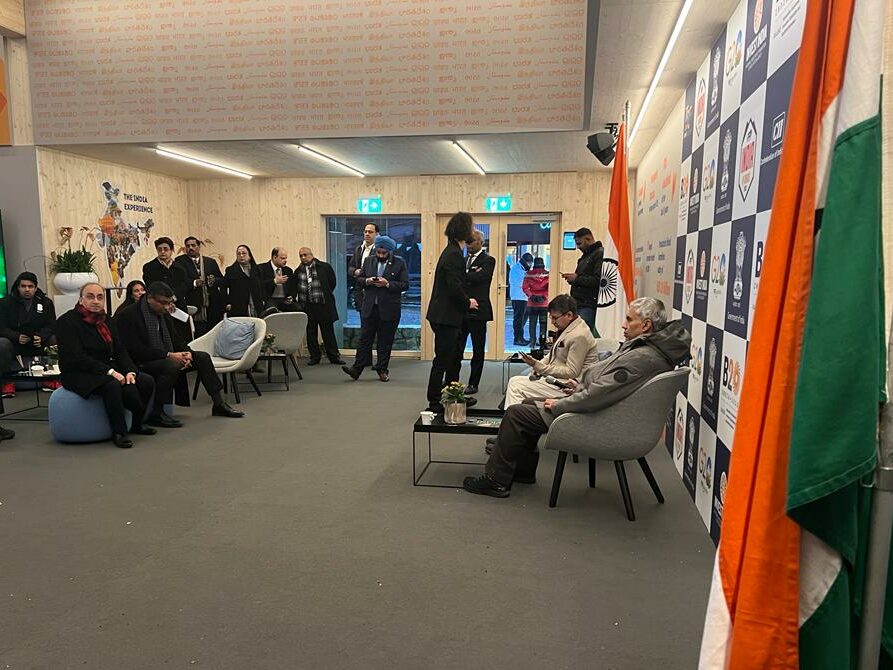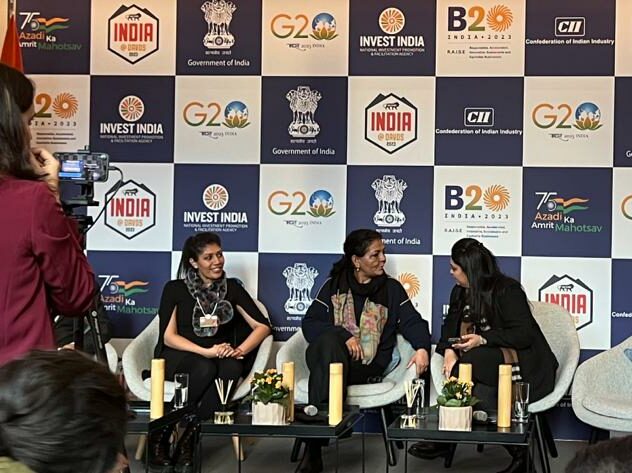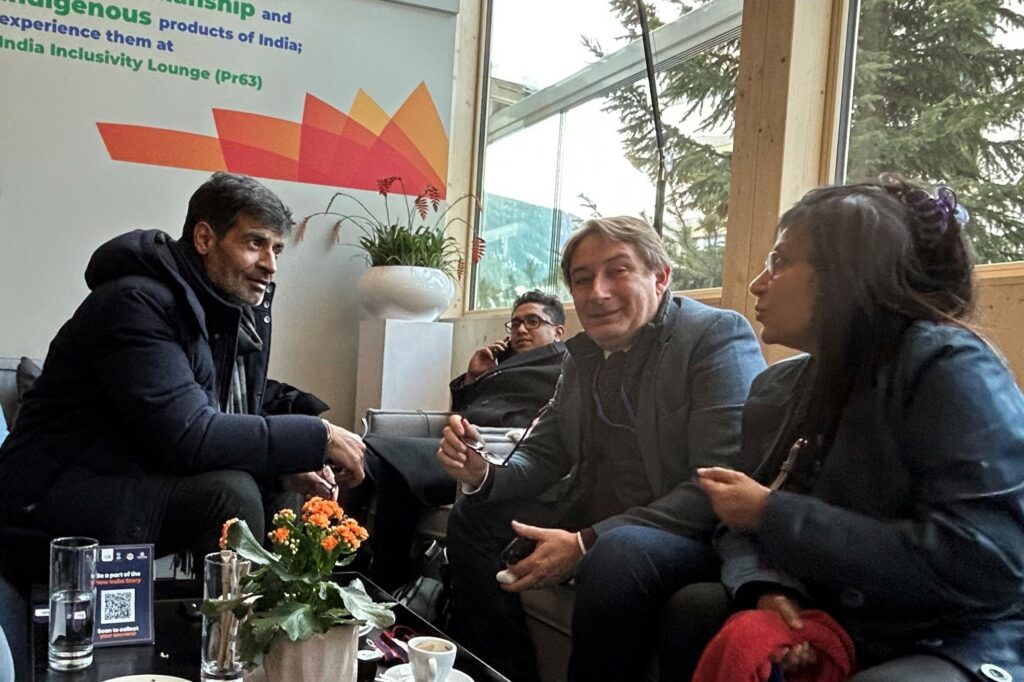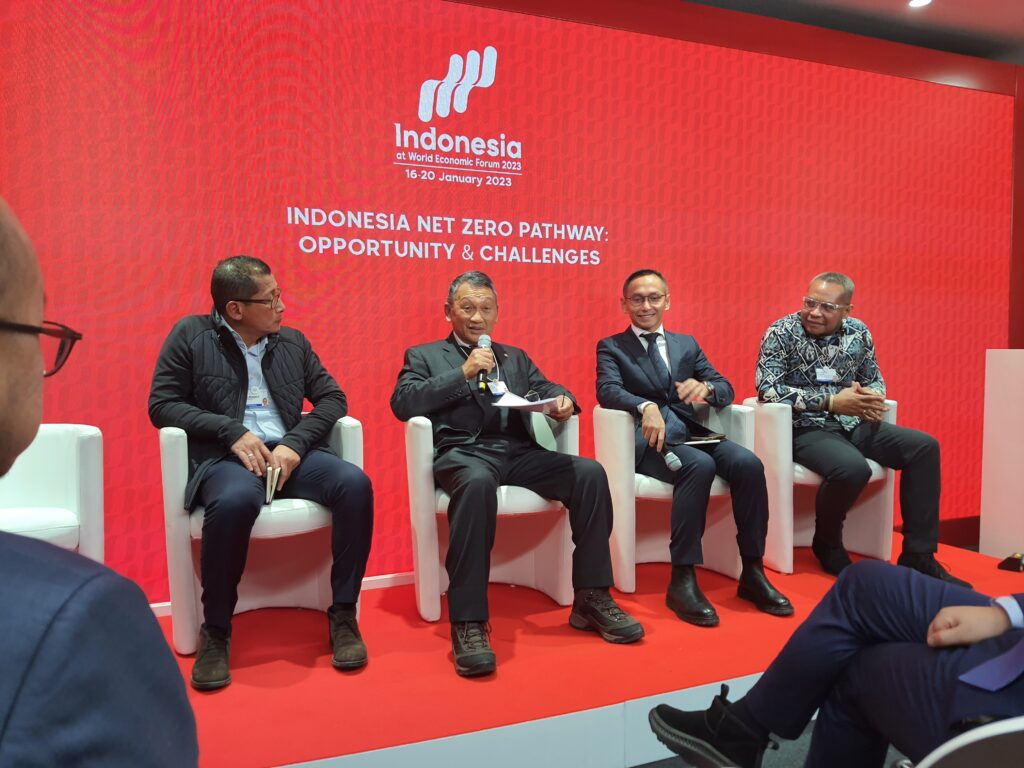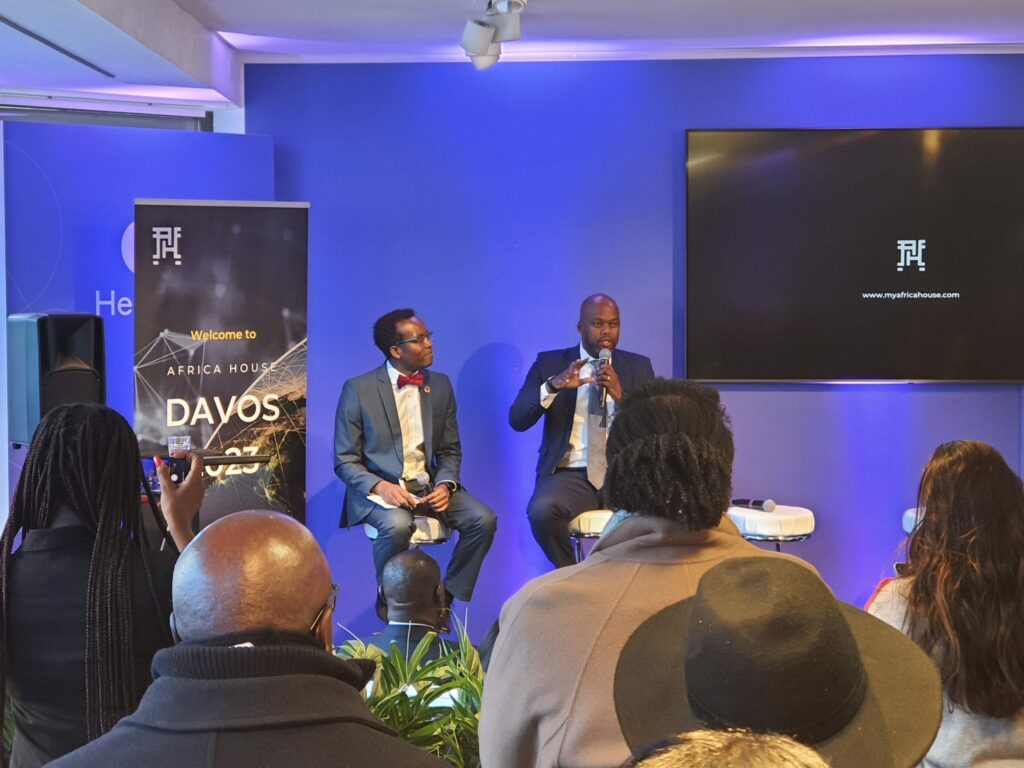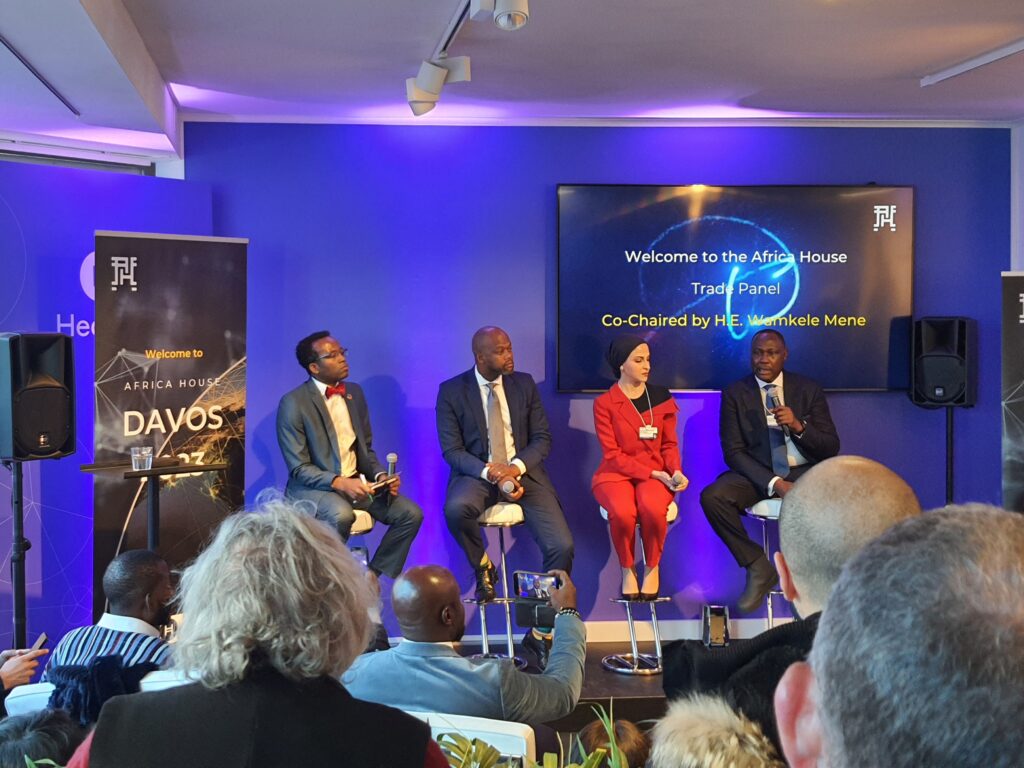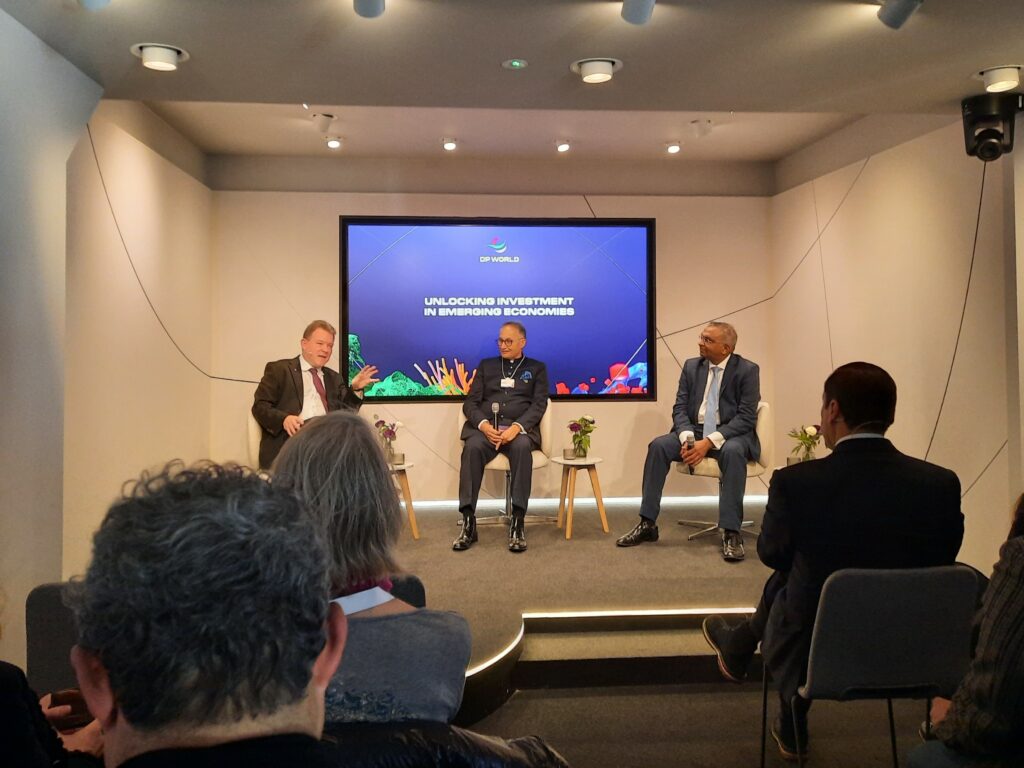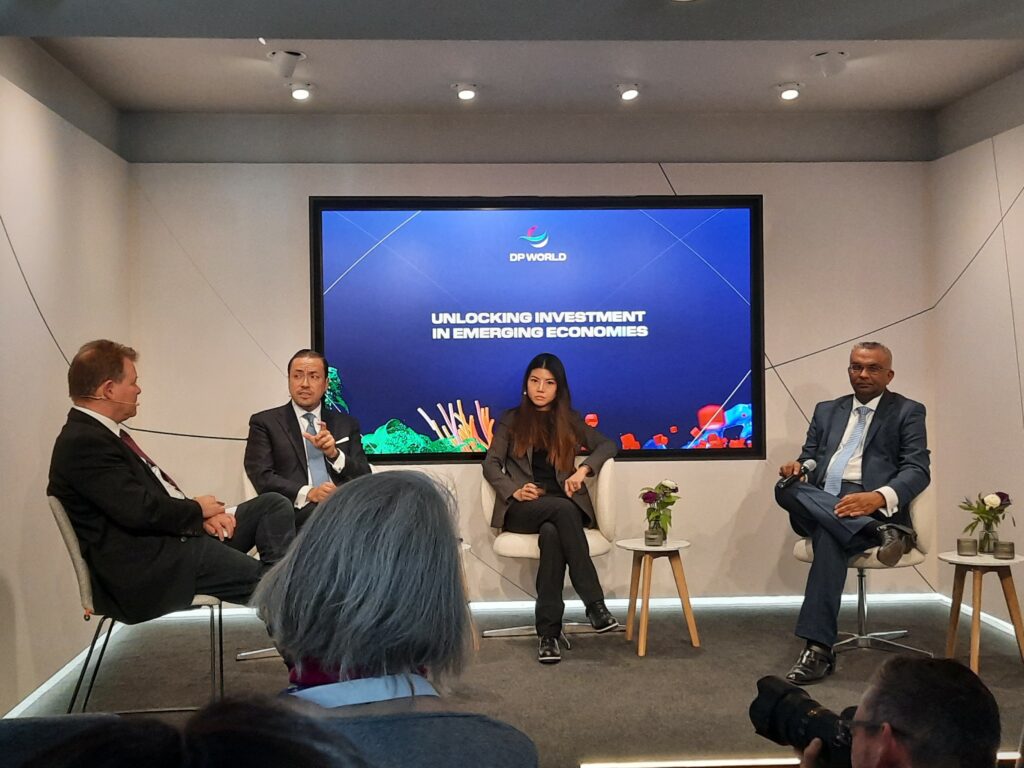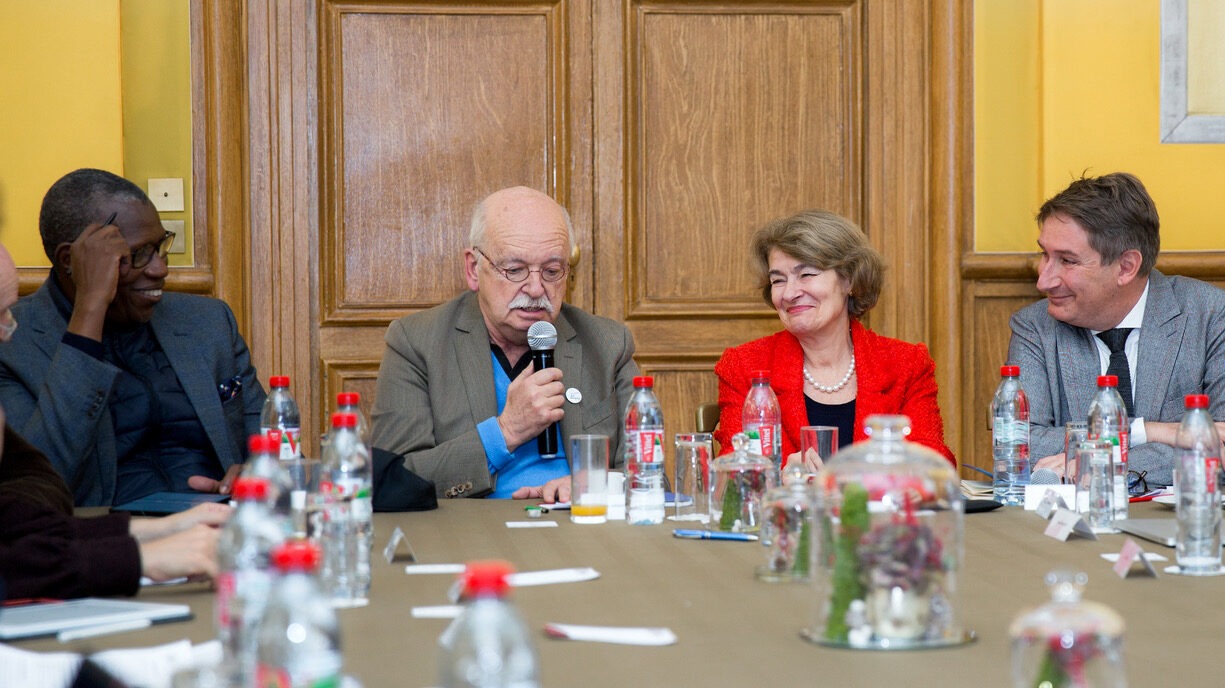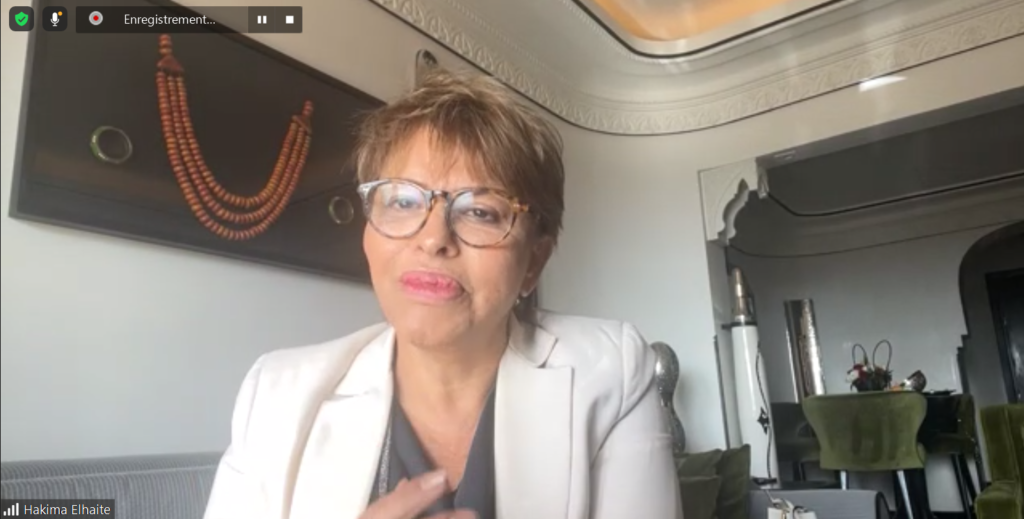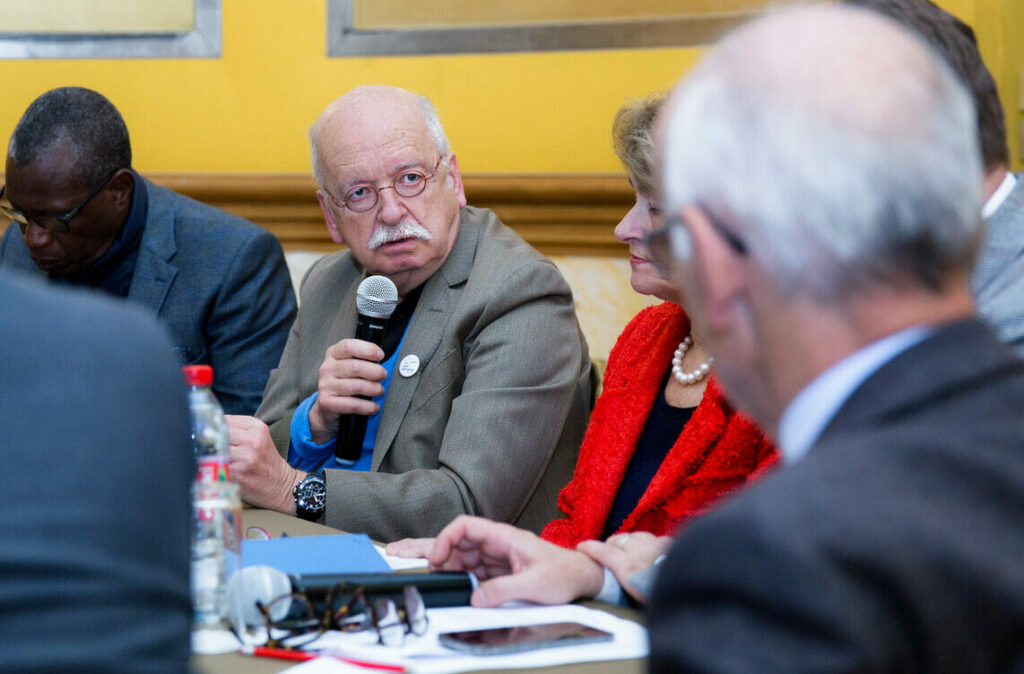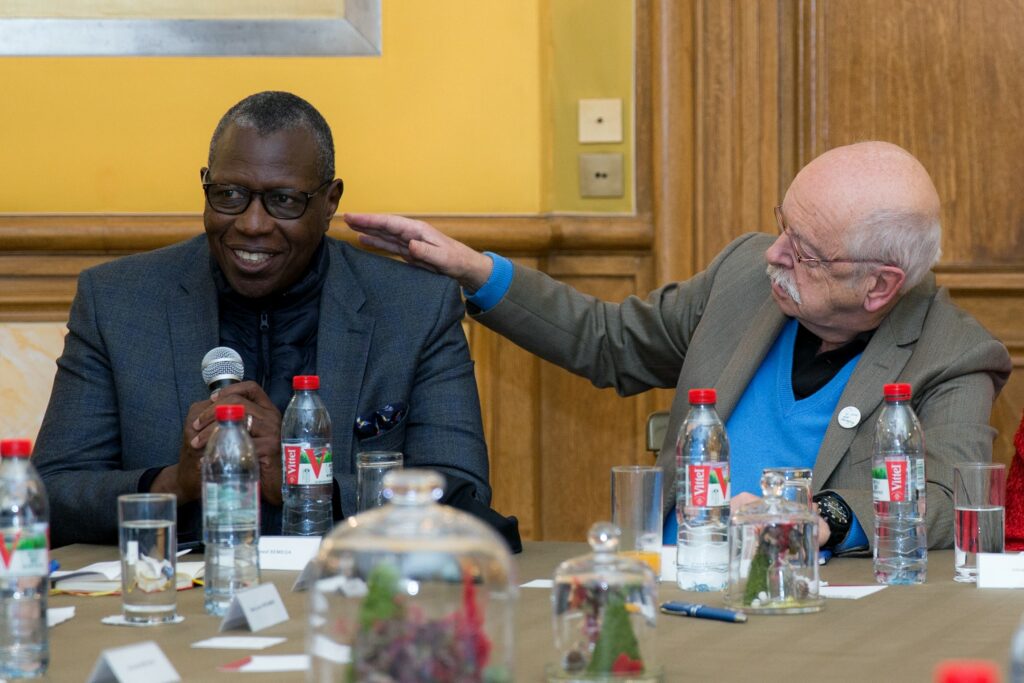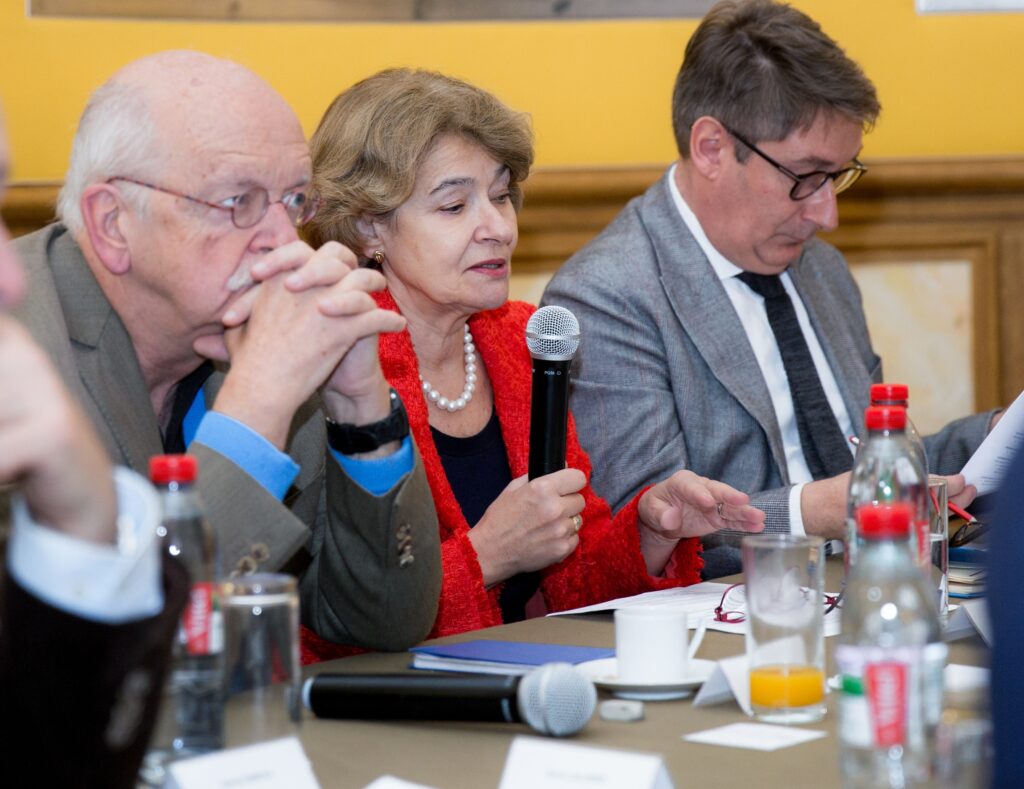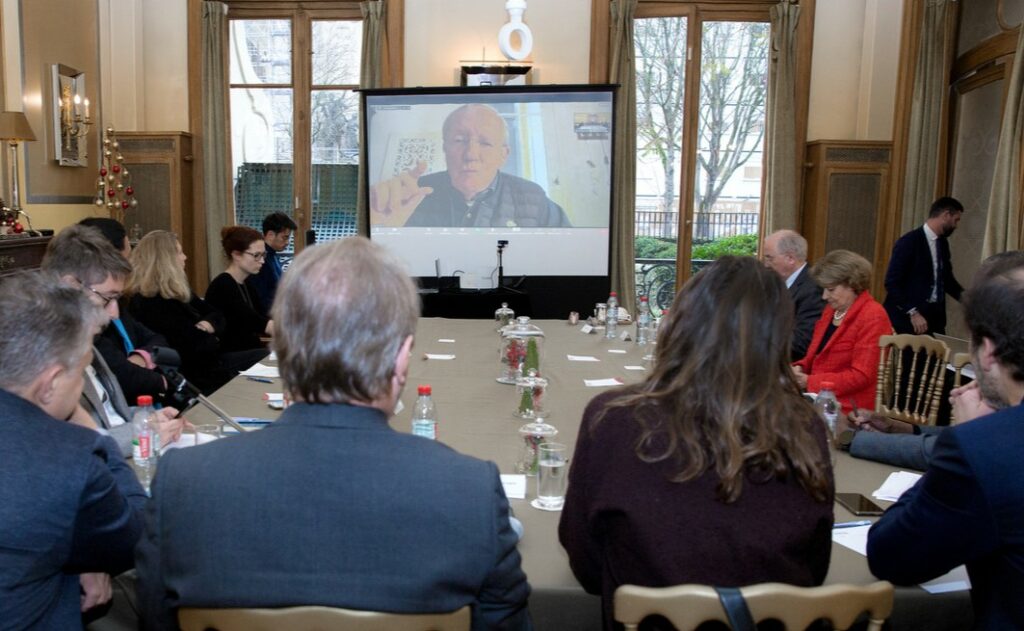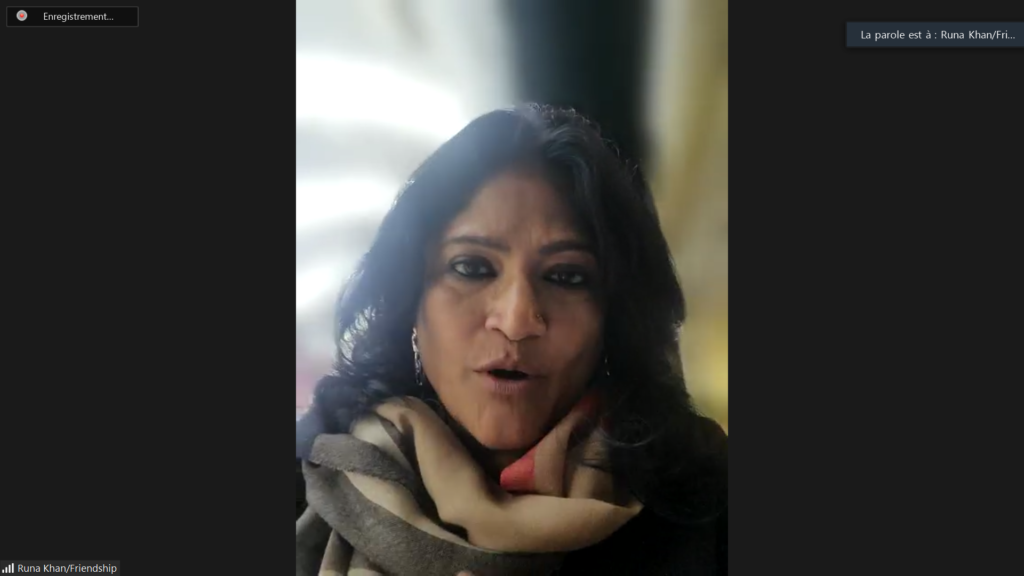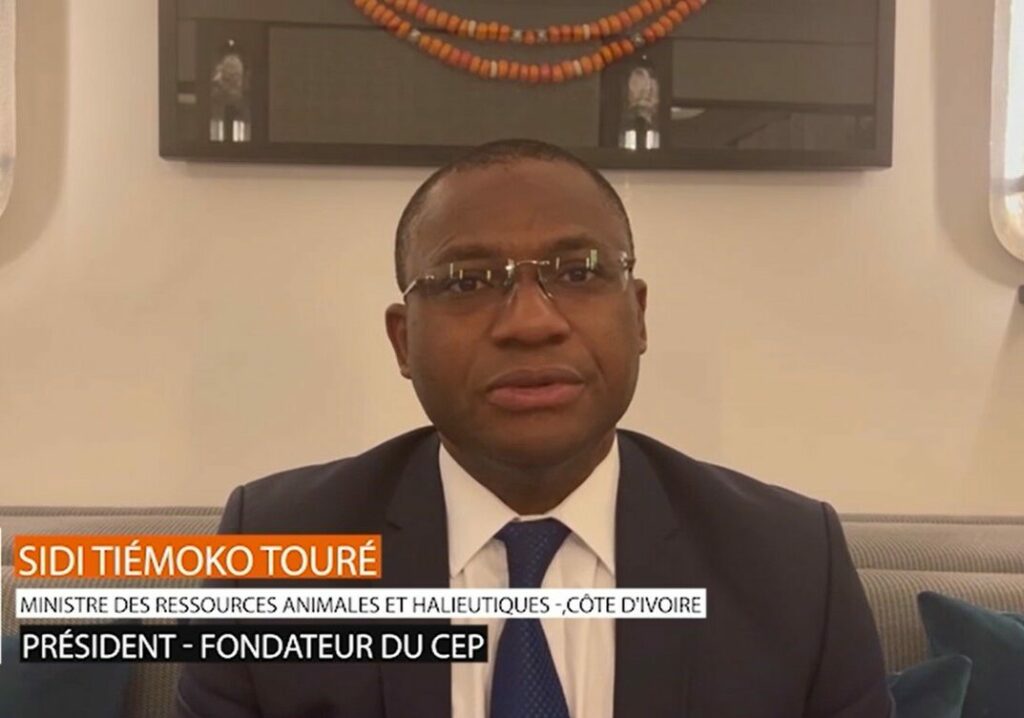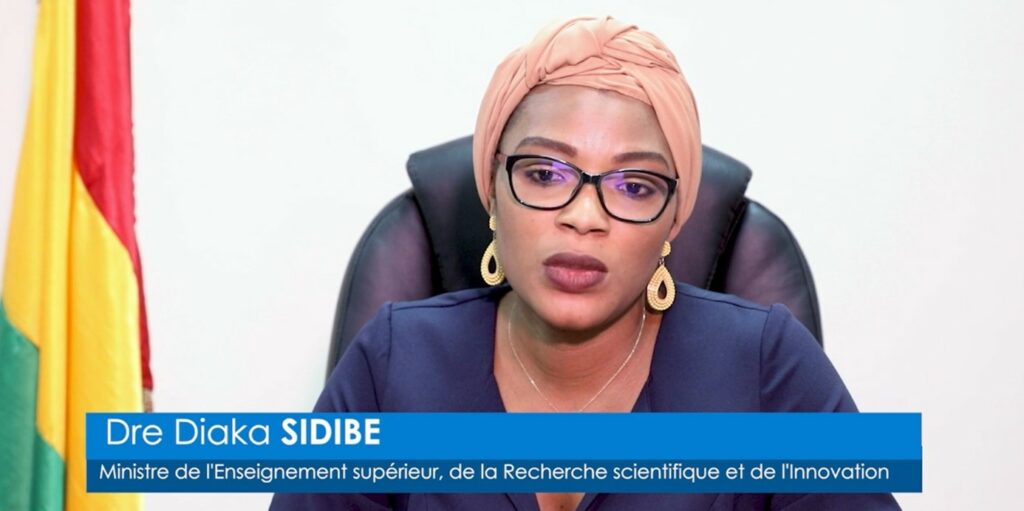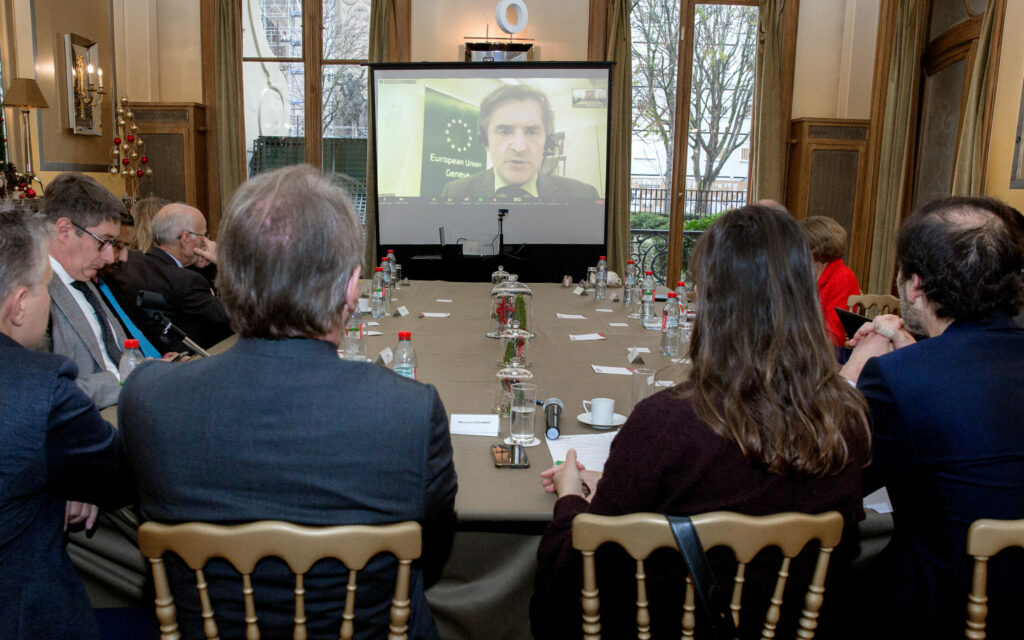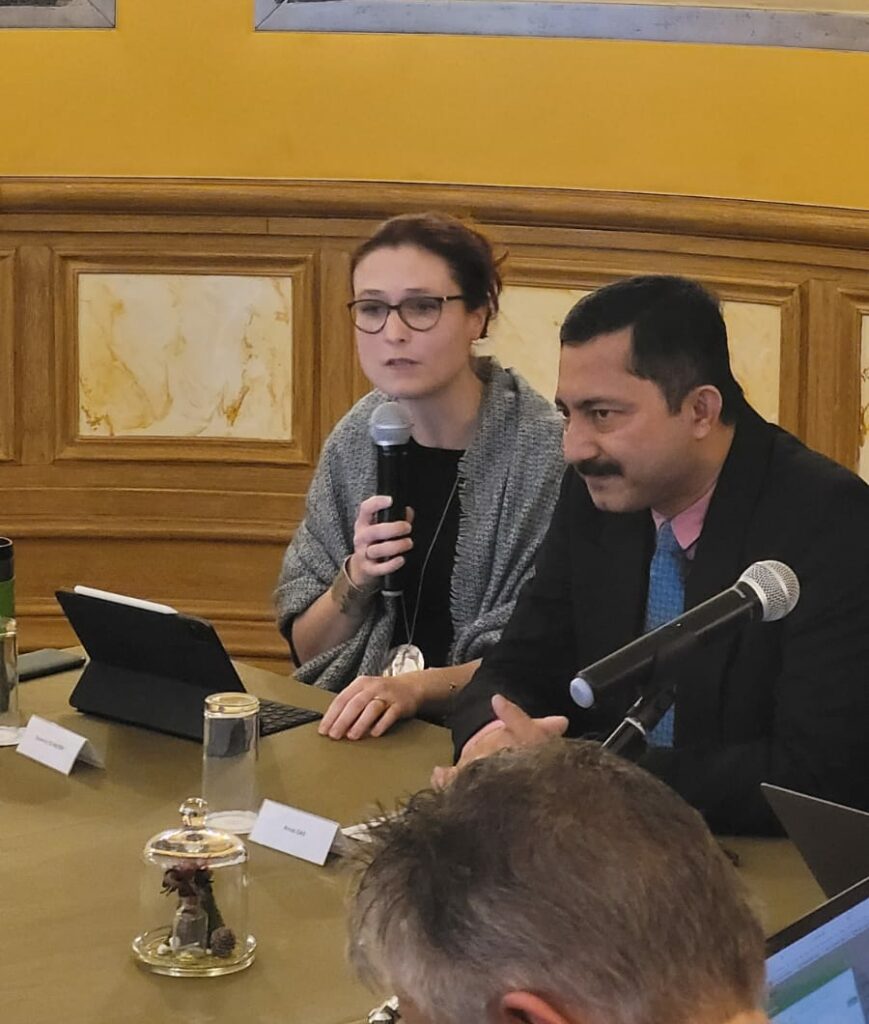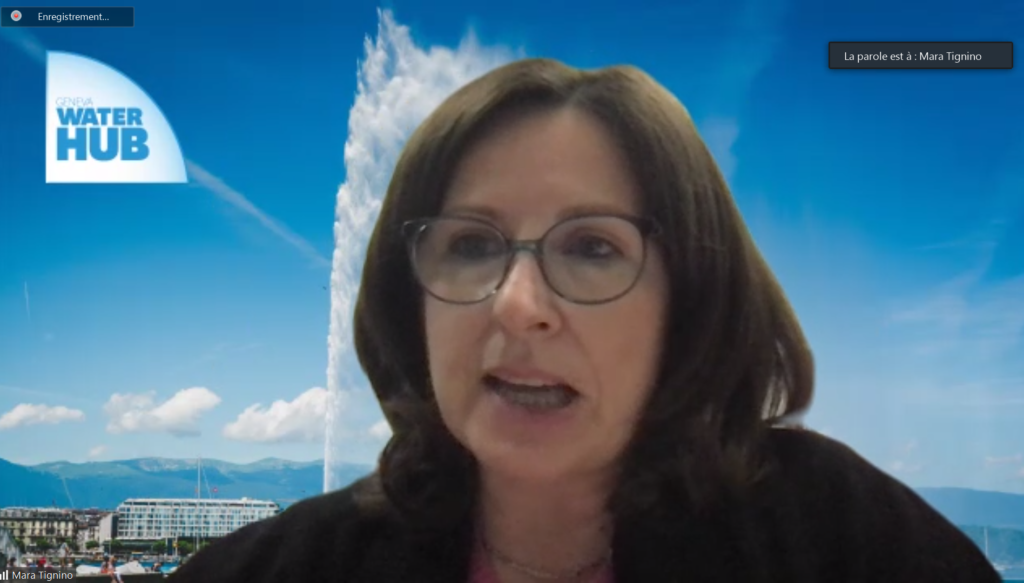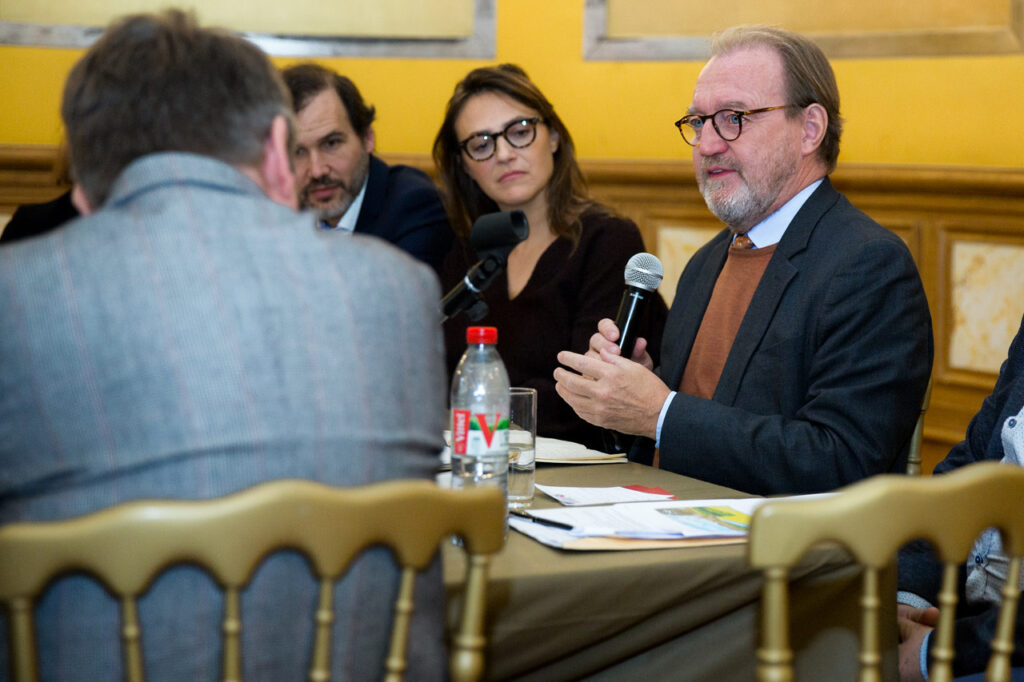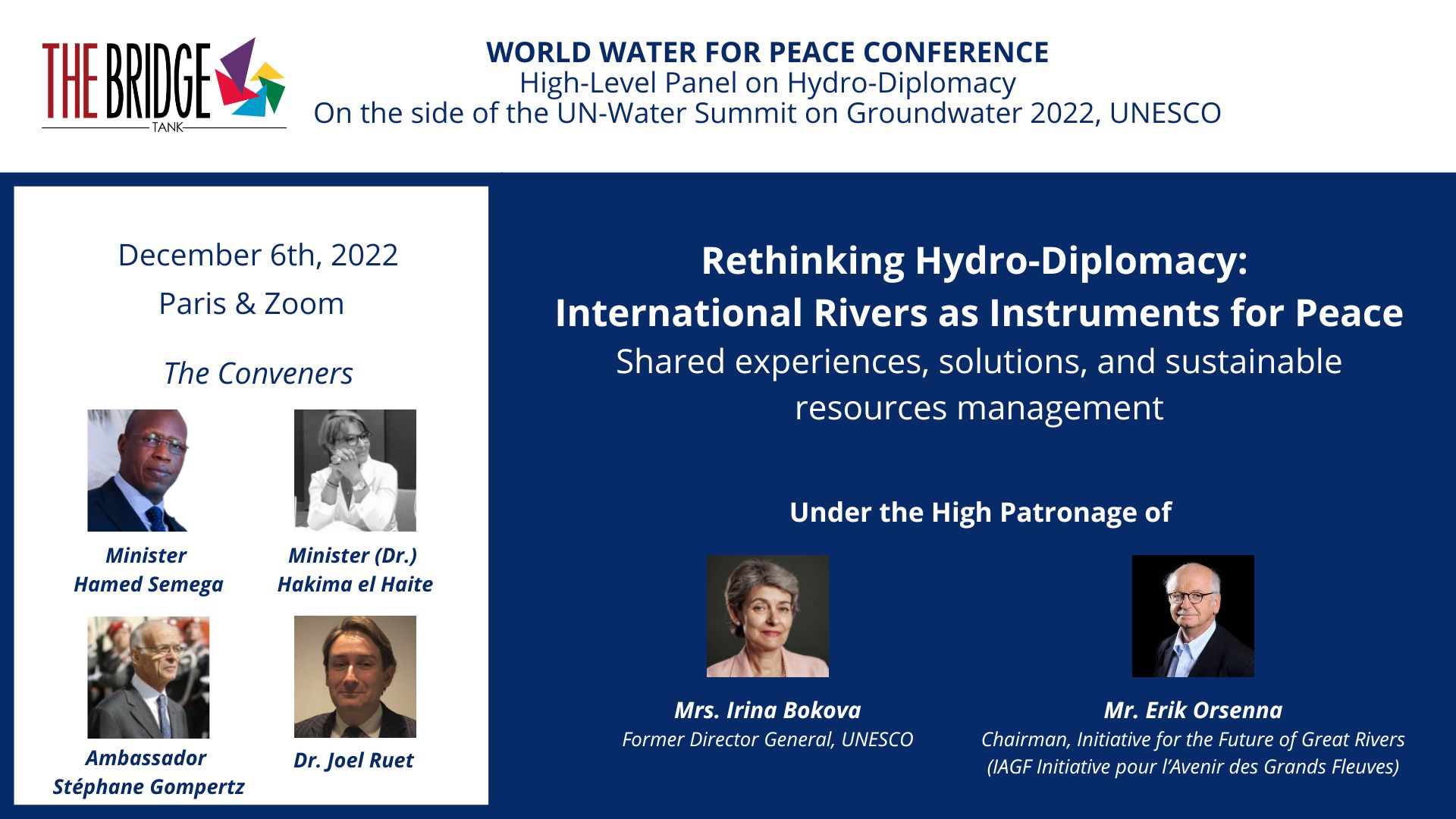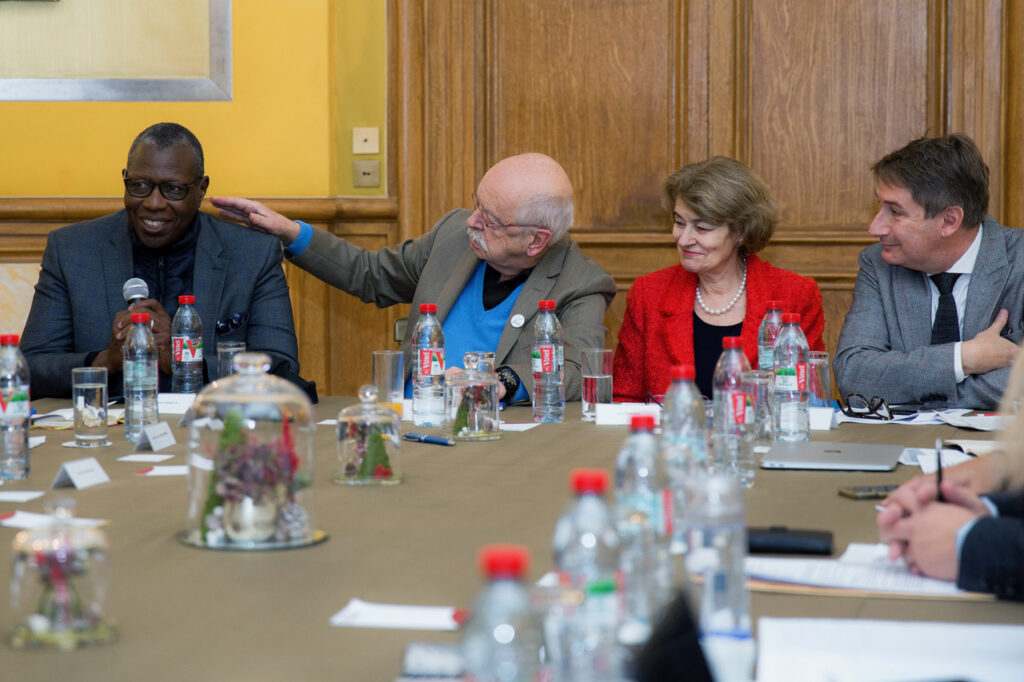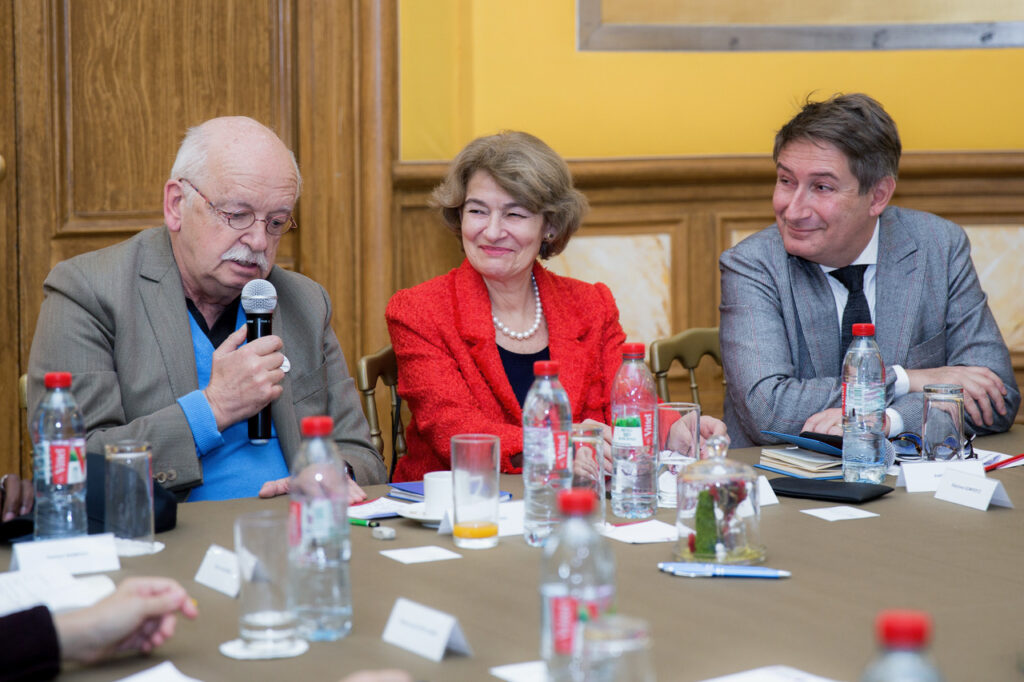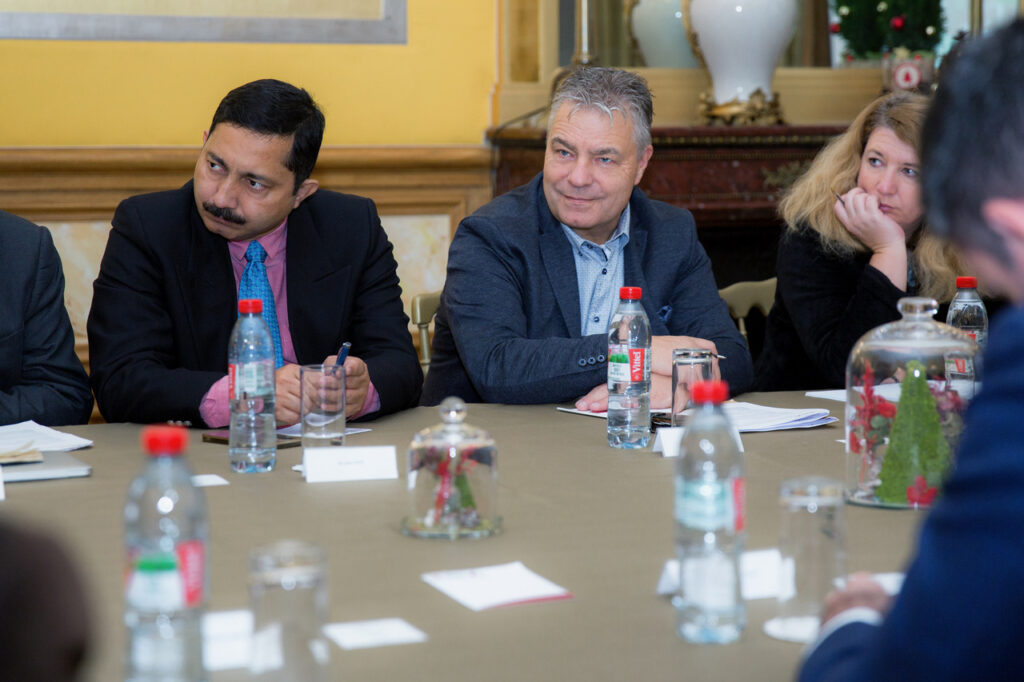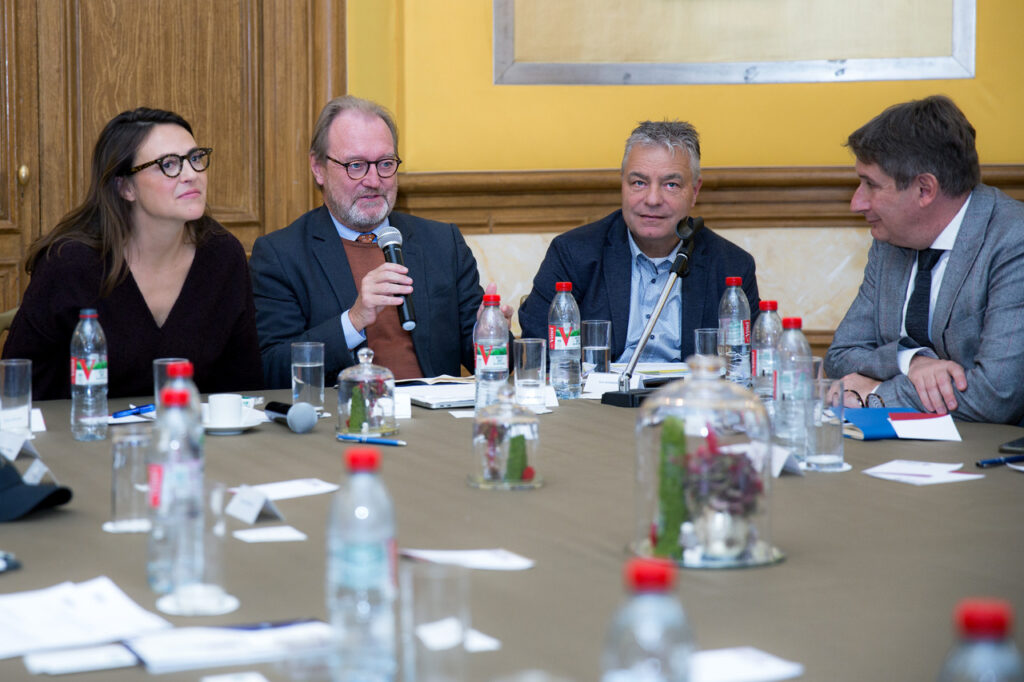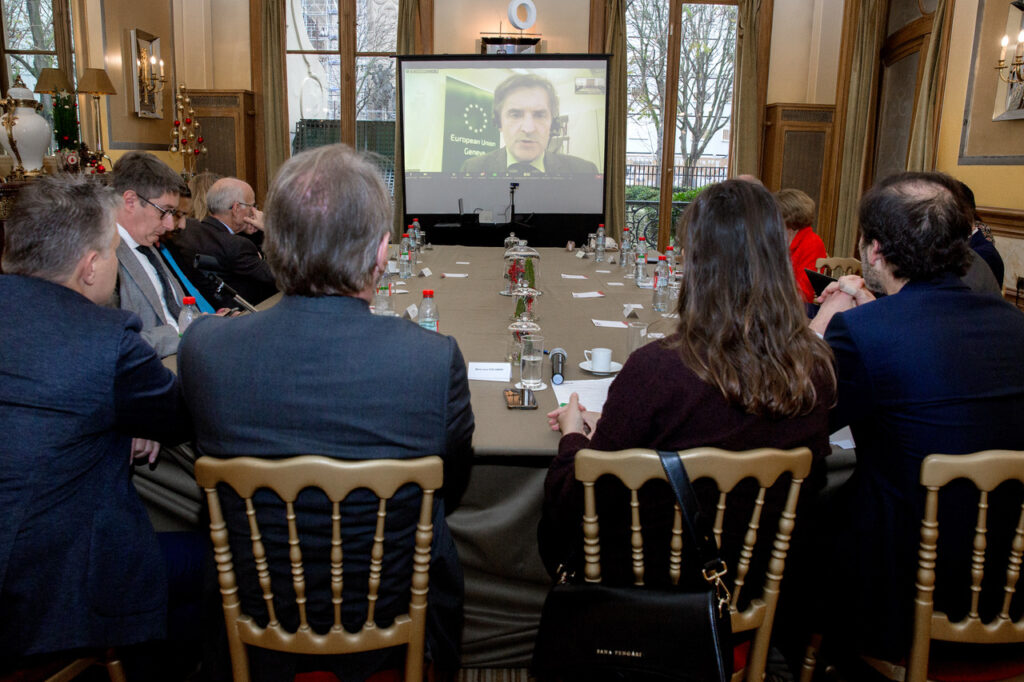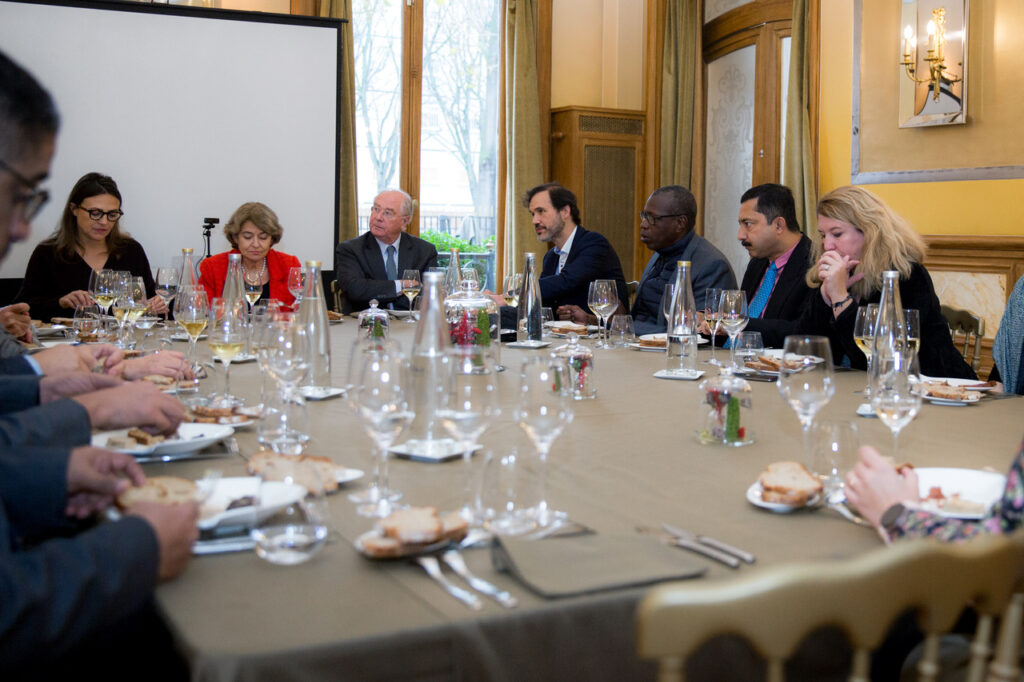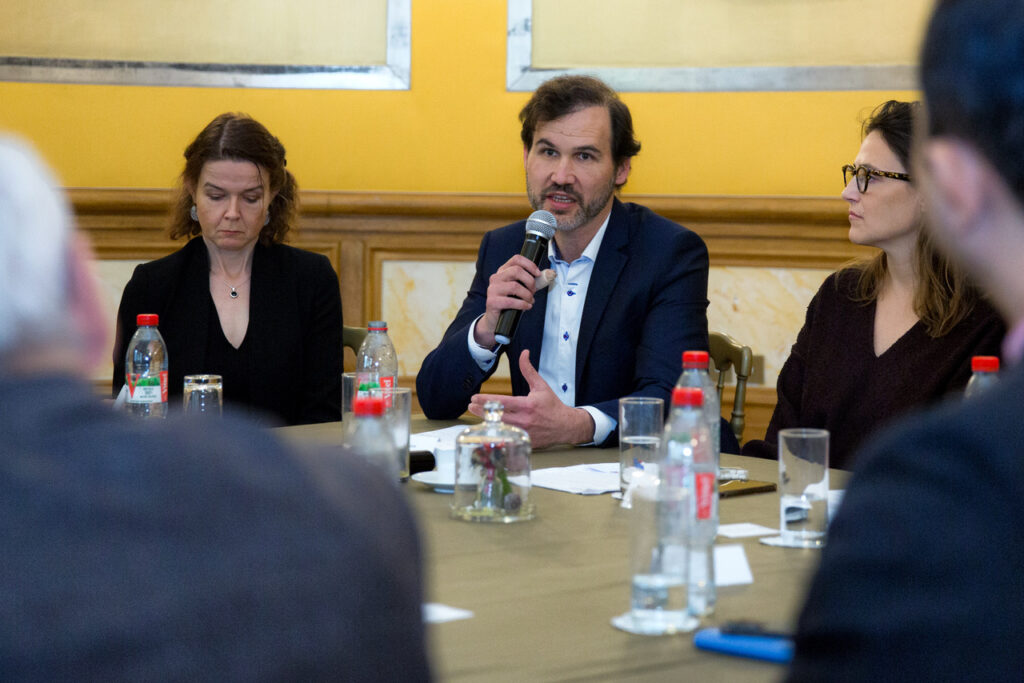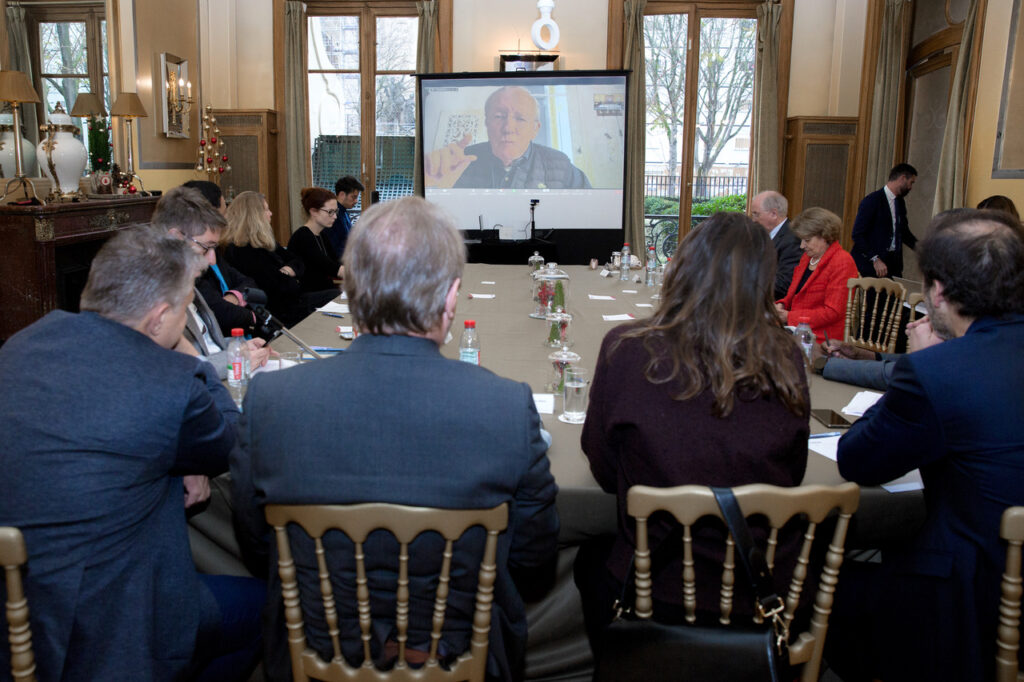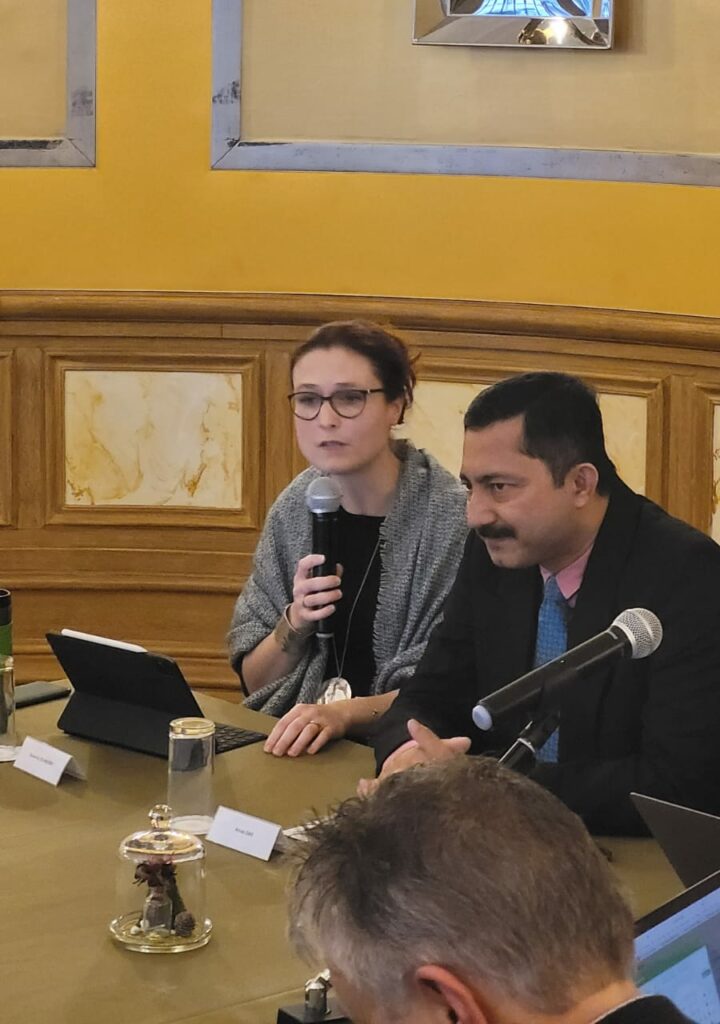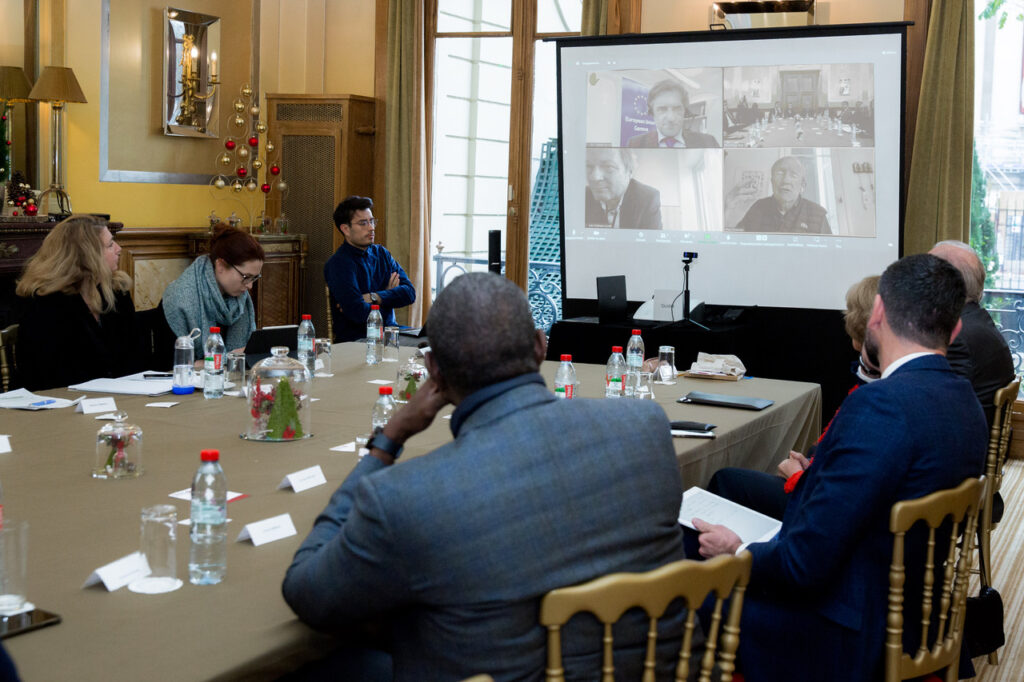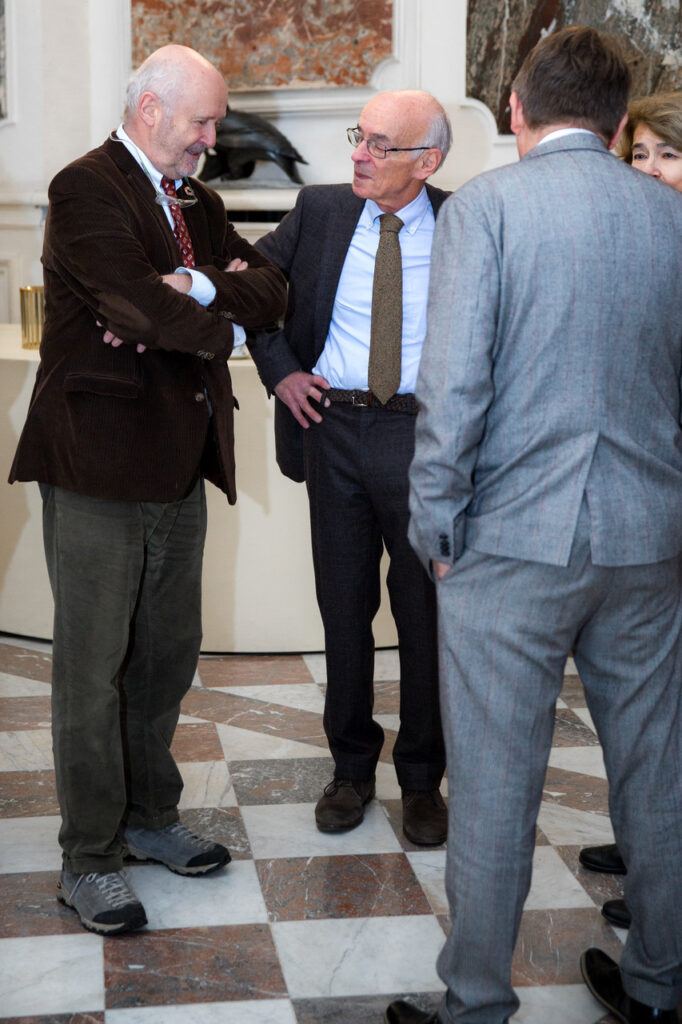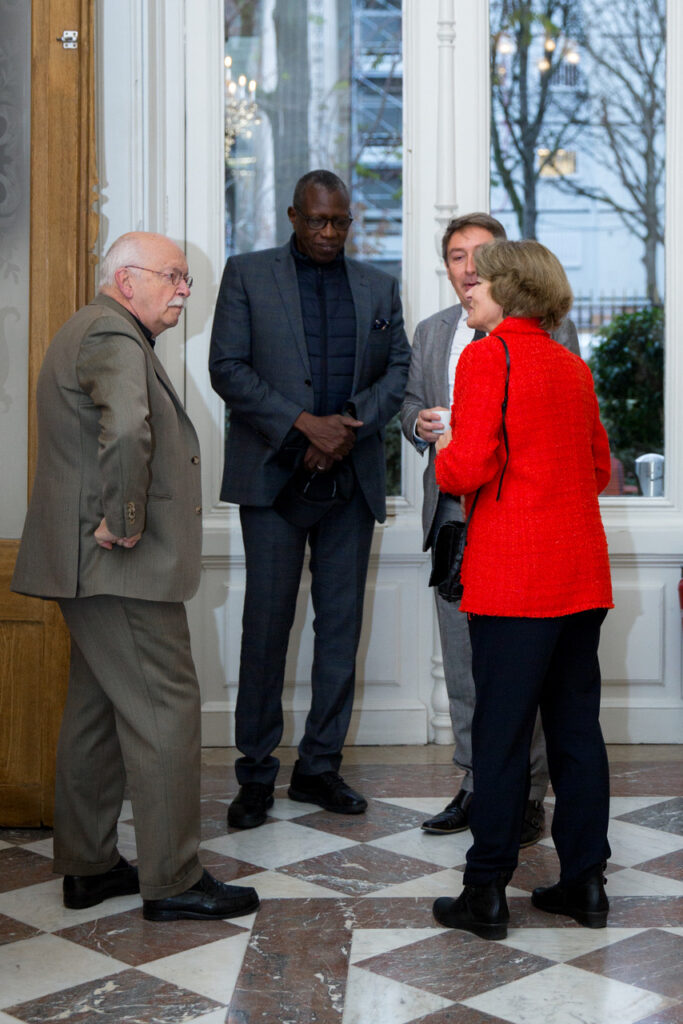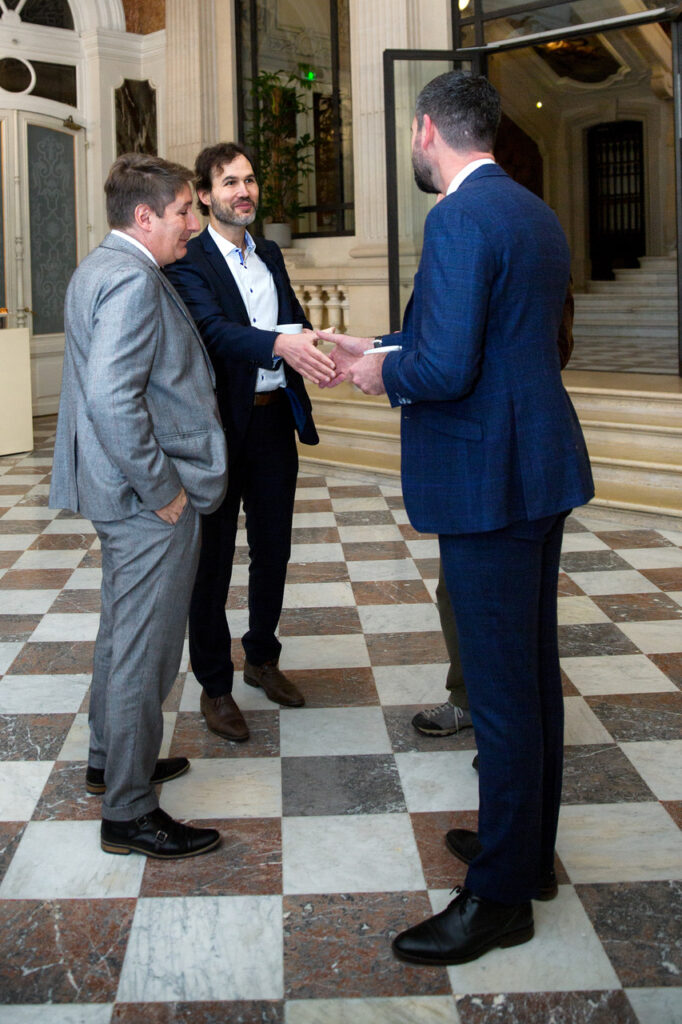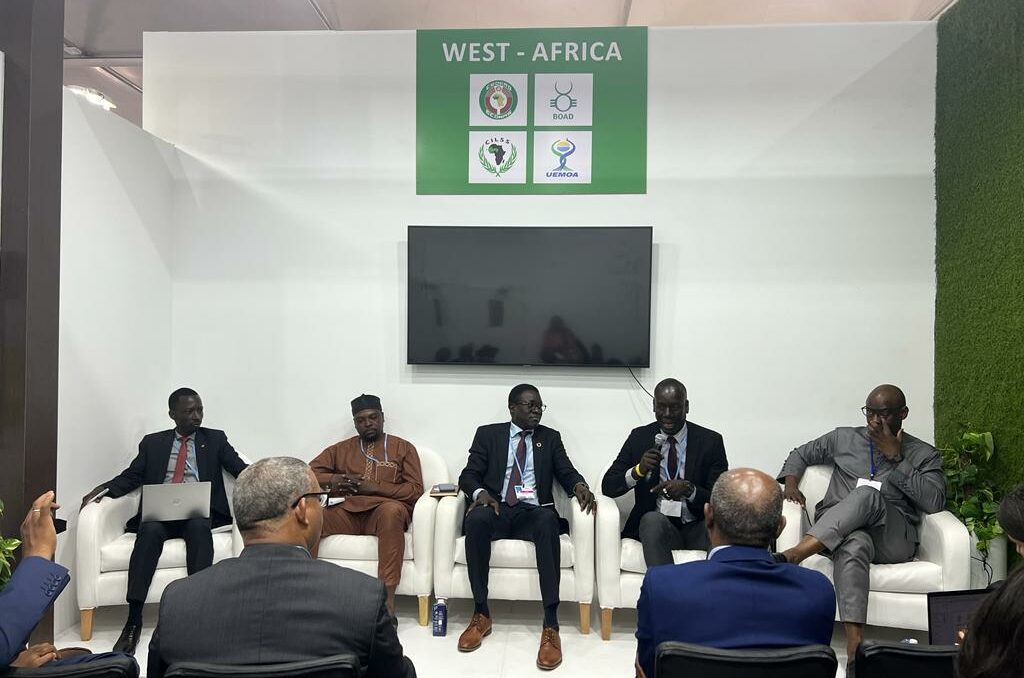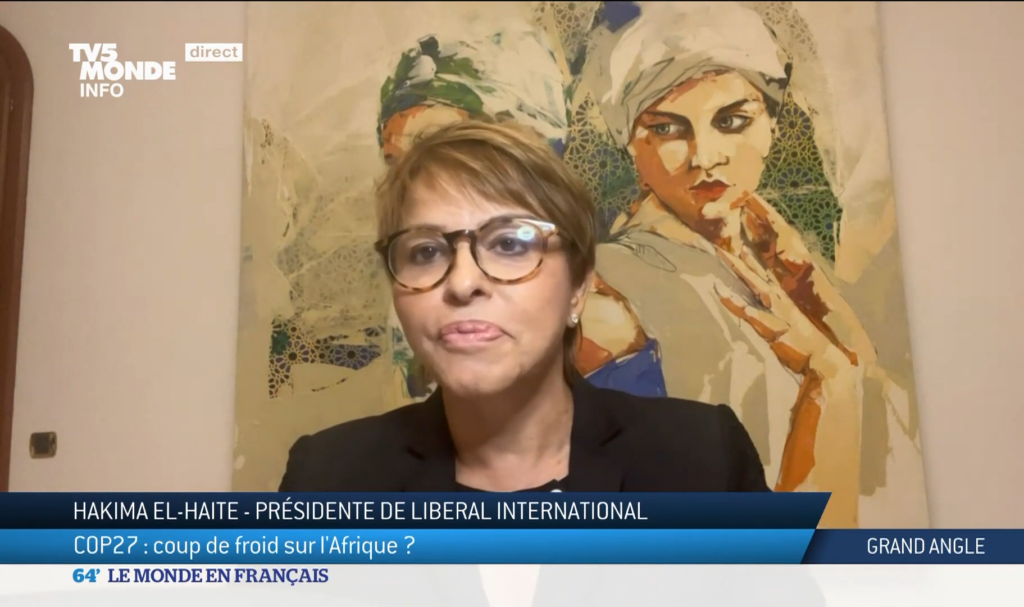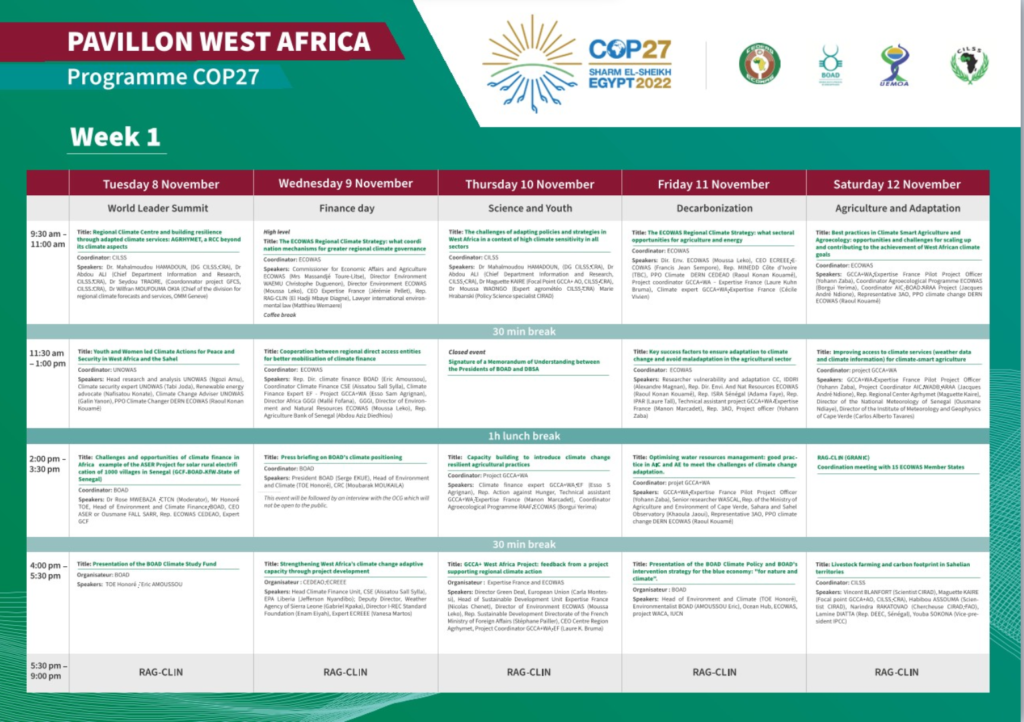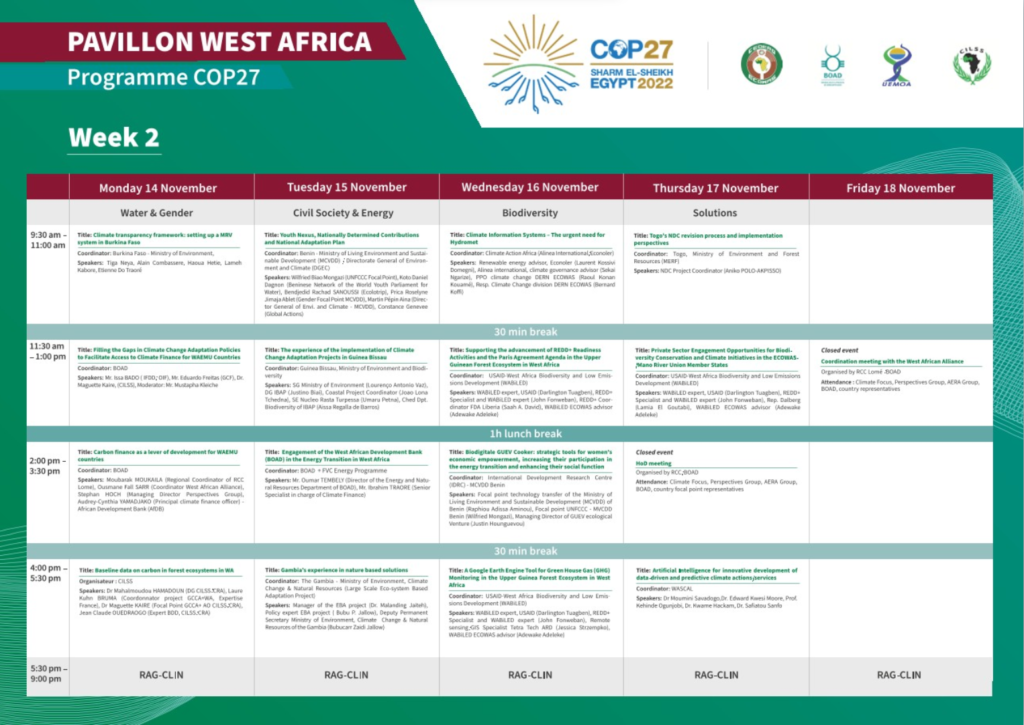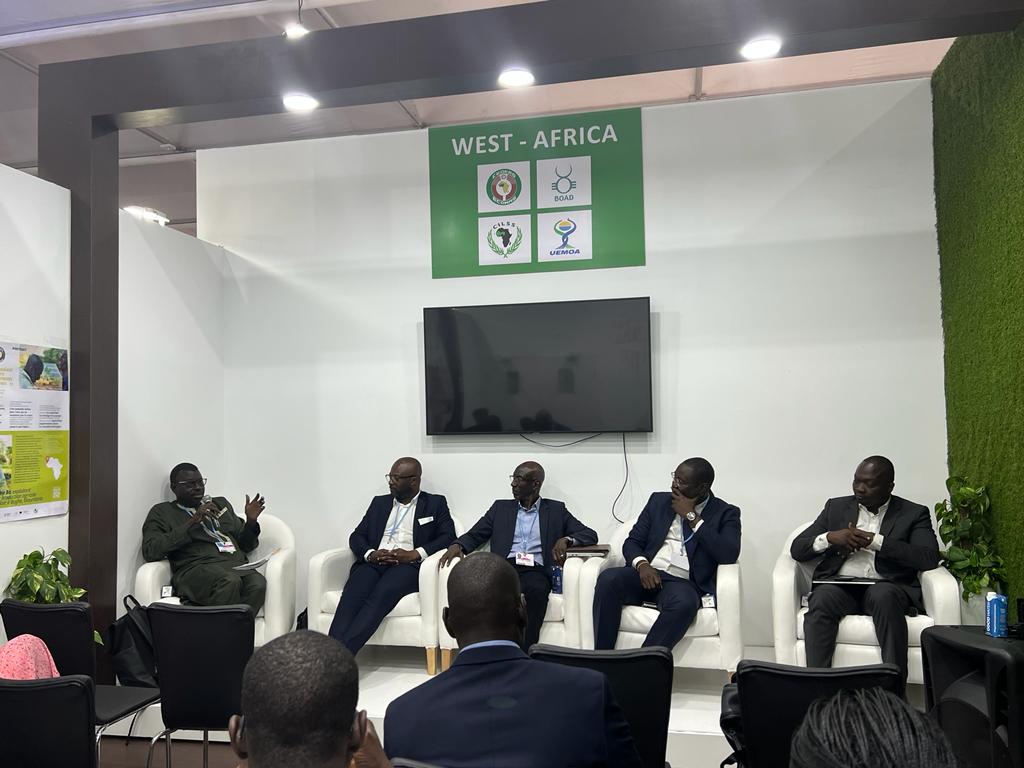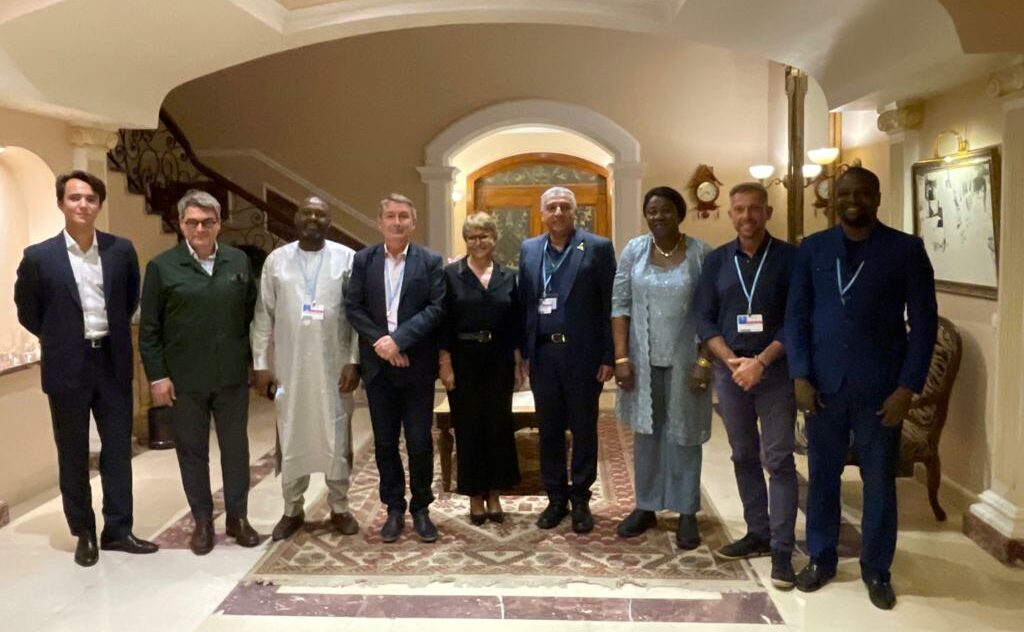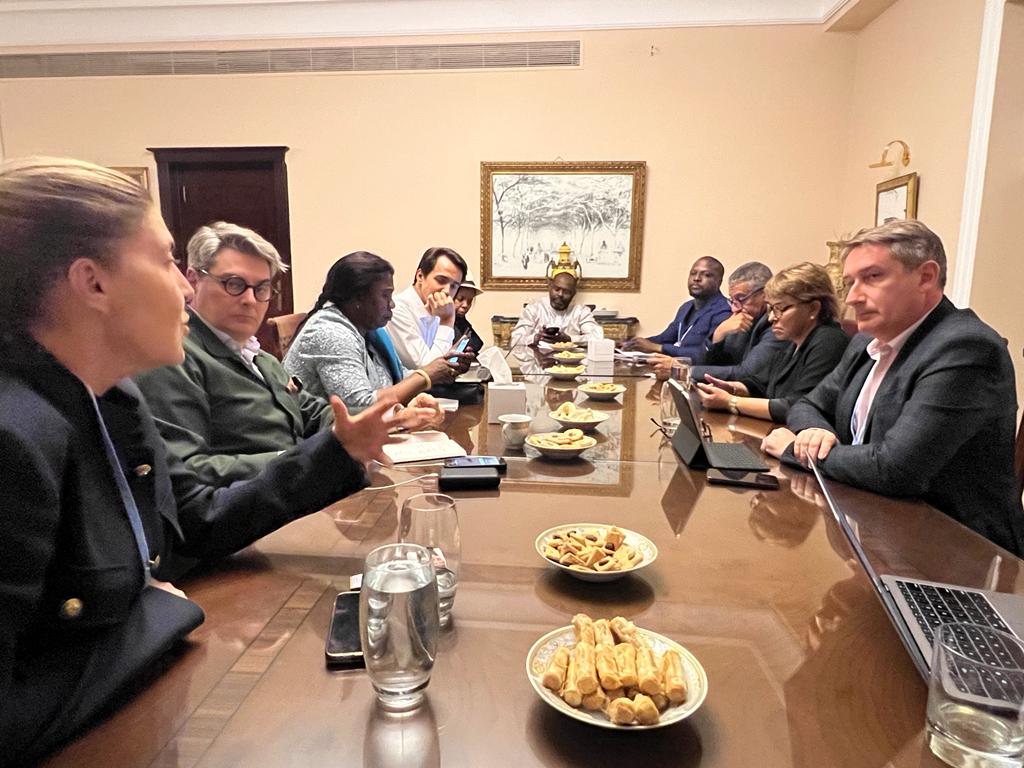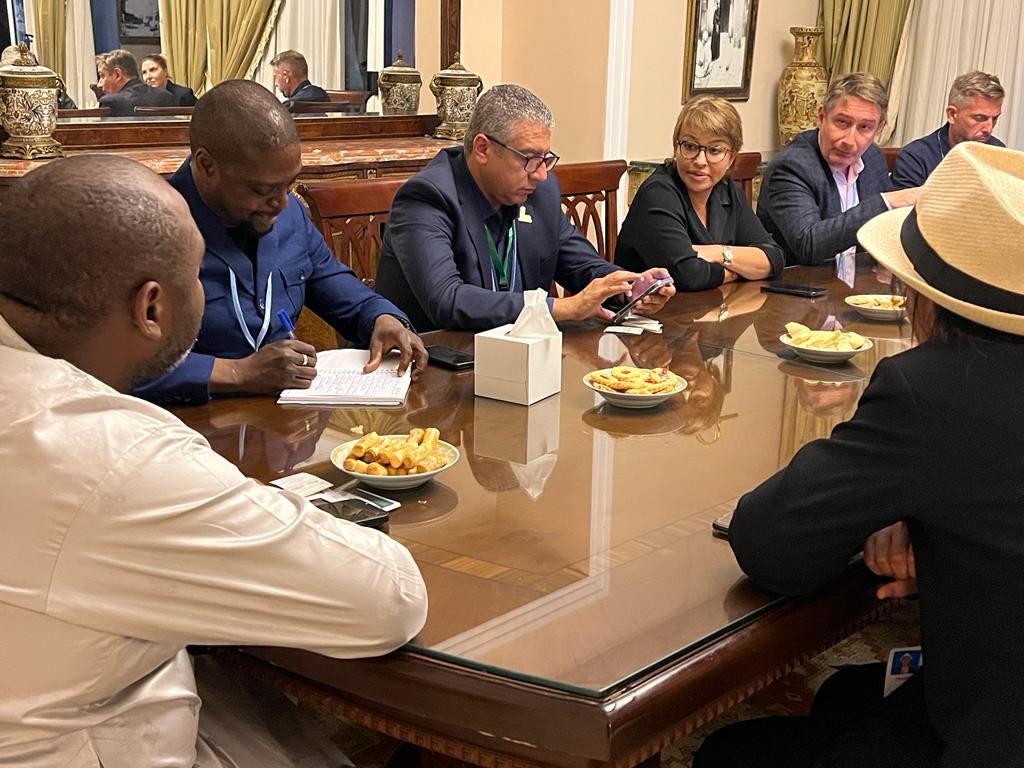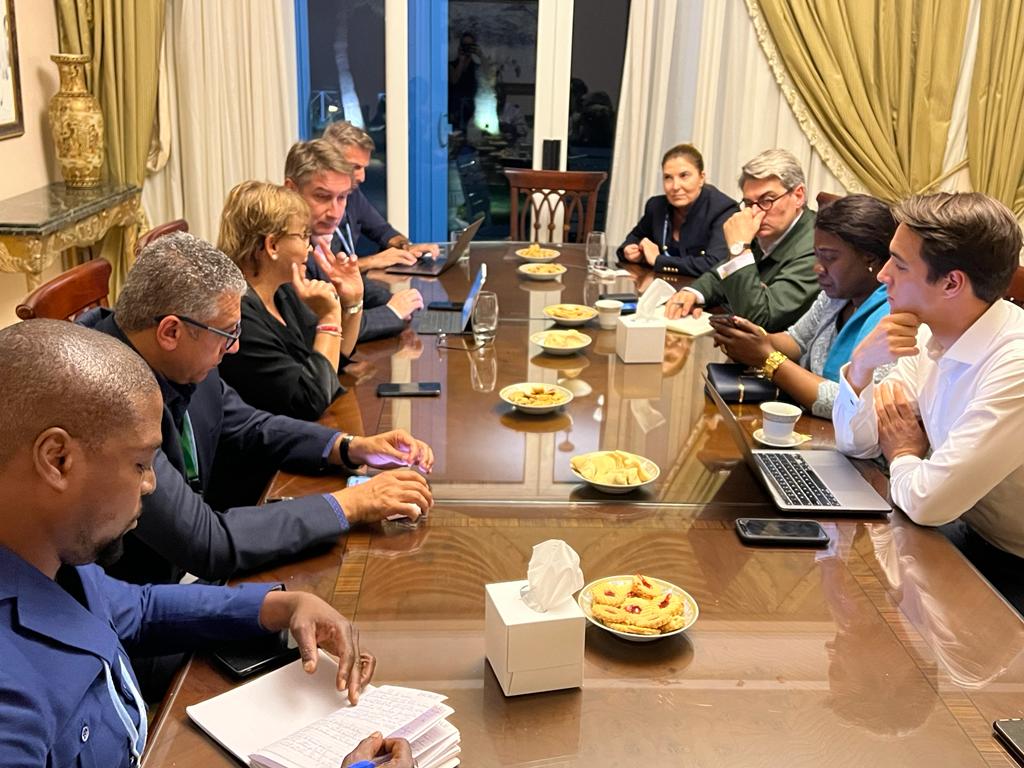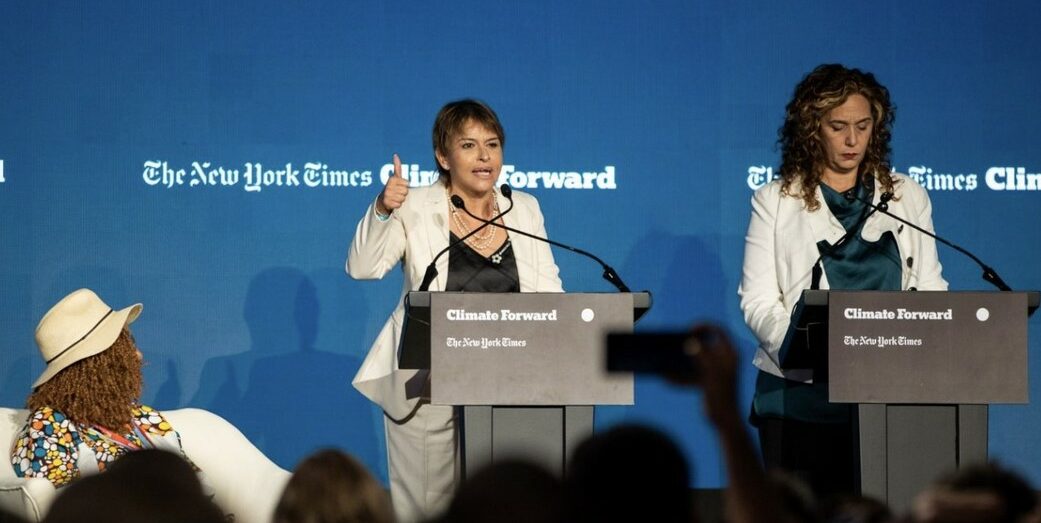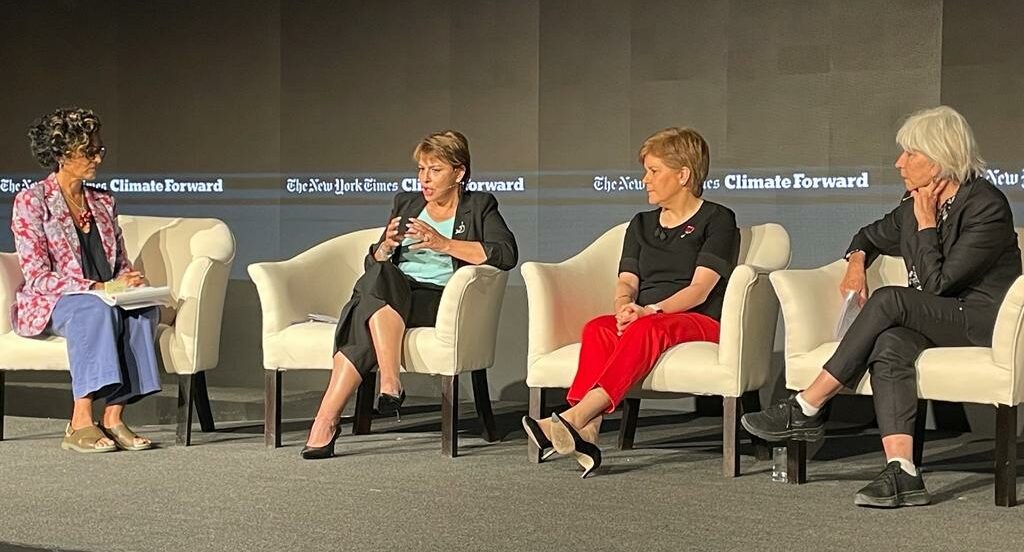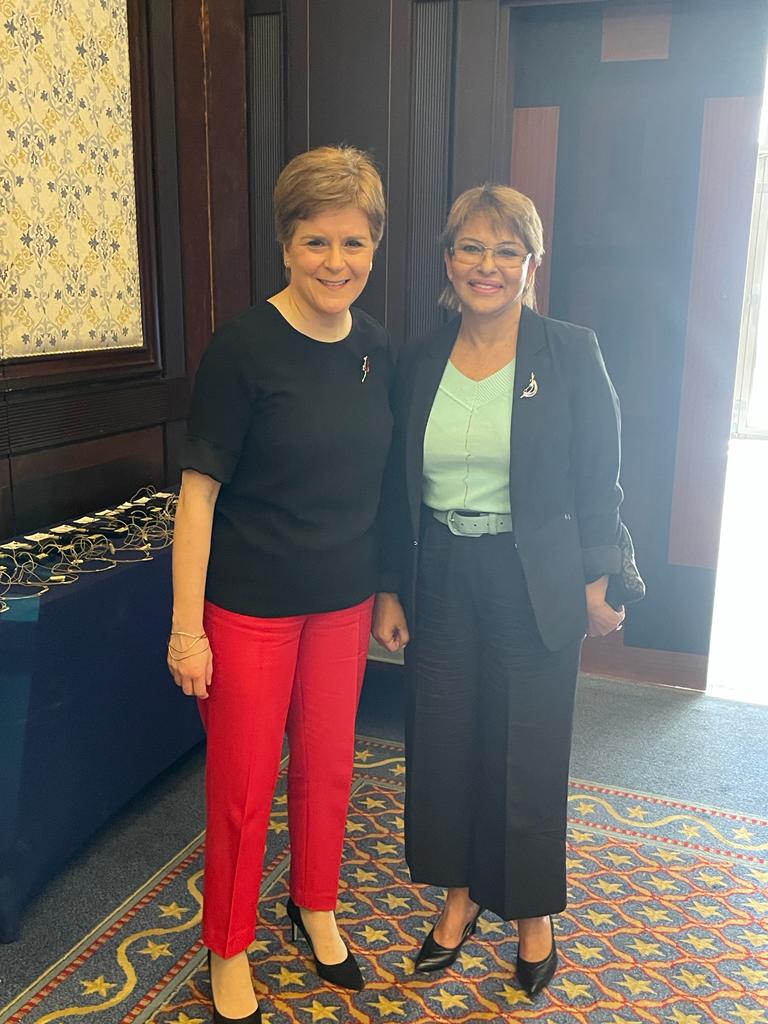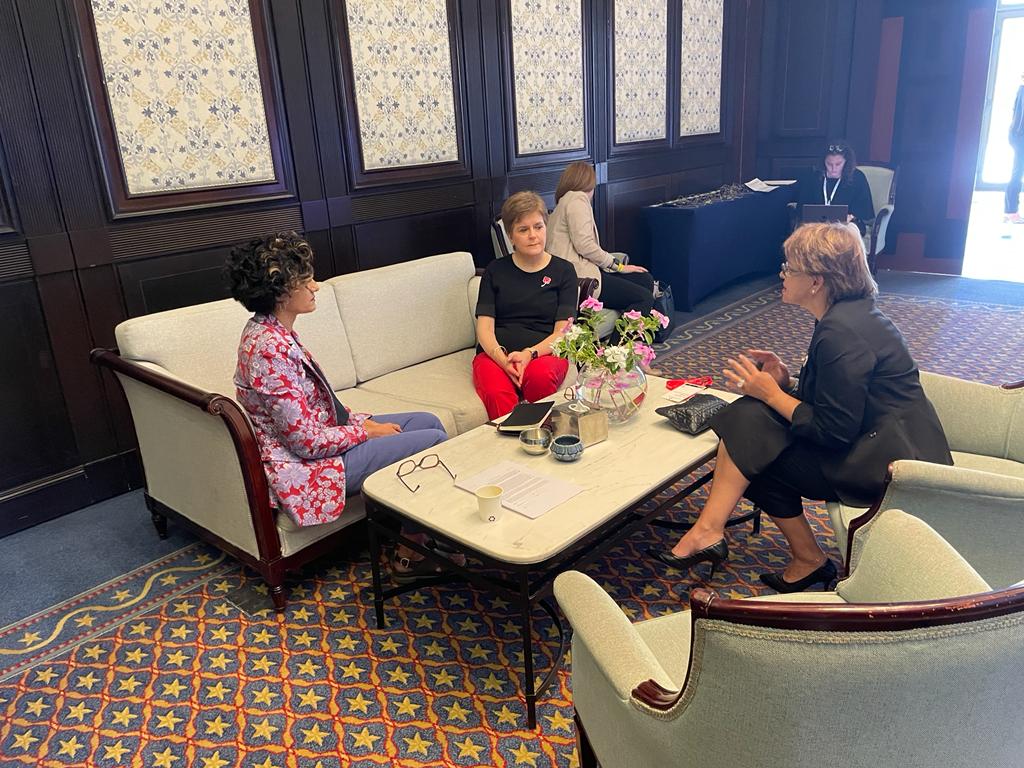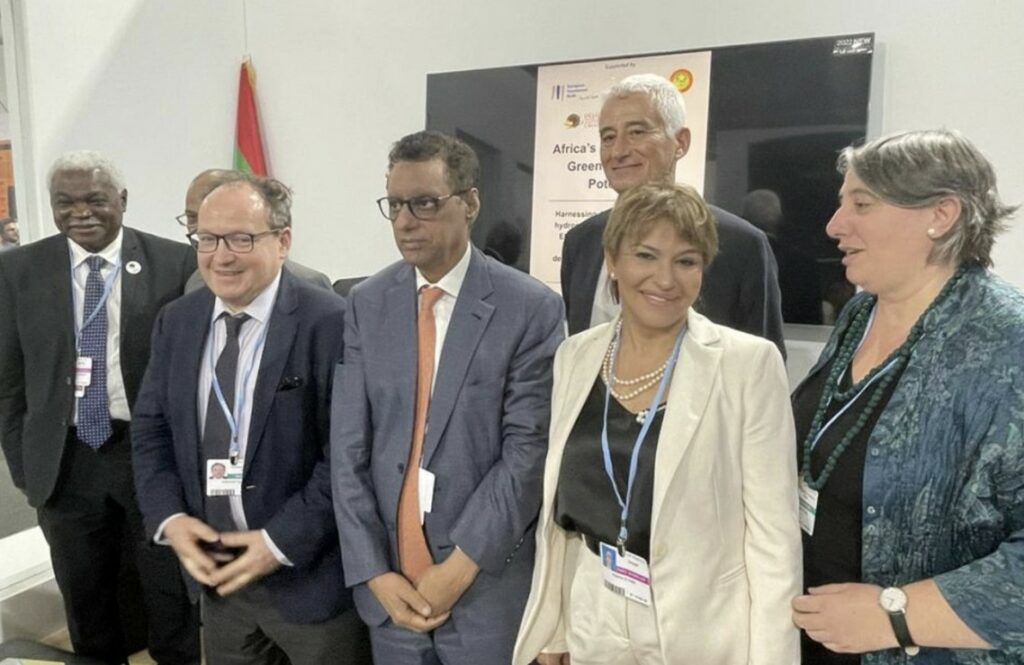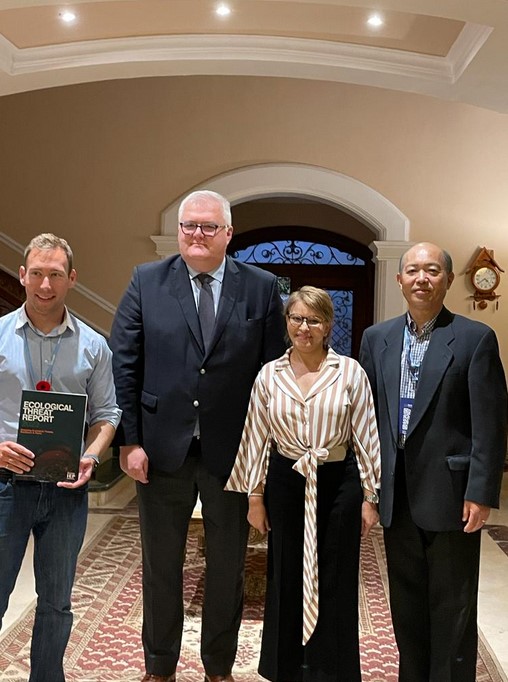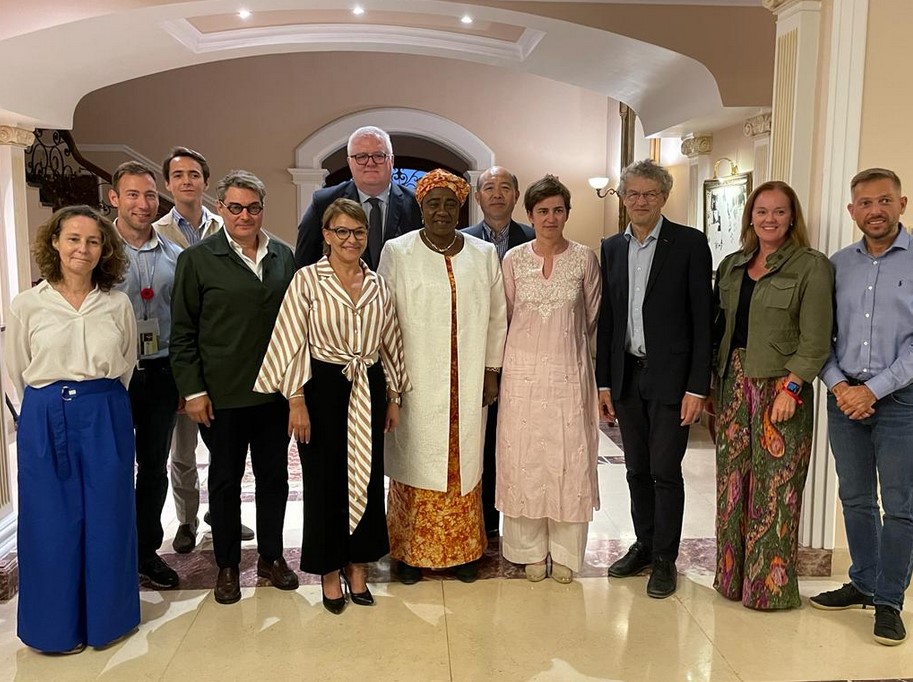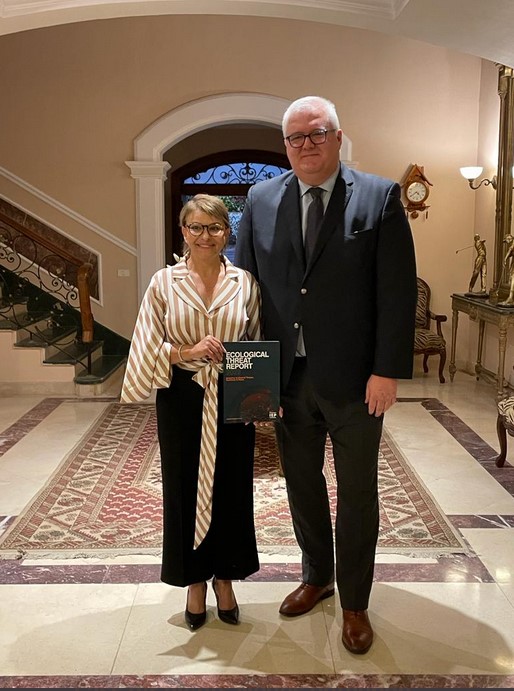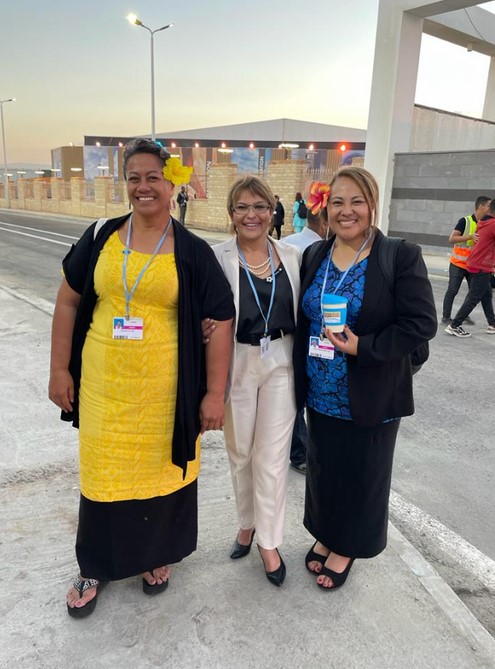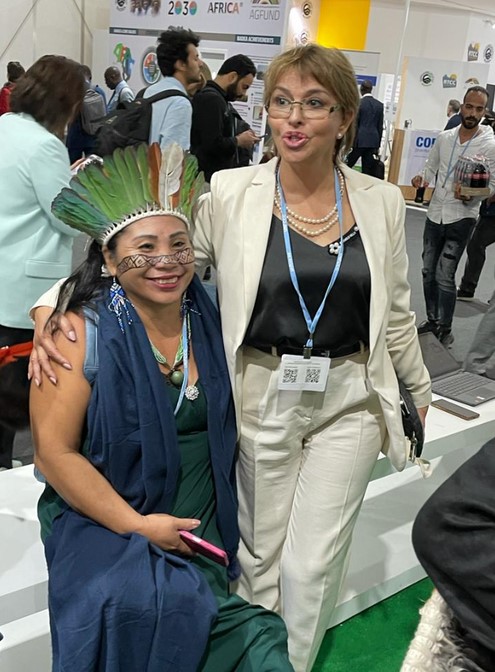UN 2023 Water Conference: The Bridge Tank & IFGR hold a side event on hydro-diplomacy
On 23 March, Day 2 of the UN 2023 Water Conference in New York, The Bridge Tank and Initiatives for the Future of Great Rivers (IFGR) coorganised an official side event on hydro-diplomacy “Towards an inclusive, pre-emptive, and positive hydro-diplomacy.” The side event’s partner organisation included the French Water Partnership, the Geneva Water Hub, IHE Delft, the International Network of Basin Organizations (INBO), the Chair Technology for Change of École Polytechnique, and APCO Worldwide, which hosted the session.
The session was moderated by Dr Joel RUET, President, The Bridge Tank, and Economist at Institut Interdisciplinaire de l’Innovation i3t, École Polytechnique.
Participants included:
- Minister Ms Mirela KUMBARO FURXHI, Minister of Tourism and Environment, Republic of Albania
- Dr Erik ORSENNA, Chairman, Initiative for the Future of Great Rivers (IAGF, Initiative pour l’Avenir des Grands Fleuves), Academician at Académie française
- Dr Christian BRETHAUT, Scientific Director, Geneva Water Hub (GWH), Global Observatory for Water and Peace (GOWP)
- Ms Marie-Laure VERCAMBRE, General Director, French Water Partnership
- Ms Alyssa OFFUTT, Researcher, IHE Delft Institute for Water Education
- Ms Clémence AUBERT, Head of Strategic Management, Compagnie Nationale du Rhône (CNR), France
- Dr Suvi SOJAMO, Senior Research Scientist, Finnish Environment Institute, & Senior Advisor, Water Cooperation and Peace – Finnish Water Way
The panel discussion delved deeper into the topic of hydro-diplomacy, building on The Bridge Tank enduring commitment to the issue, which had already seen the organisation join forces with Initiatives for the Future of Great Rivers in March 2022 for a side event on hydro-diplomacy at the World Water Forum in Dakar. The Bridge Tank’s interest in contributing to this issue had reached another milestone on December 6th, 2022 with a high level panel on hydro-diplomacy in Paris, on the side of the UN-Water Summit on Groundwater 2022, coordinated by UNESCO.
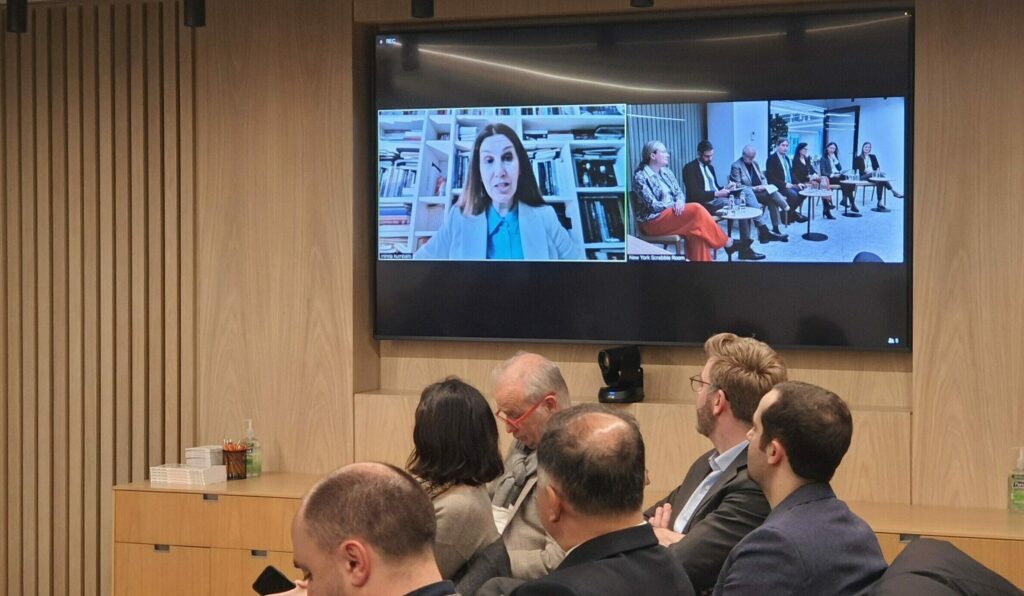
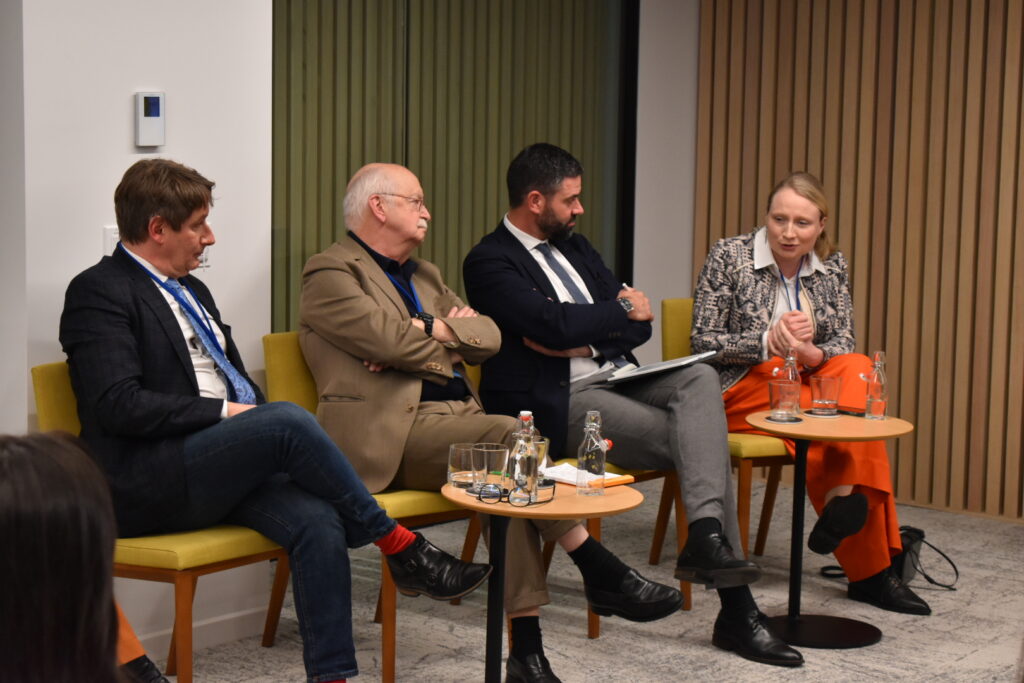
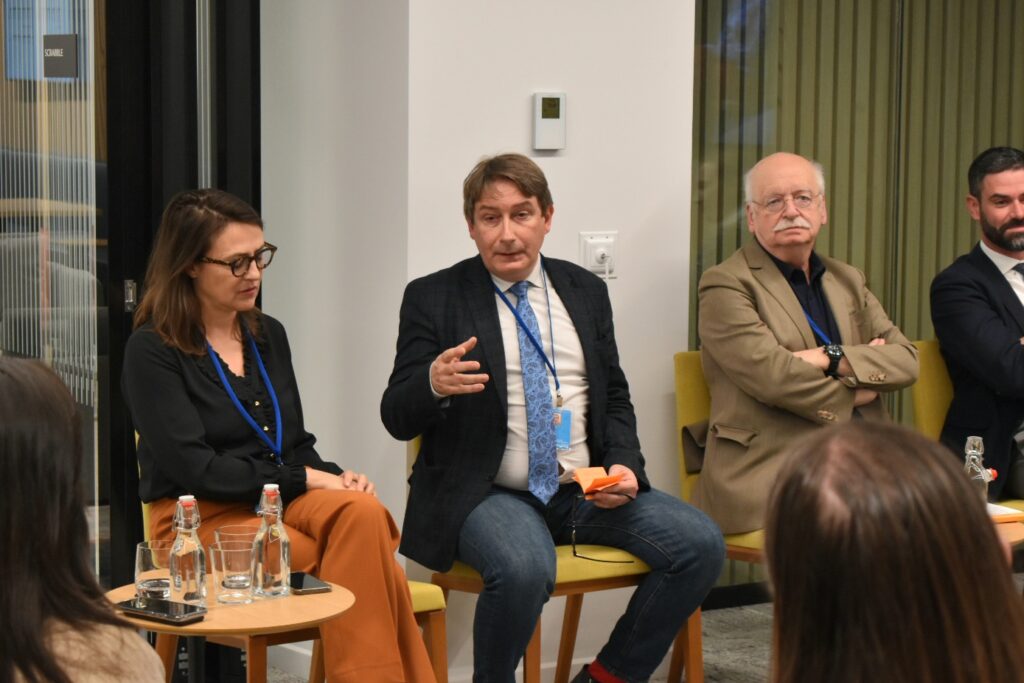
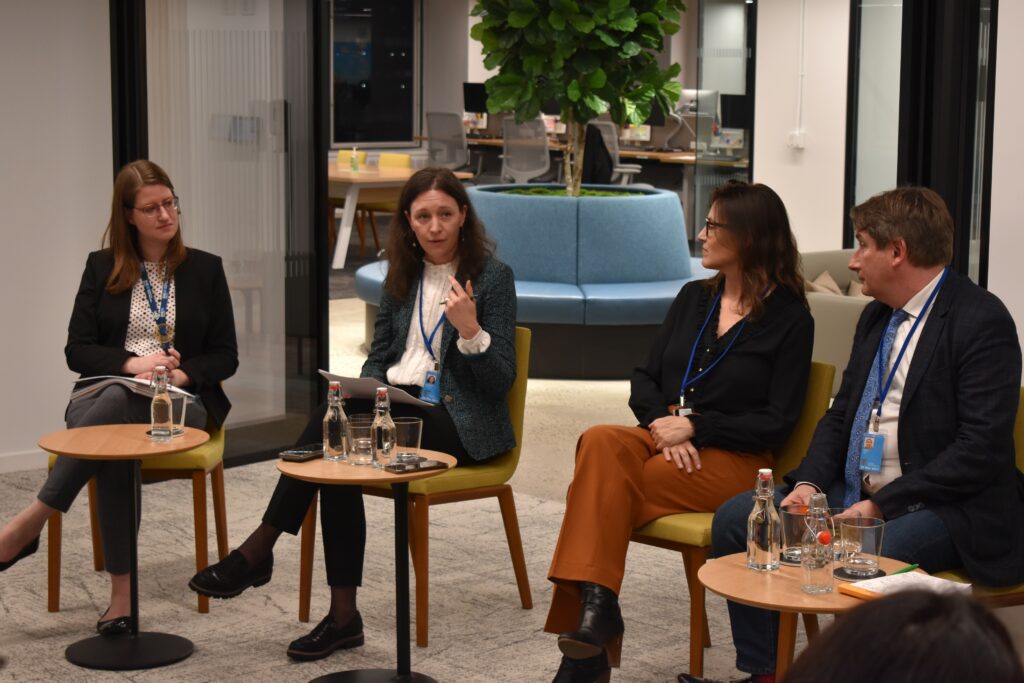
This side event, titled “Towards an inclusive, pre-emptive, and positive hydro-diplomacy” explored a diversity of initiatives, tools, institutional mechanisms and understandings of hydro-diplomacy which are being developed around the world and which could be mobilized within an enlarged and renewed practice of hydro-diplomacy. Examples of the Vjosa River in Albania or the Rhone River in France, offered by Minister Kumbaro Furxhi and Ms Aubert respectively, provided two complementary approaches to sustainable multi-sectoral water resources management and renaturation programmes, one through a wild river national park – the first of its kind in Europe – the other through a company’s endeavor at renaturation.
The session aimed to expand the conversation and practice of hydro-diplomacy beyond the sole activity of diplomats, in order to make it more inclusive. Discussions therefore examined how to connect track 1 and track 2 diplomacy, integrating the scientific community and water practitioners within track 1 diplomacy, something Finland has notably excelled at in its approach and practice of hydro-diplomacy over the years. Furthermore, contributions stressed the central role of the Water Convention as a shared foundation and common language on which to build new water cooperation frameworks and agreements, as noted by Alyssa Offutt from the IHE Delft Institute for Water Education, and the development of data, engagement, and tools as contributing factors to the establishment of long lasting peace, as the work of the Geneva Water Hub exemplifies.
The water services industry is nowhere near left out of this process; it has accomplished a notable environmental transformation, as can be seen with the French Water Partnership, which was the civil society backbone of “Team France” at the Conference.
Closing the session, Hamed SEMEGA, former High Commissioner of the Senegal River Basin Development Organisation (OMVS, Organisation de Mise en Valeur du fleuve Sénégal) announced the launch of Water for Peace Africa Foundation in partnership with The Bridge Tank, IFGR, and West African River Basin Organisations. The foundation will aim to promote full cooperation between all stakeholders throughout the region and for them to share information and good practices to sustain peace.
